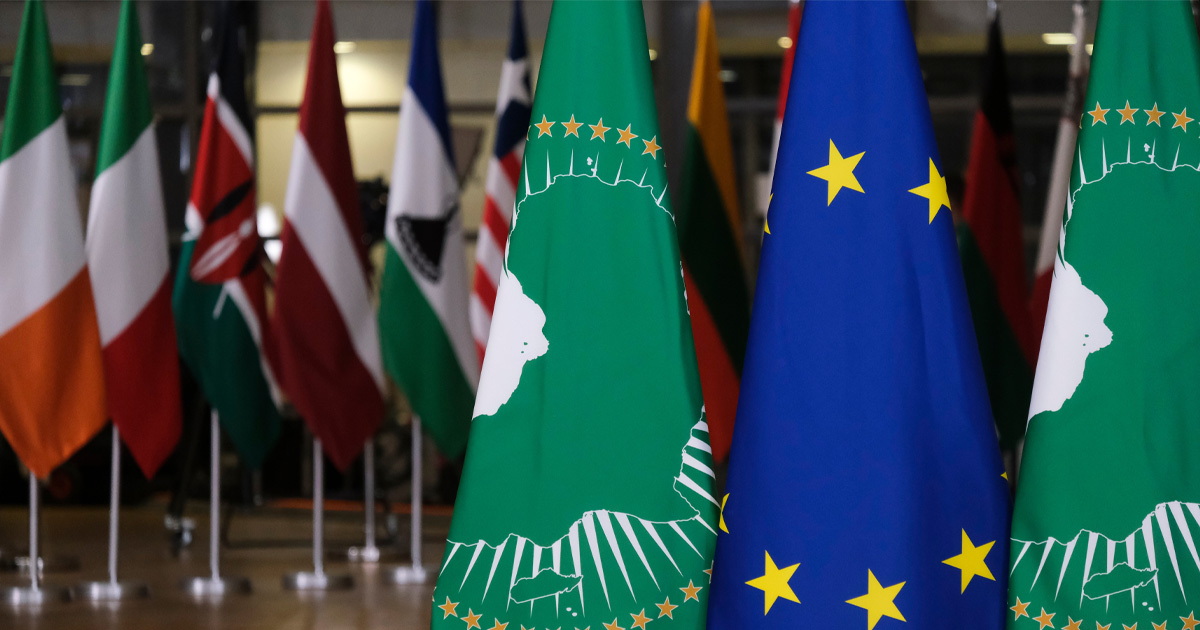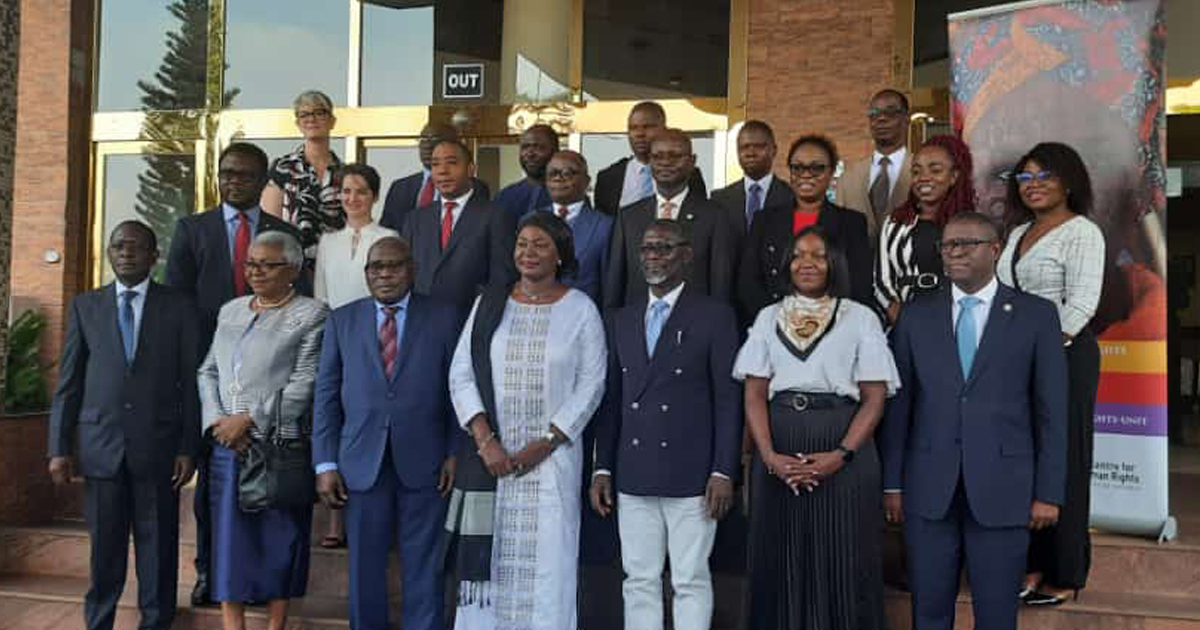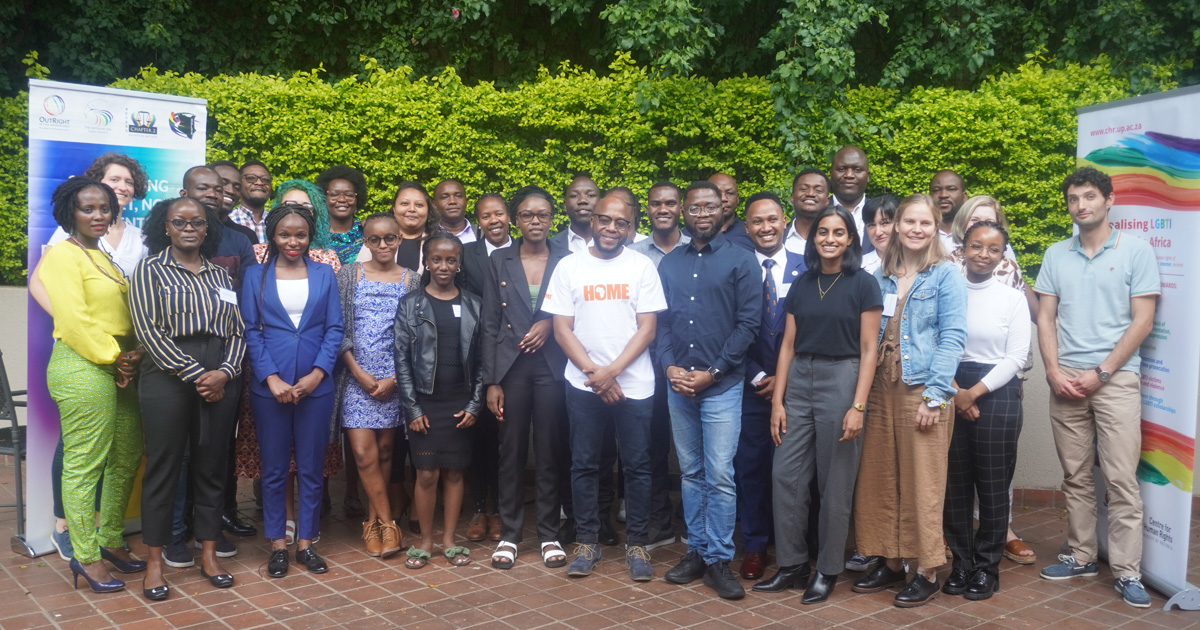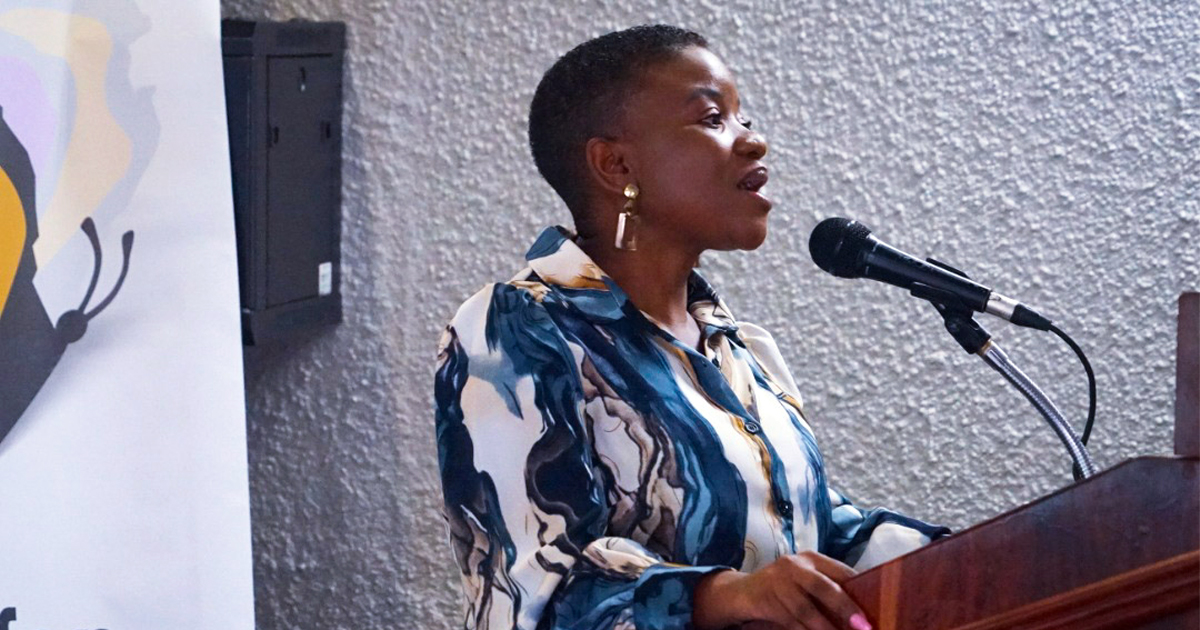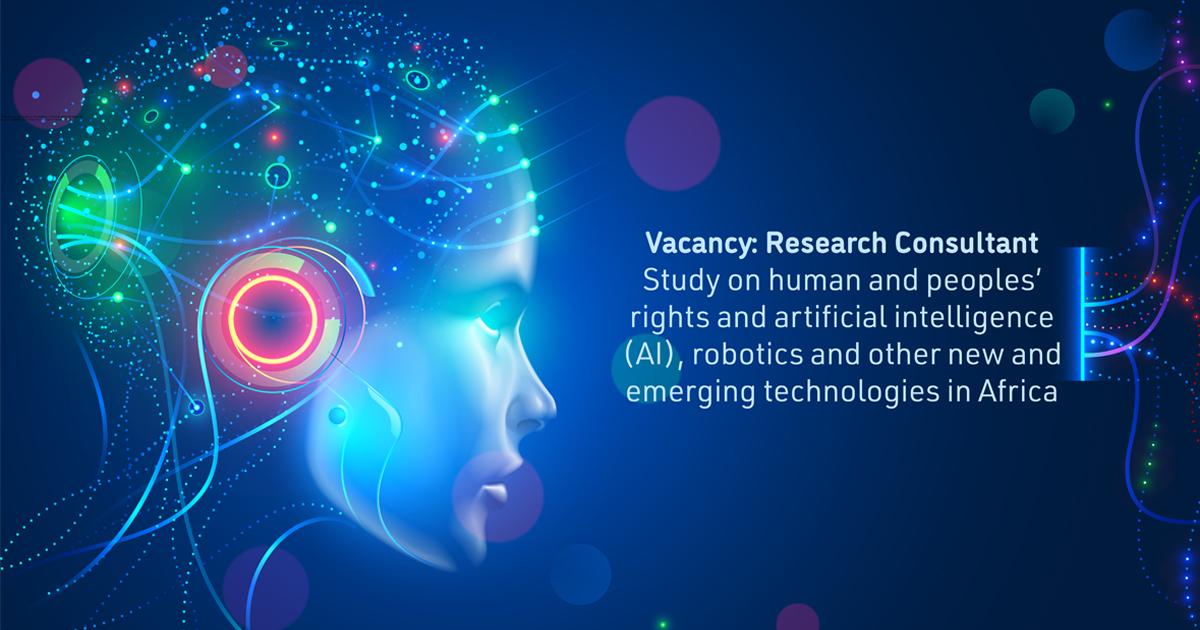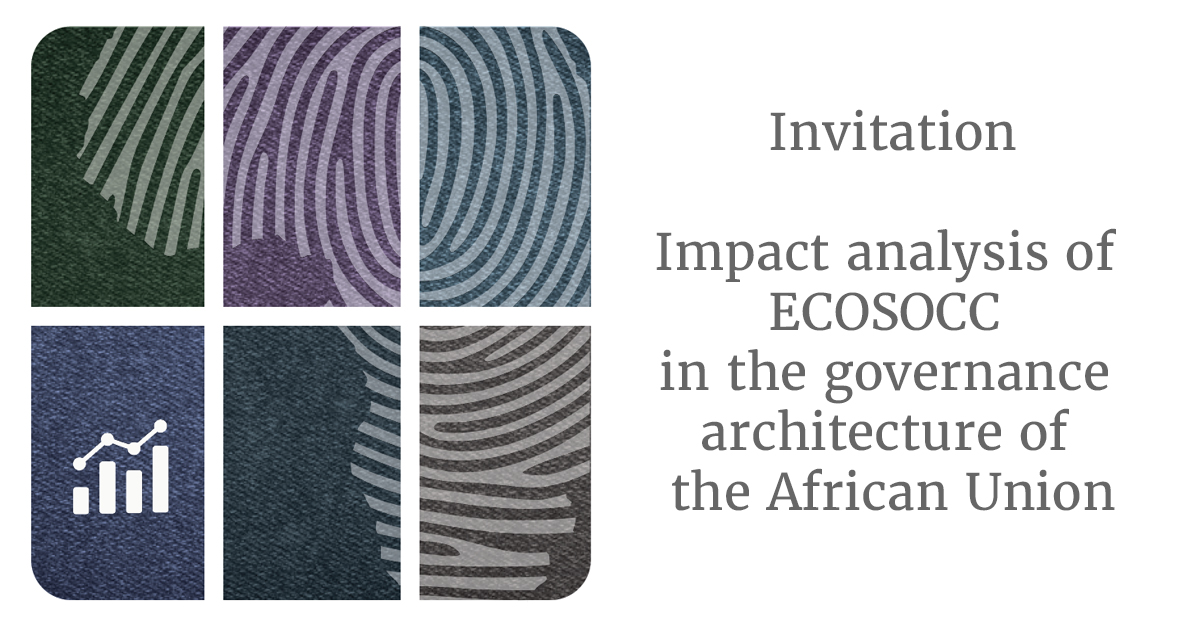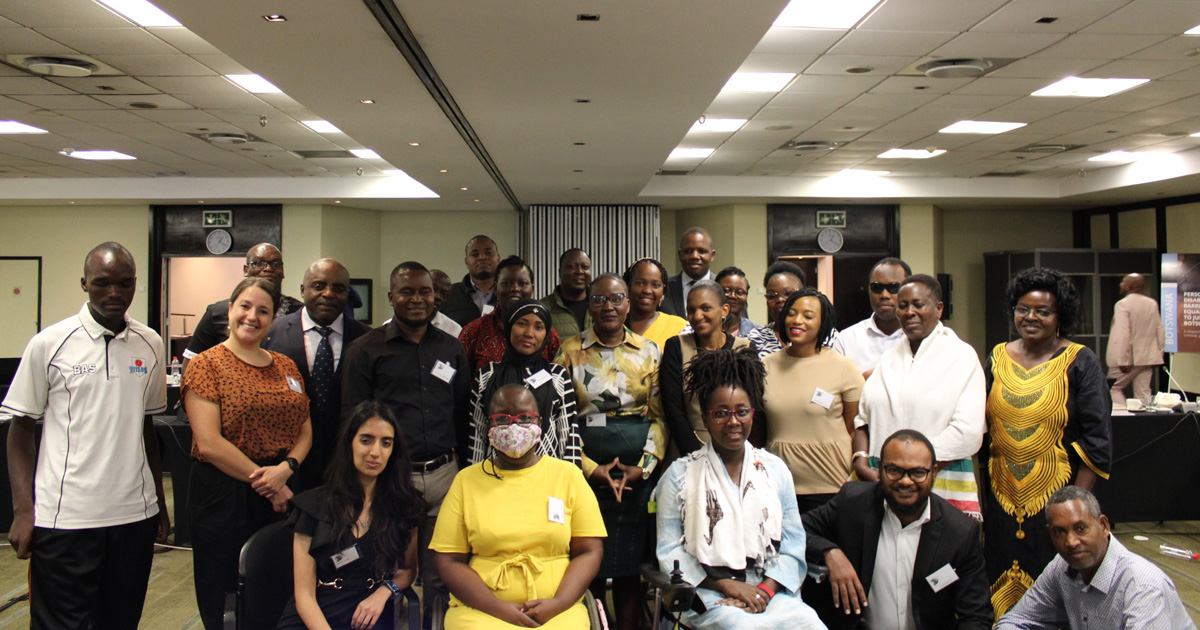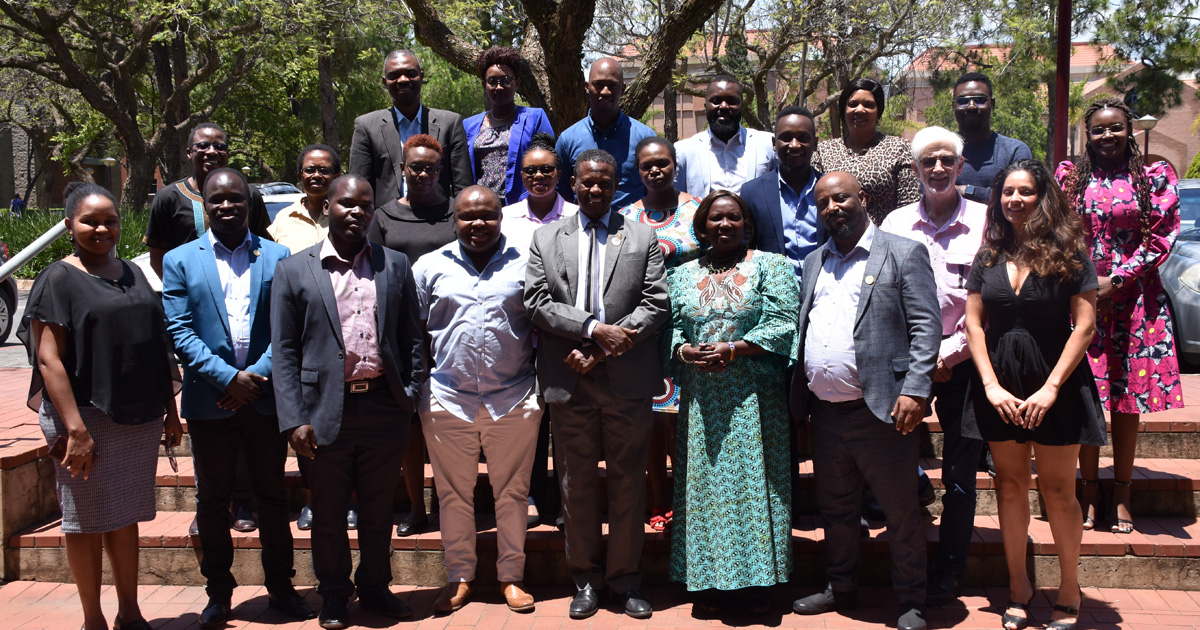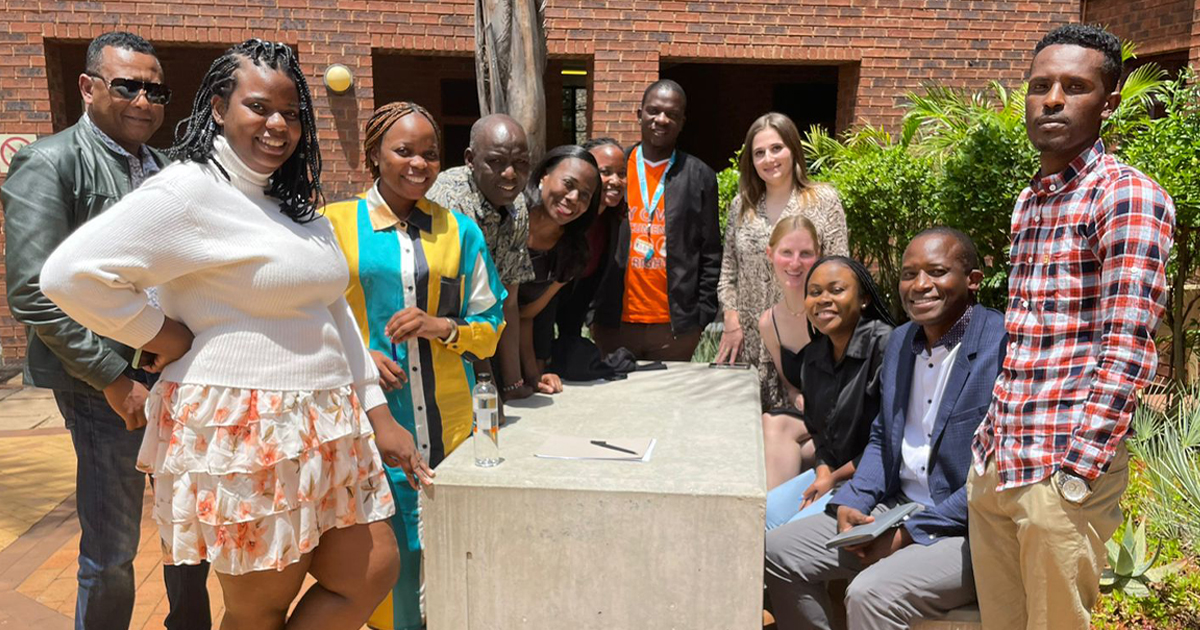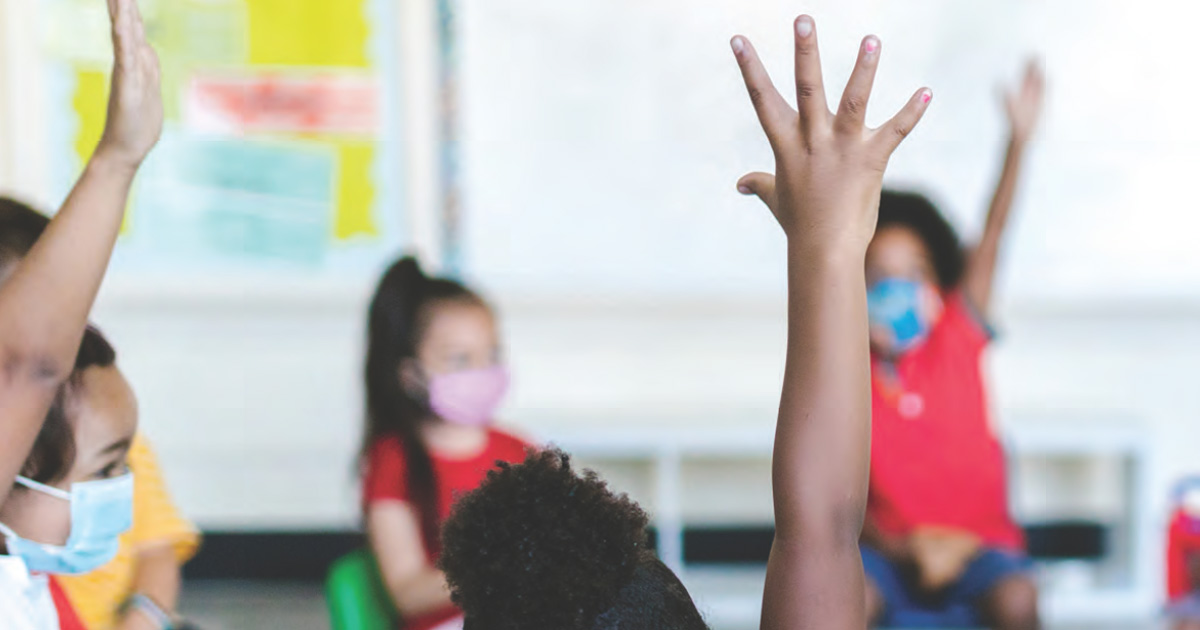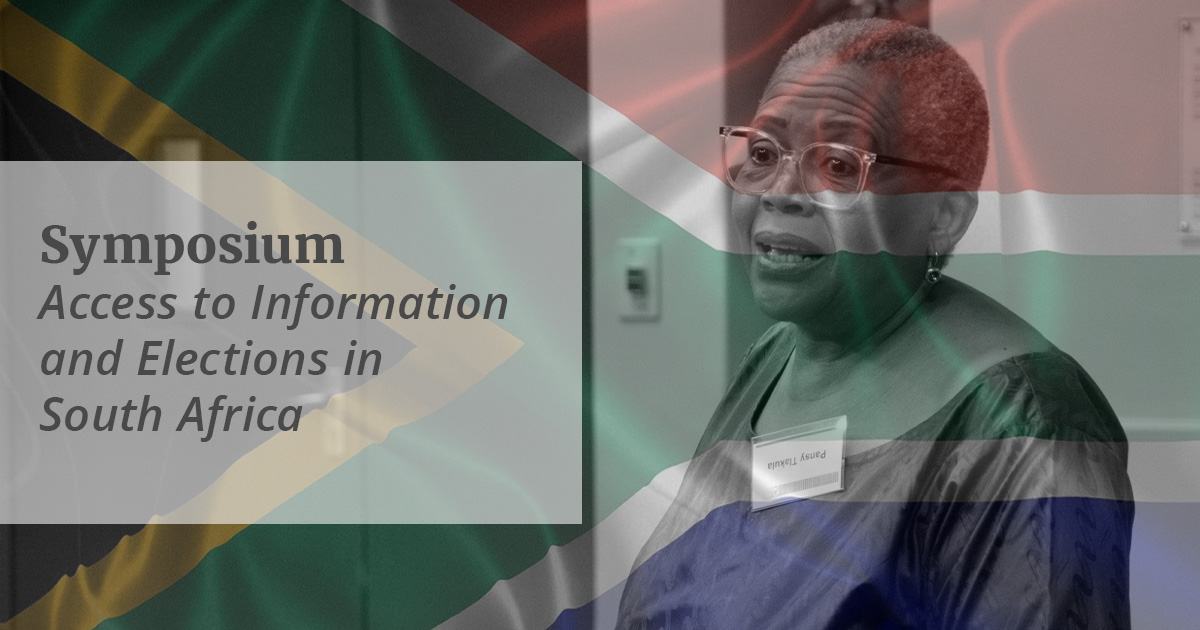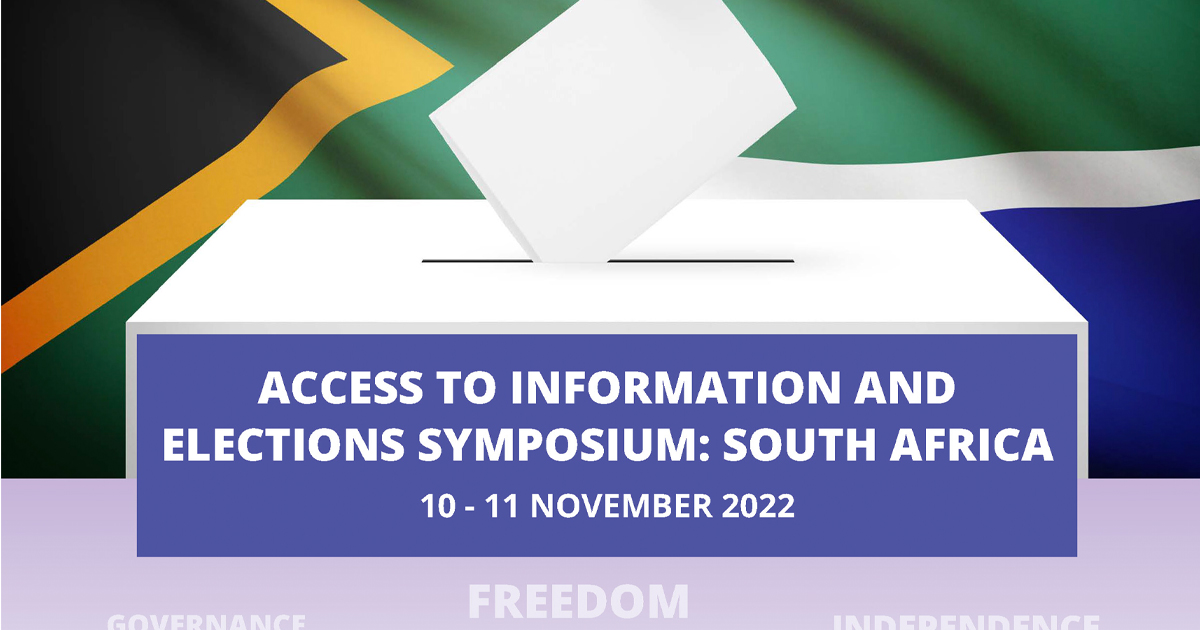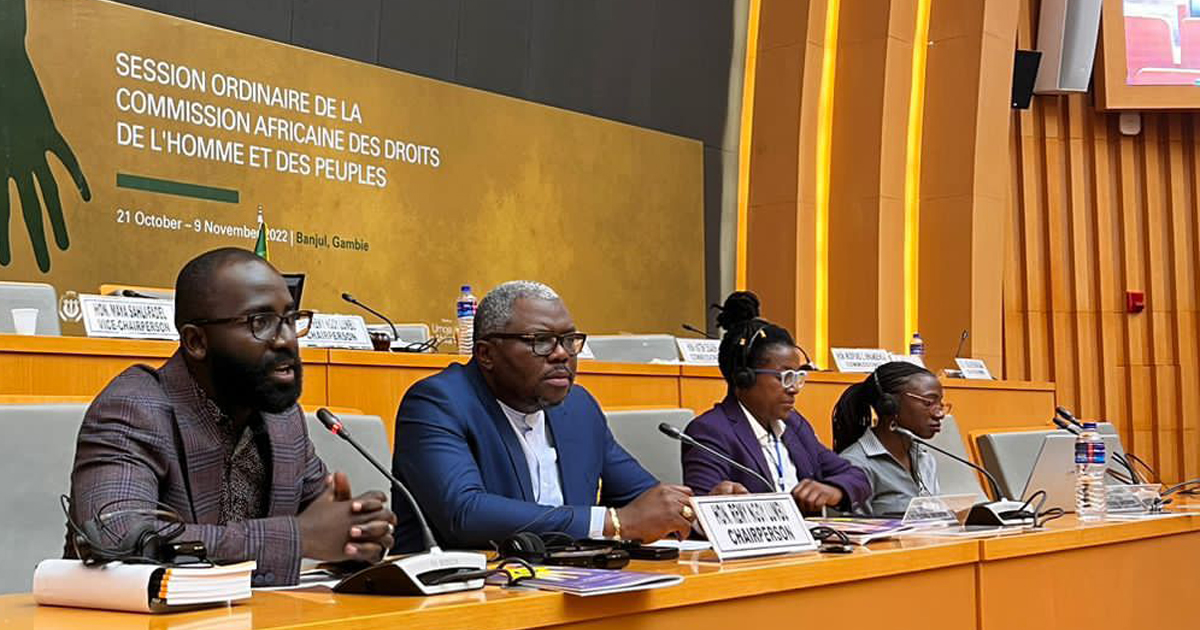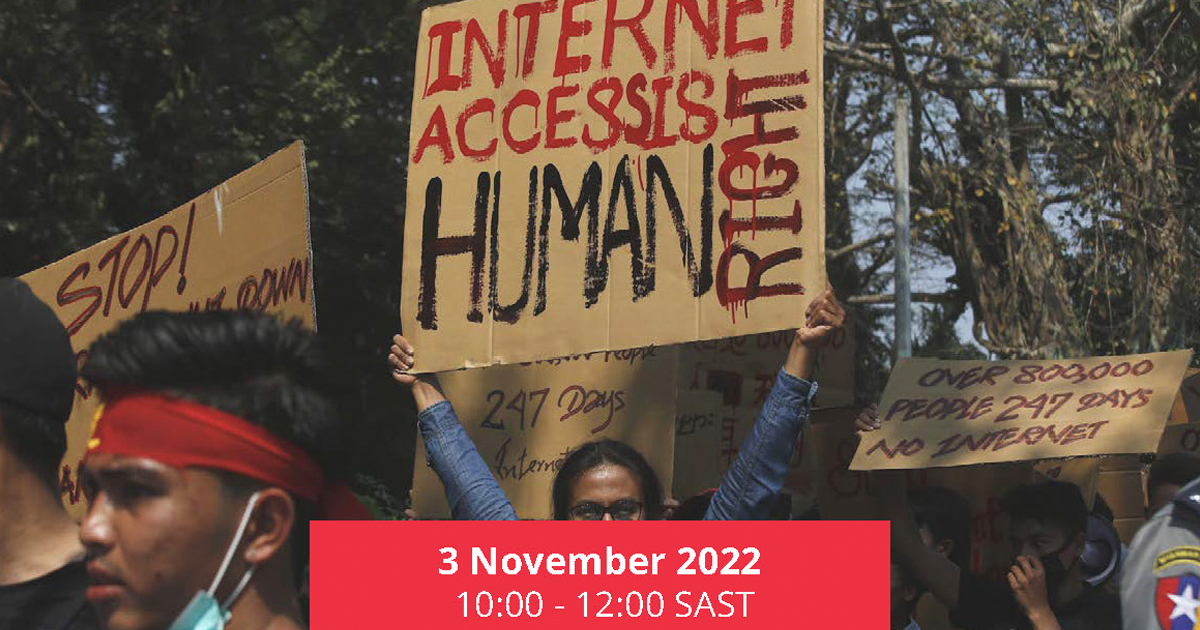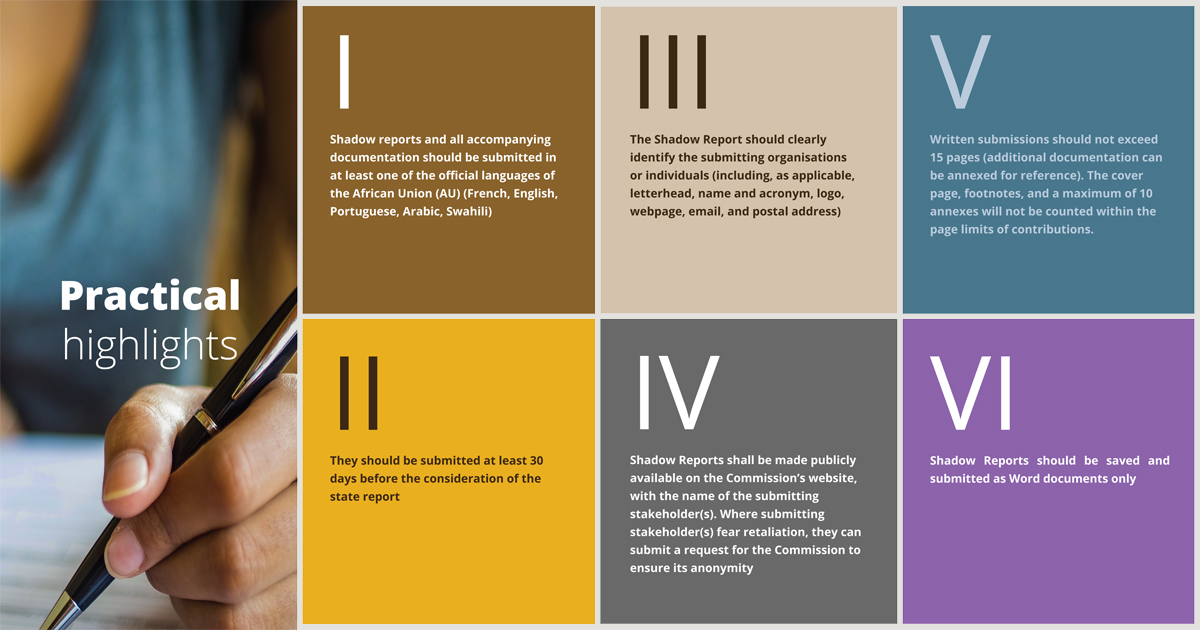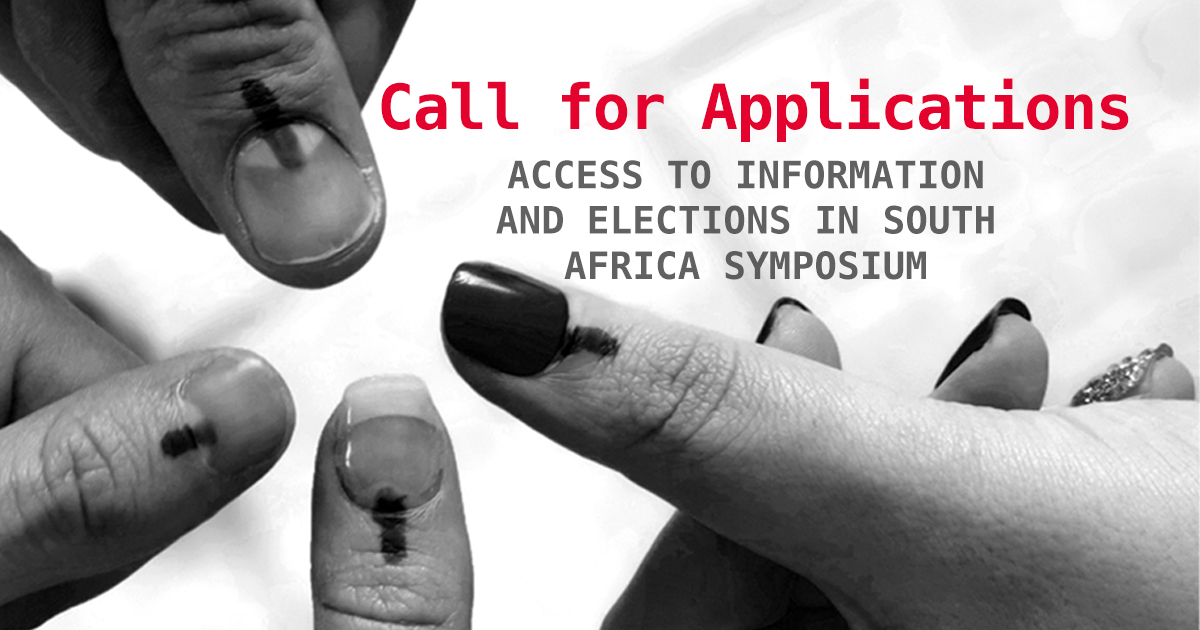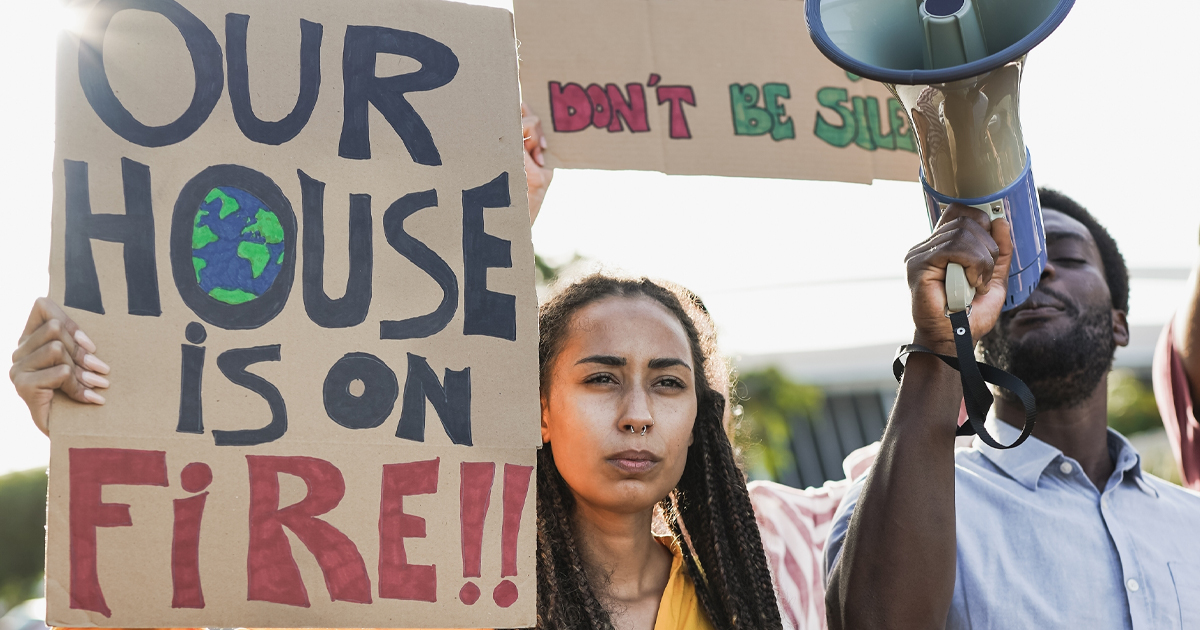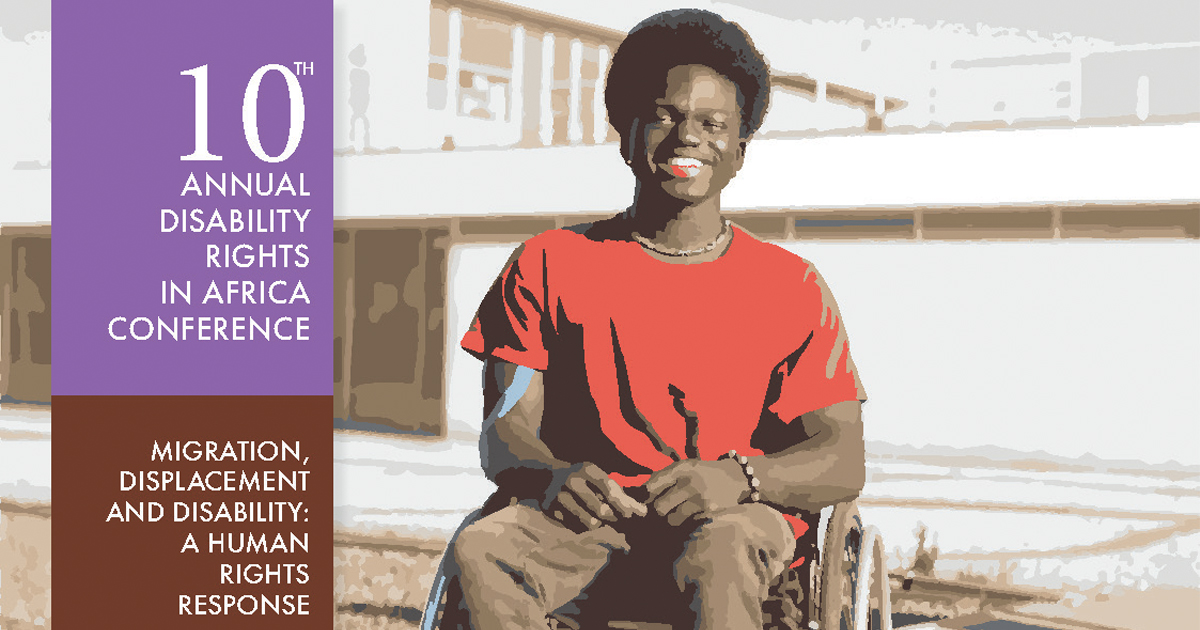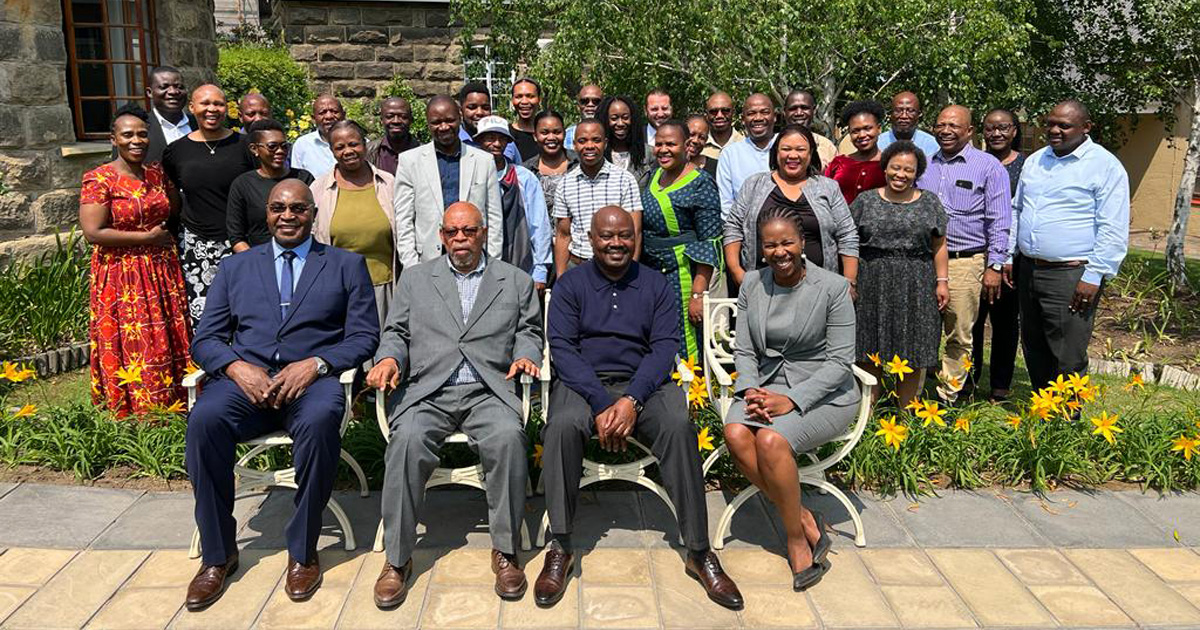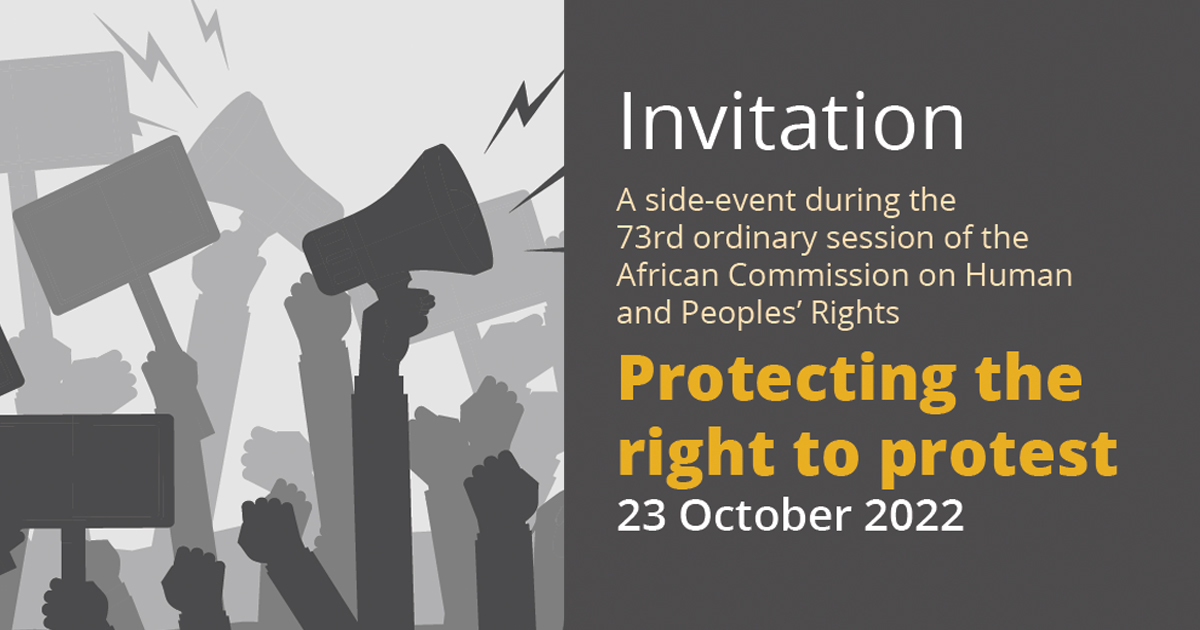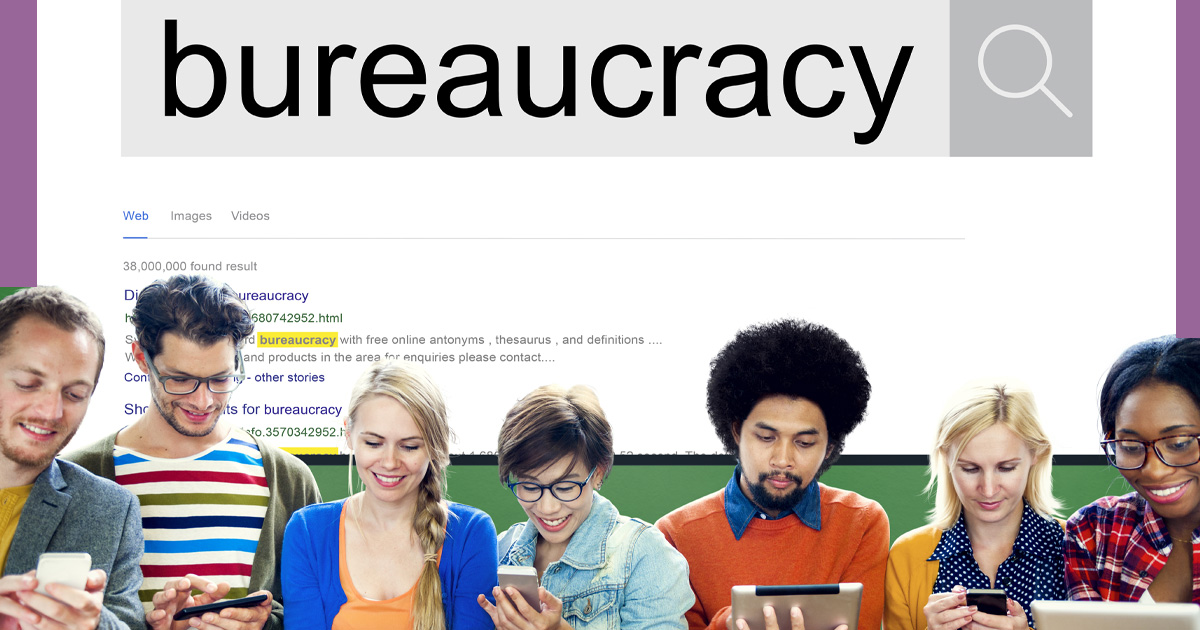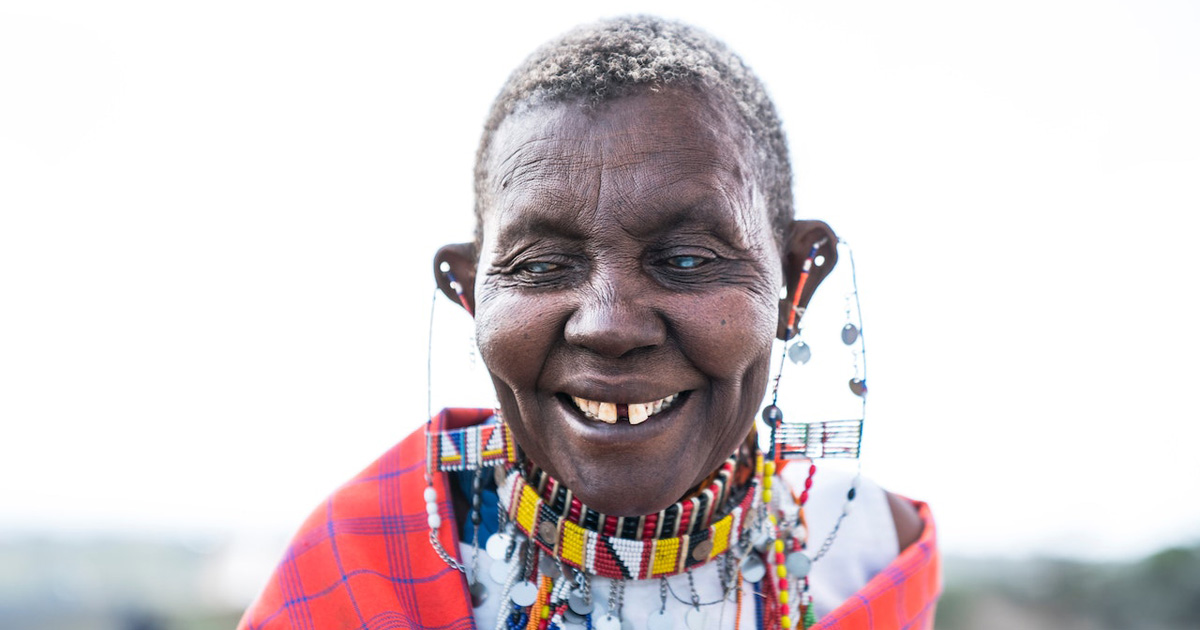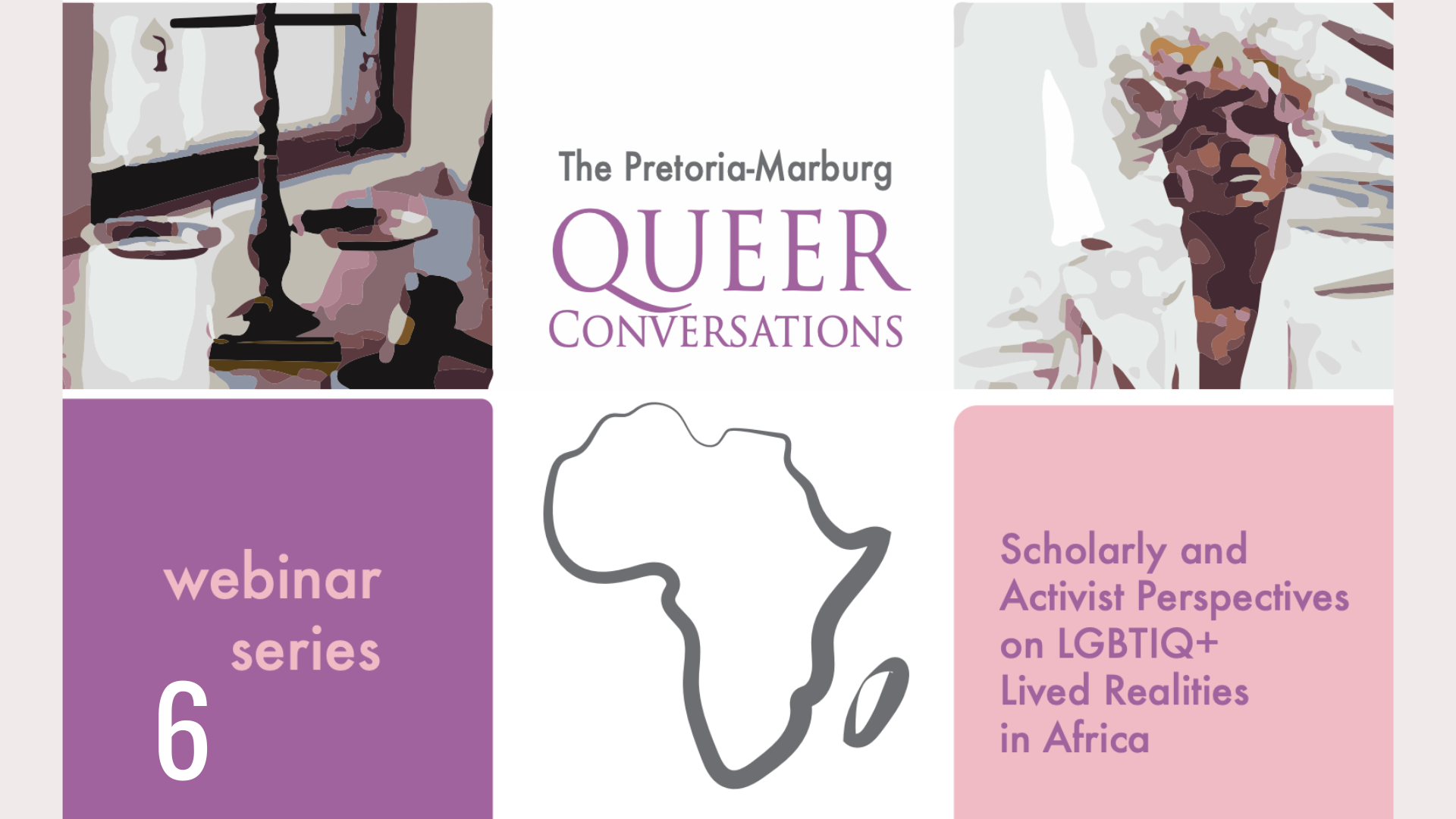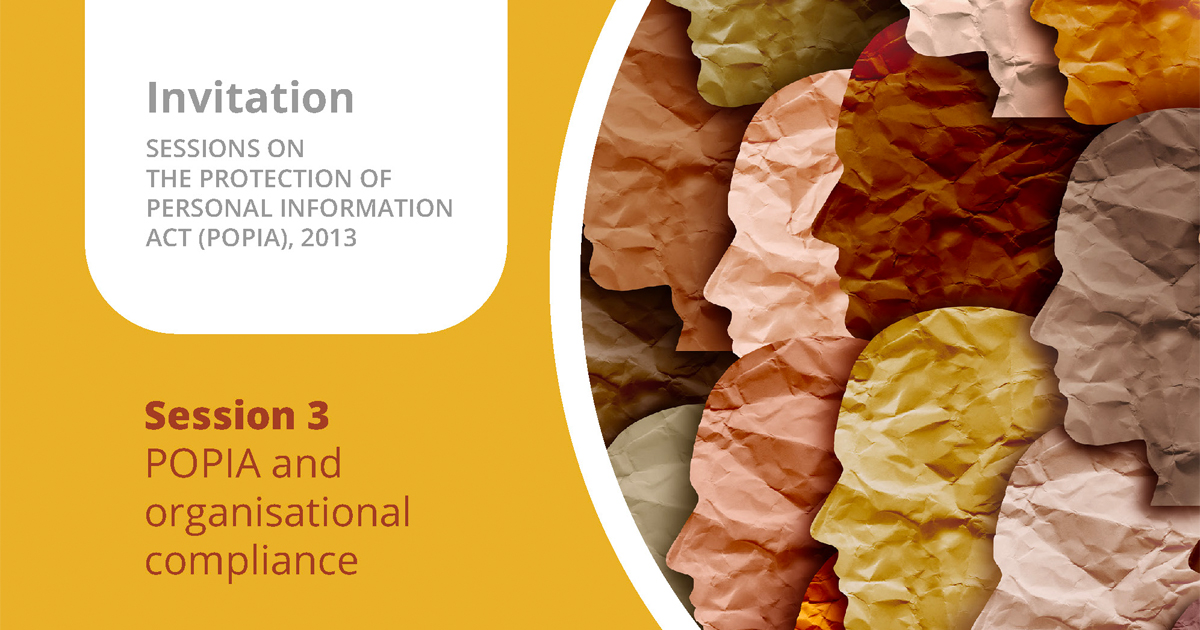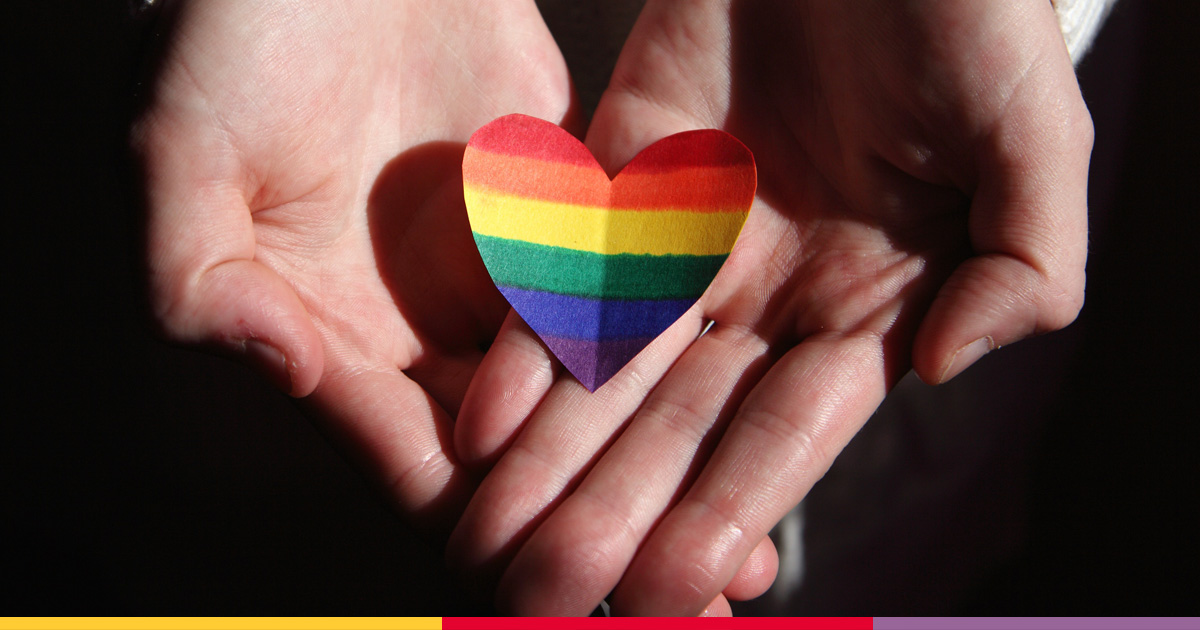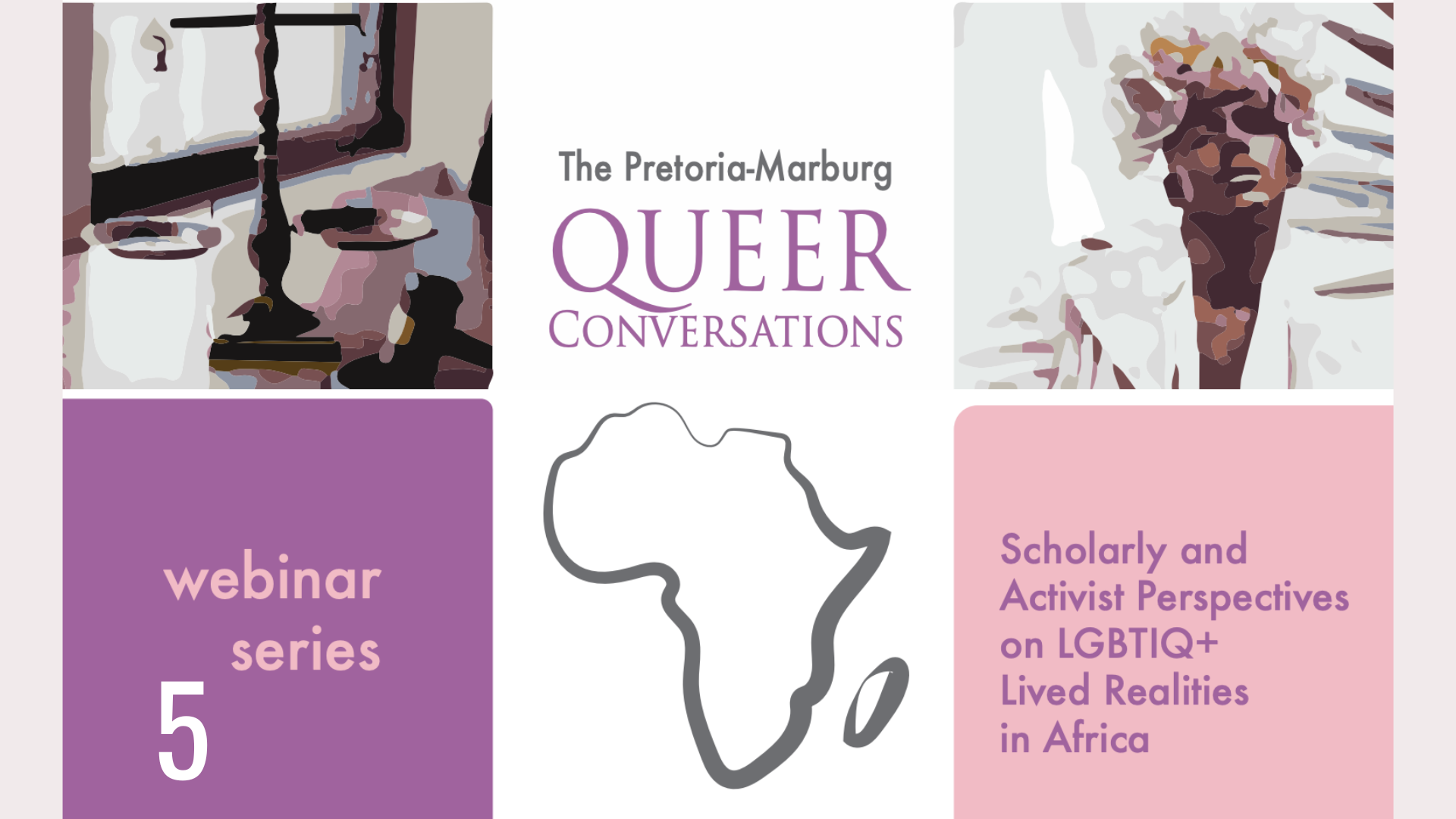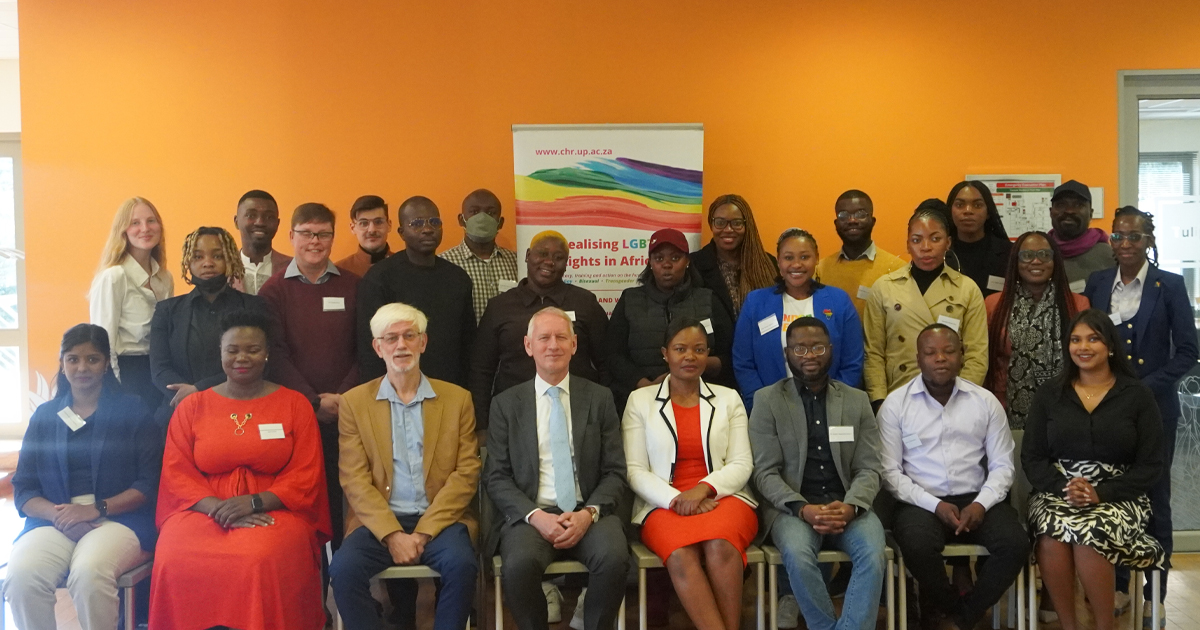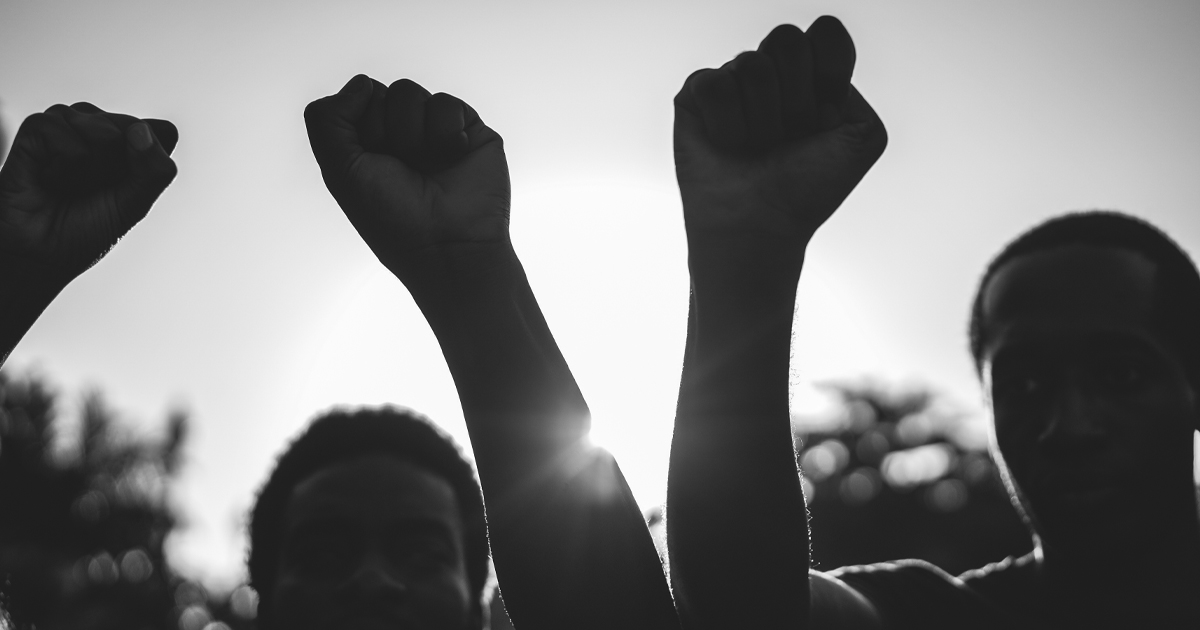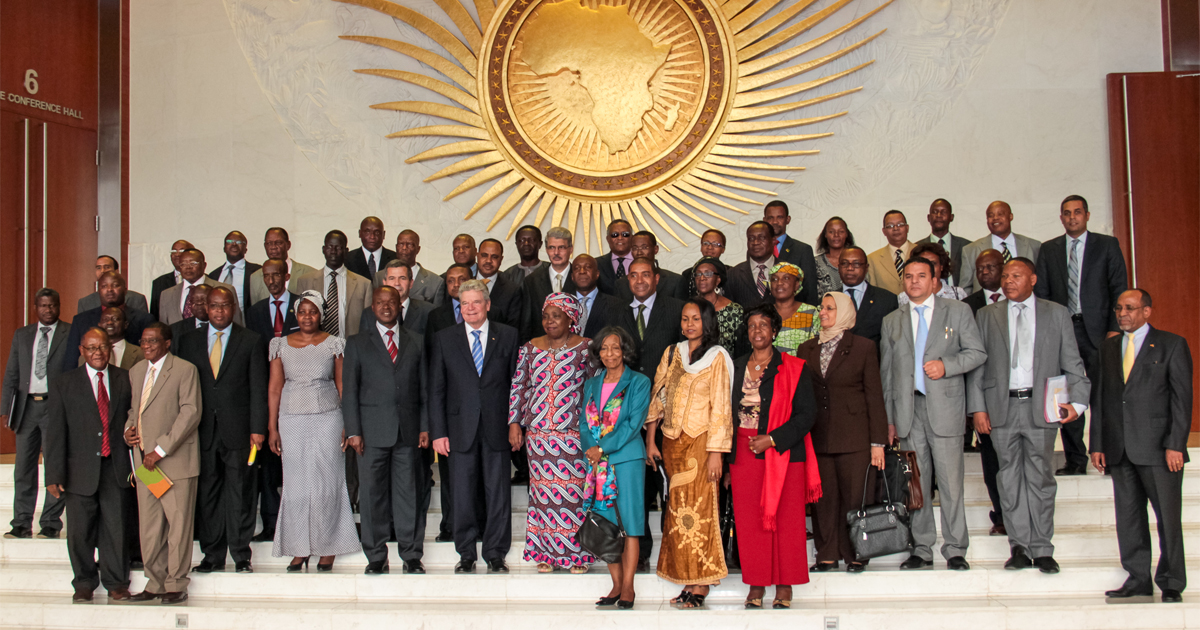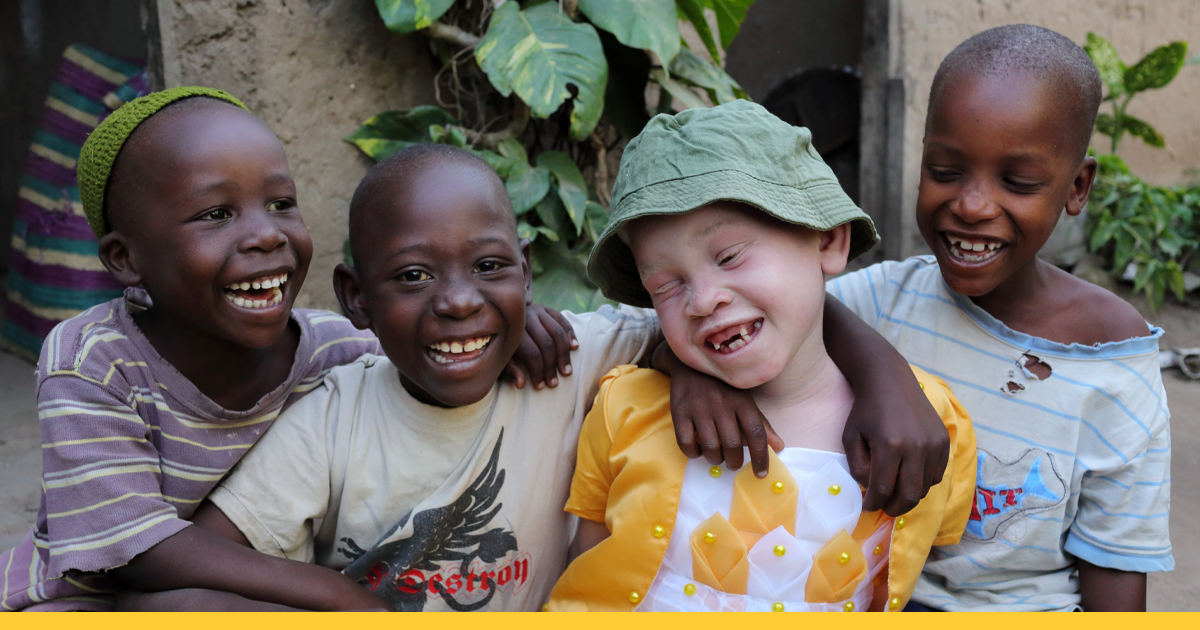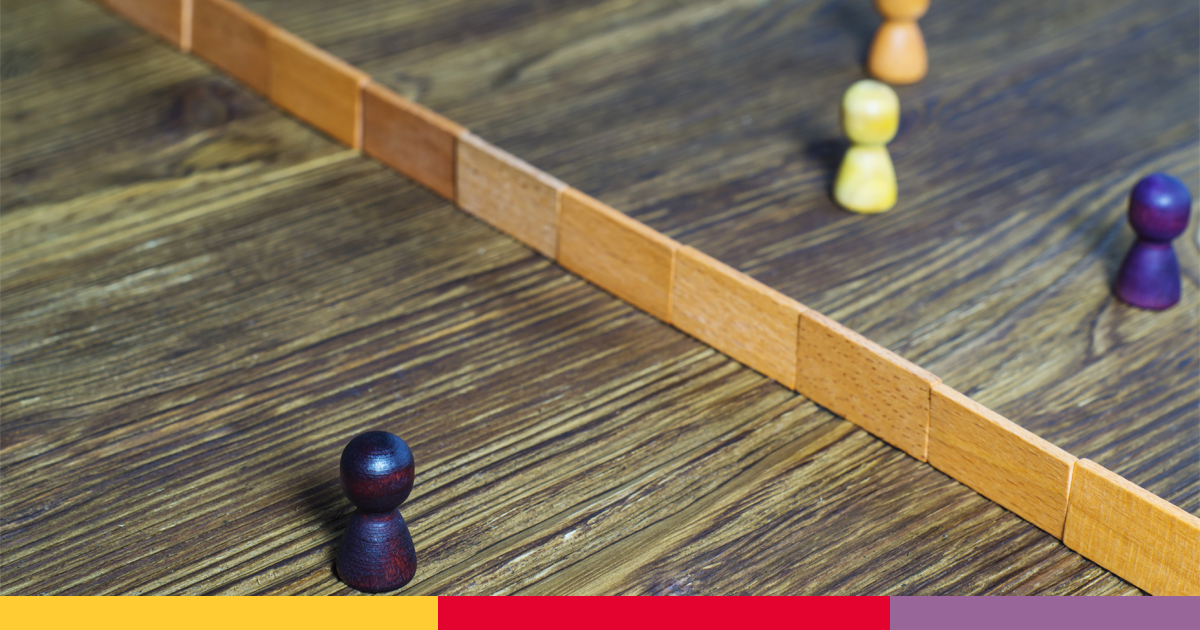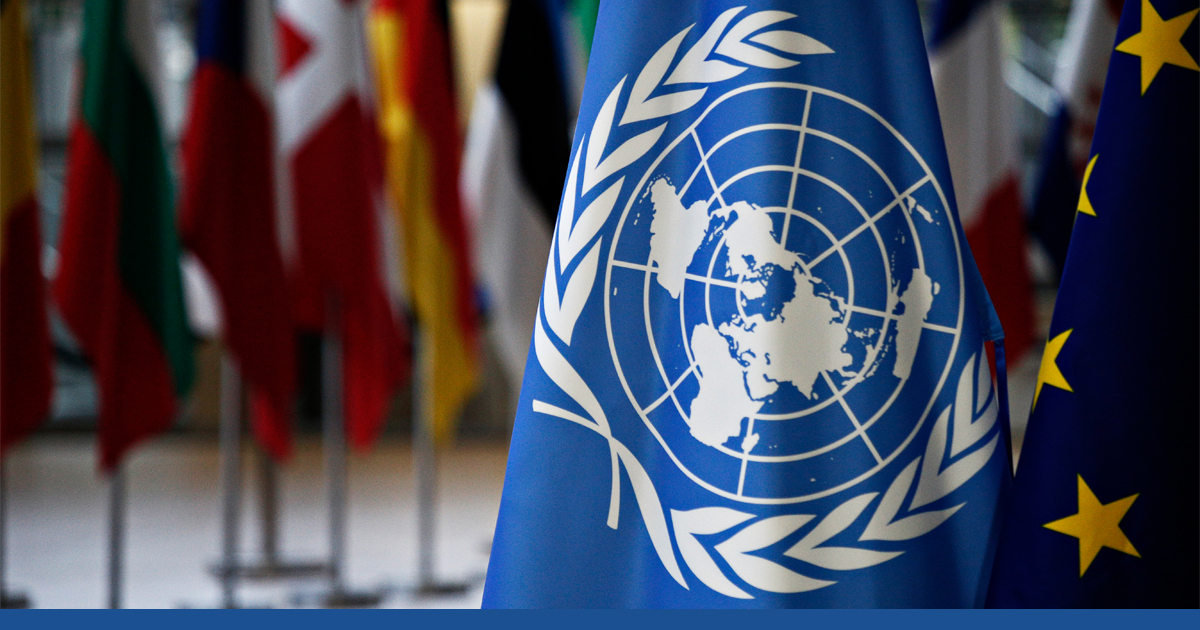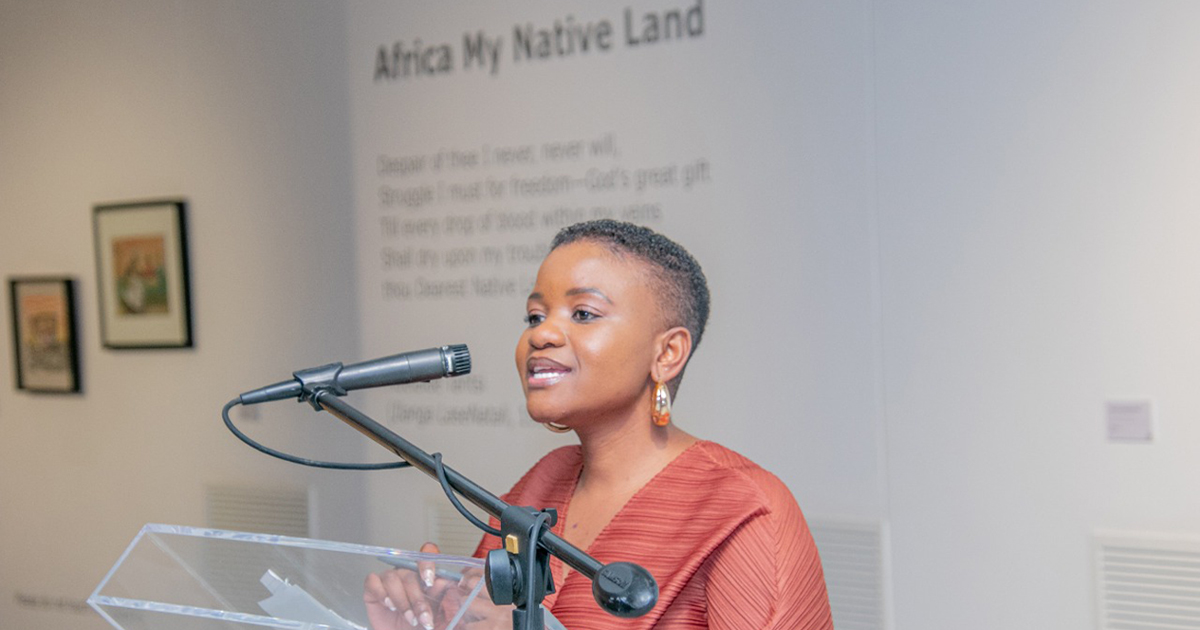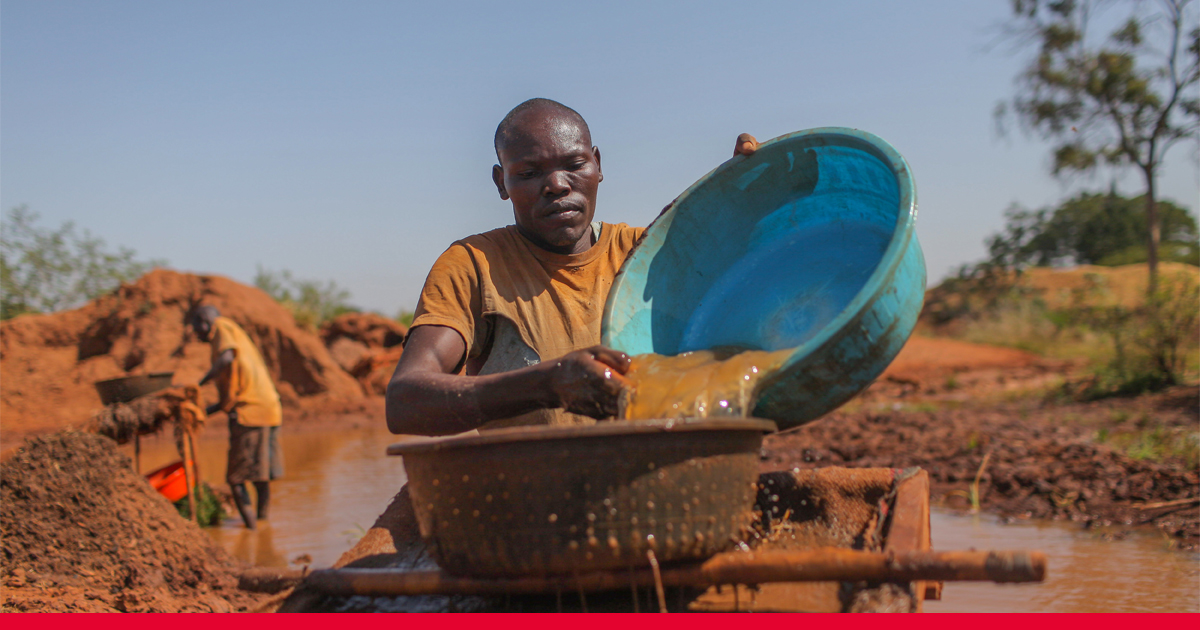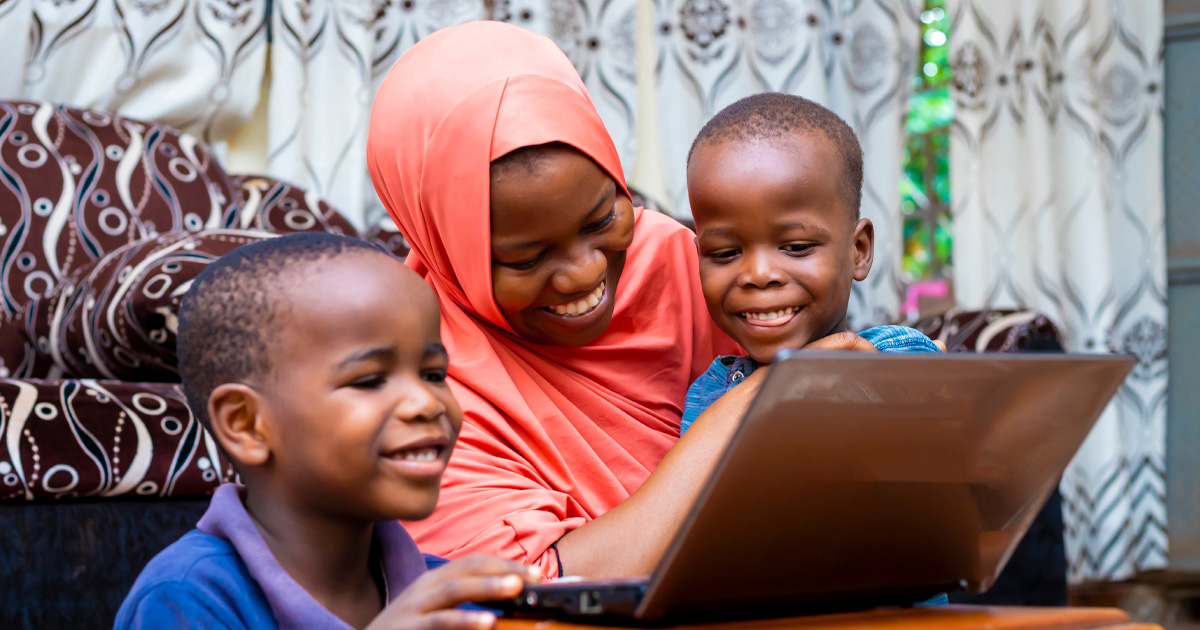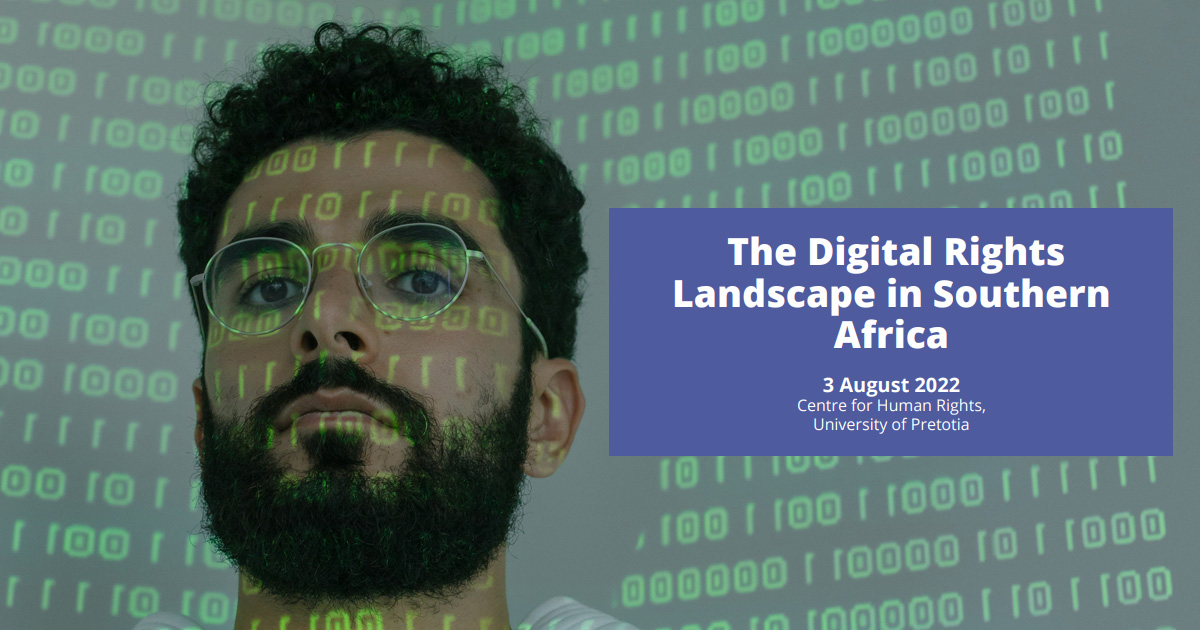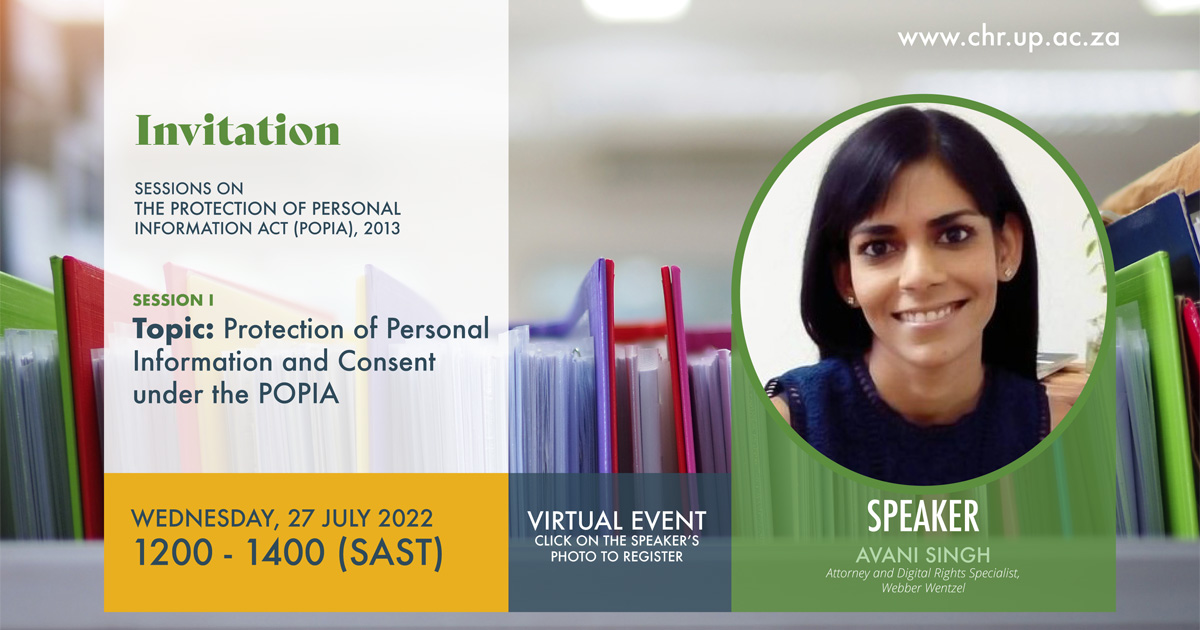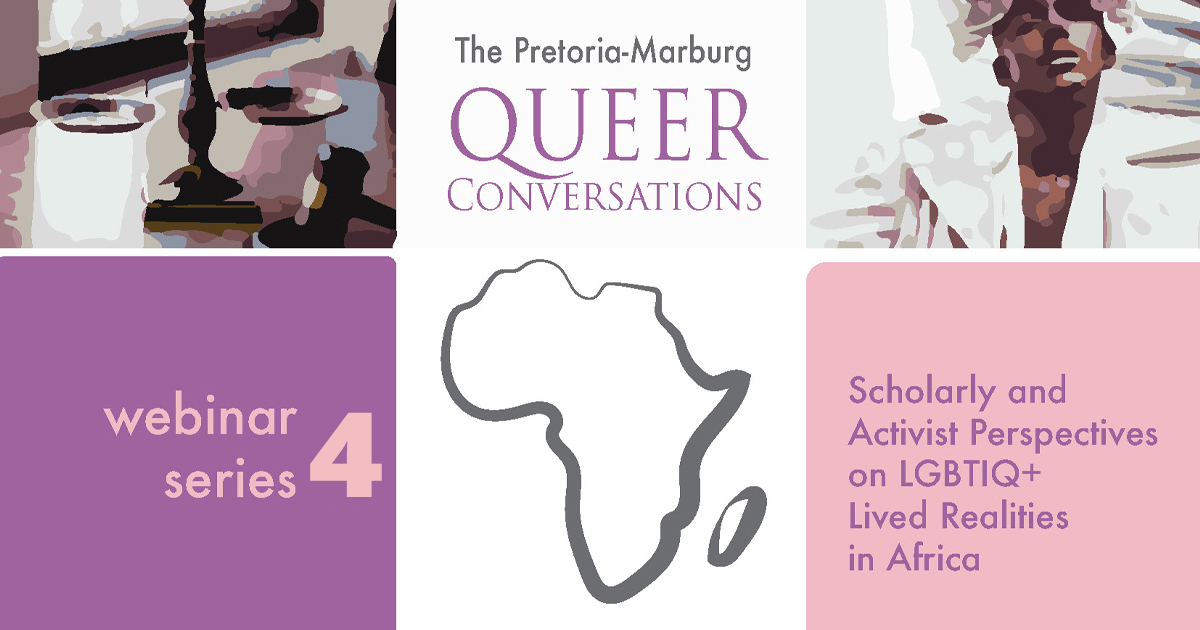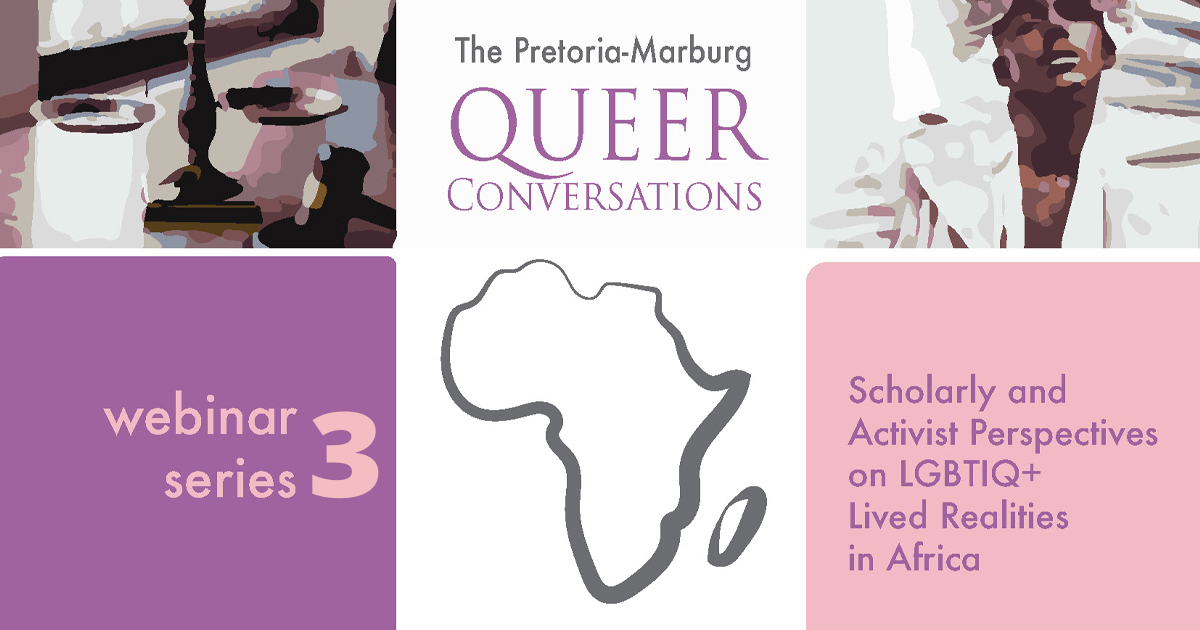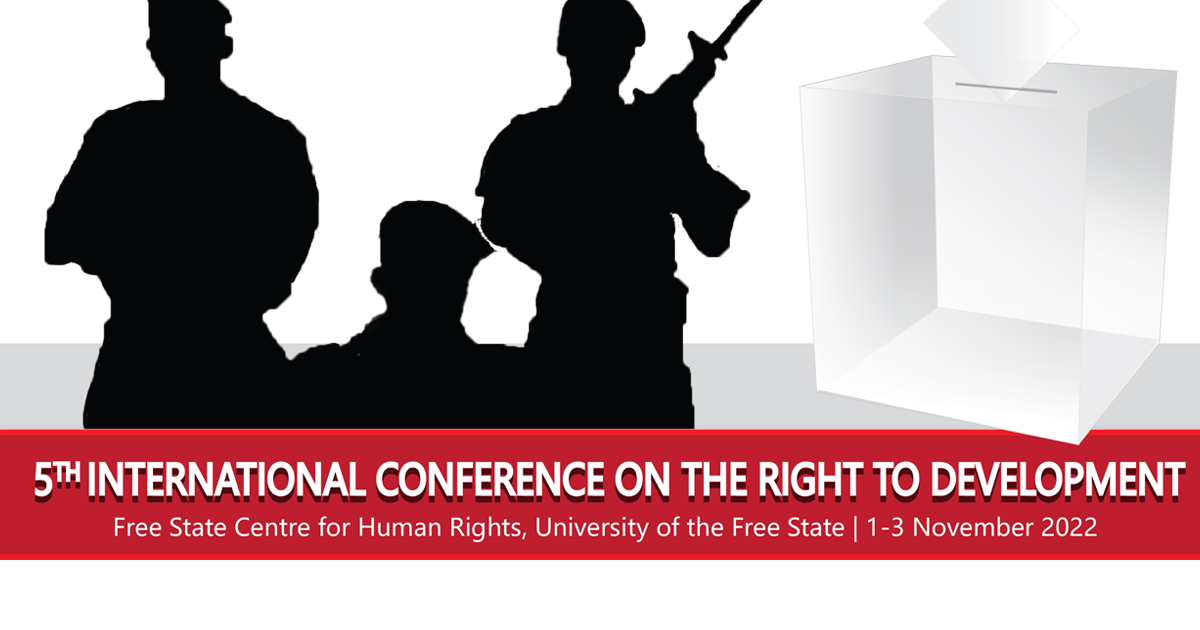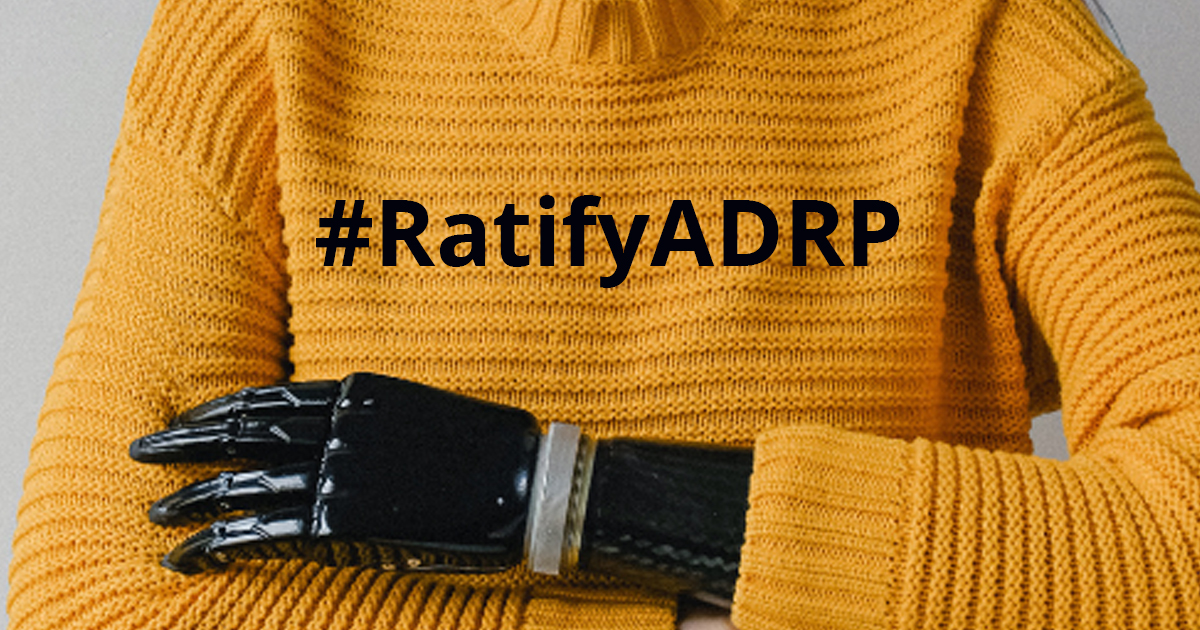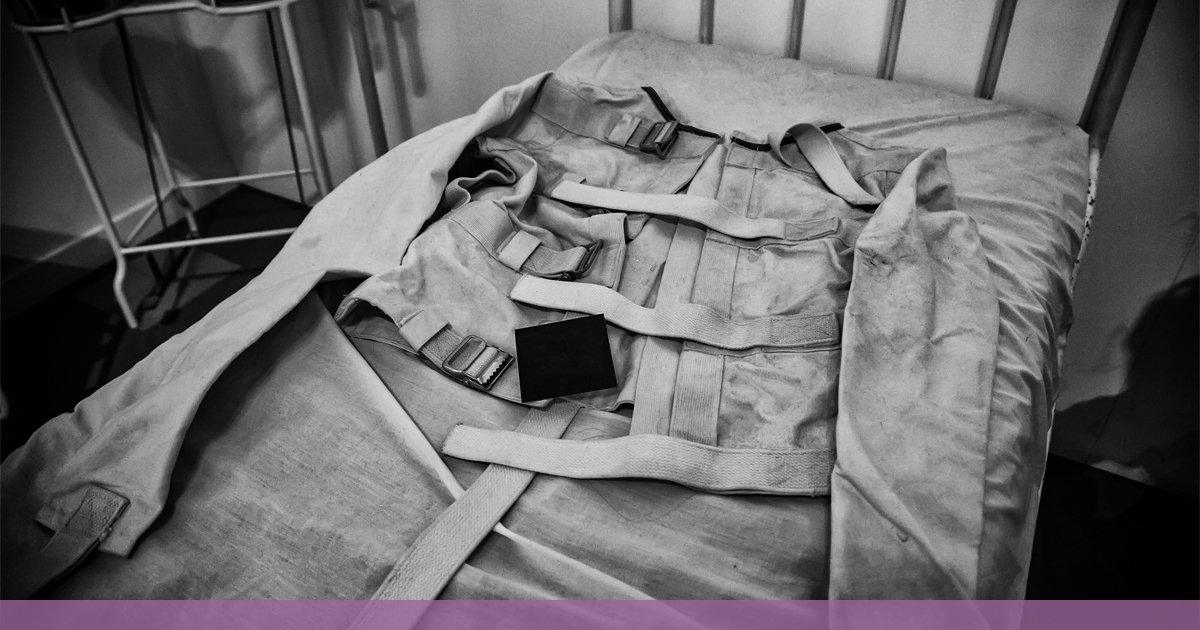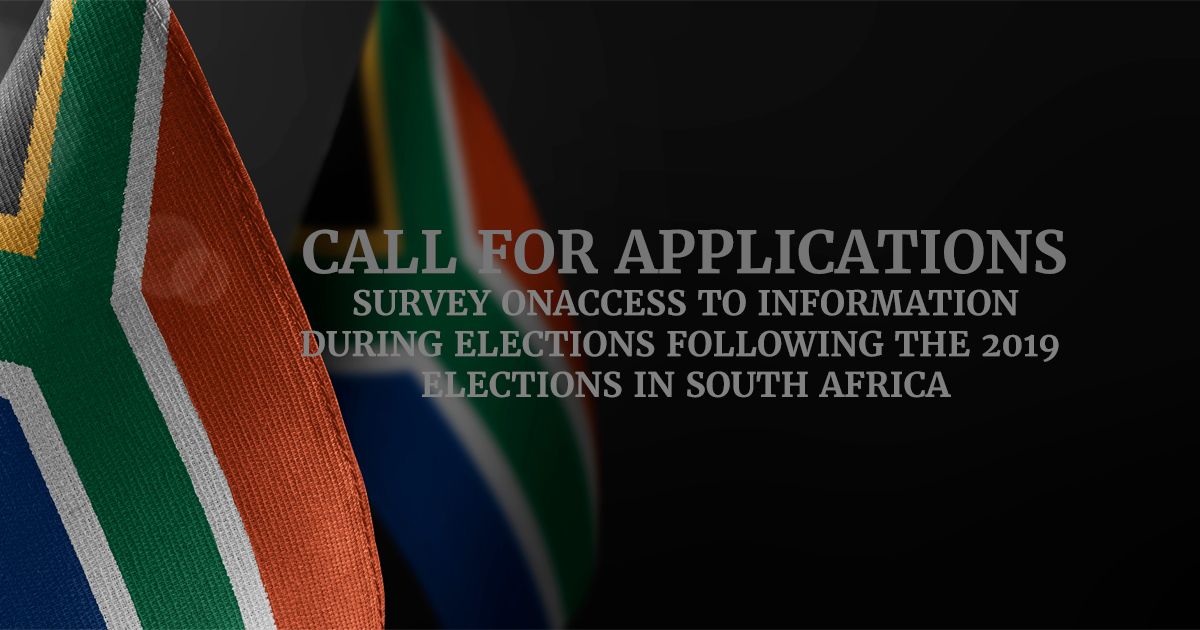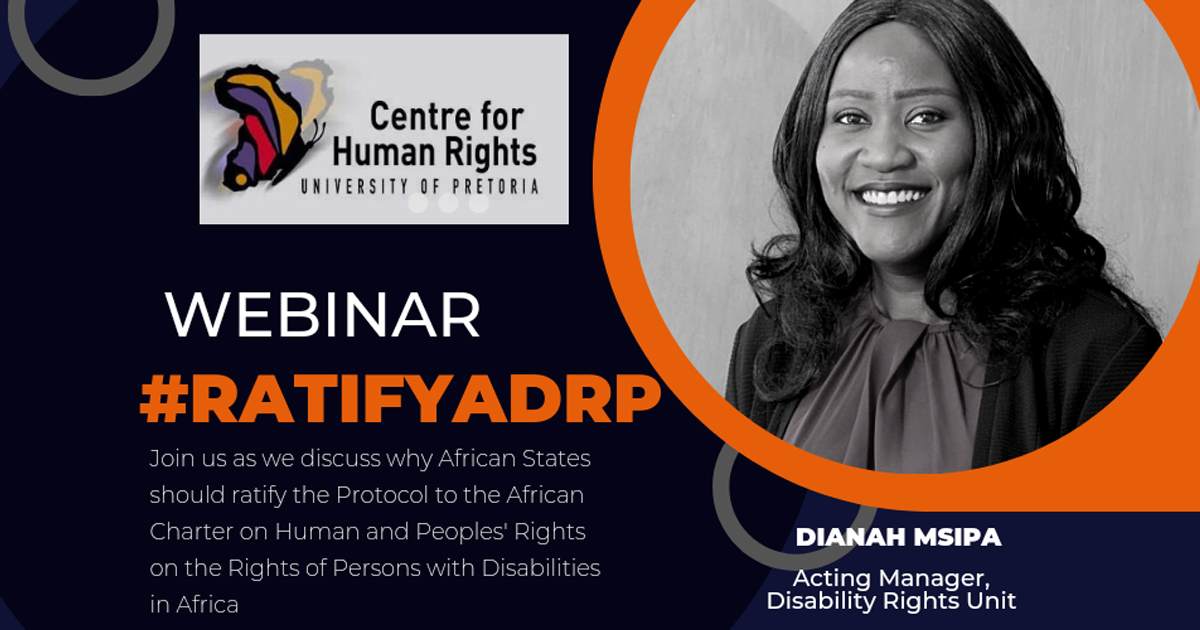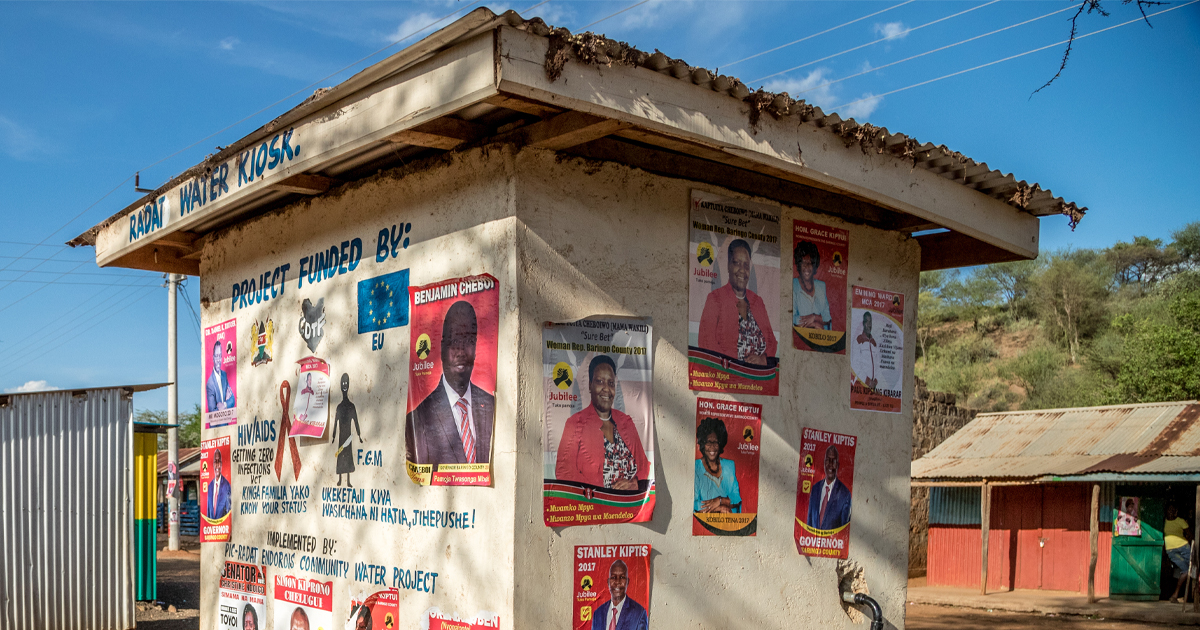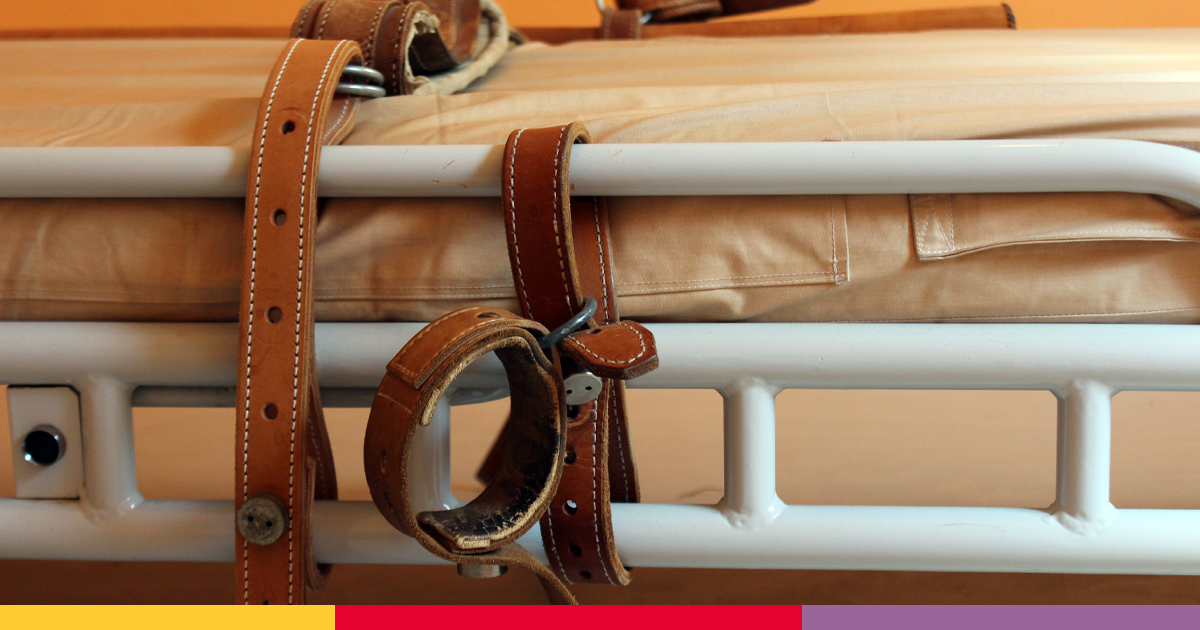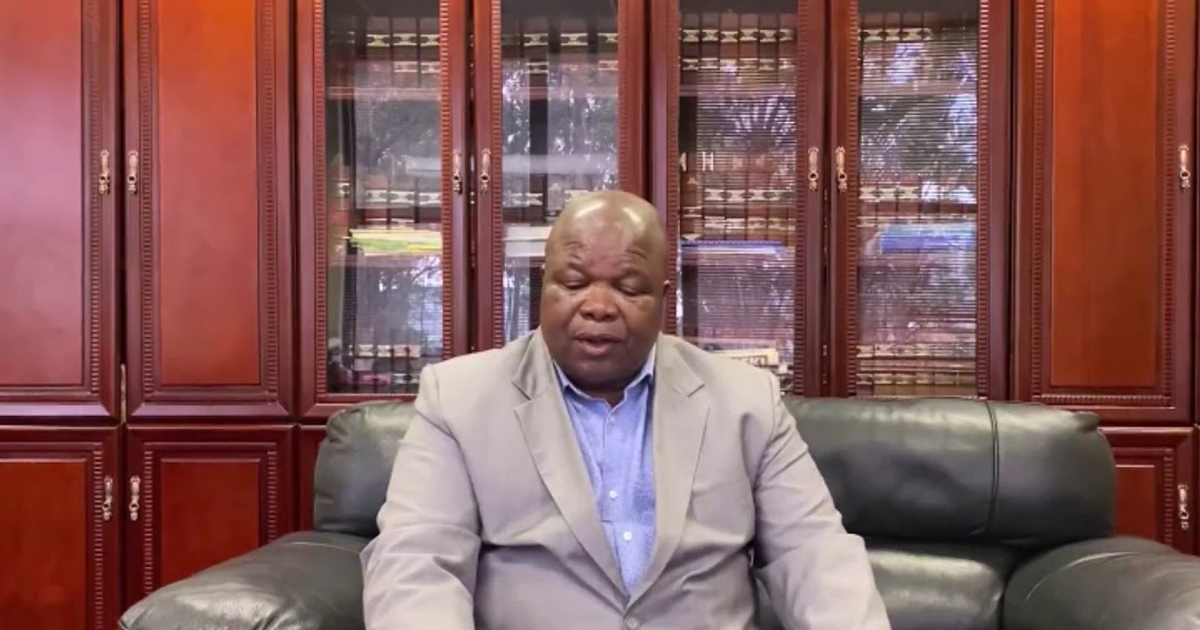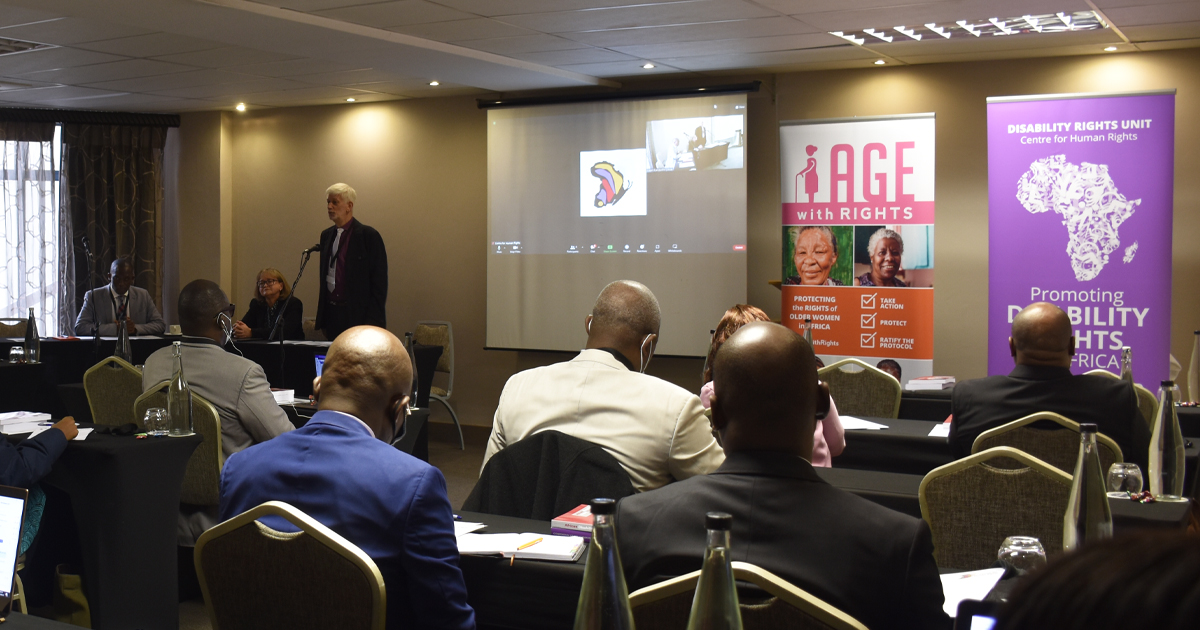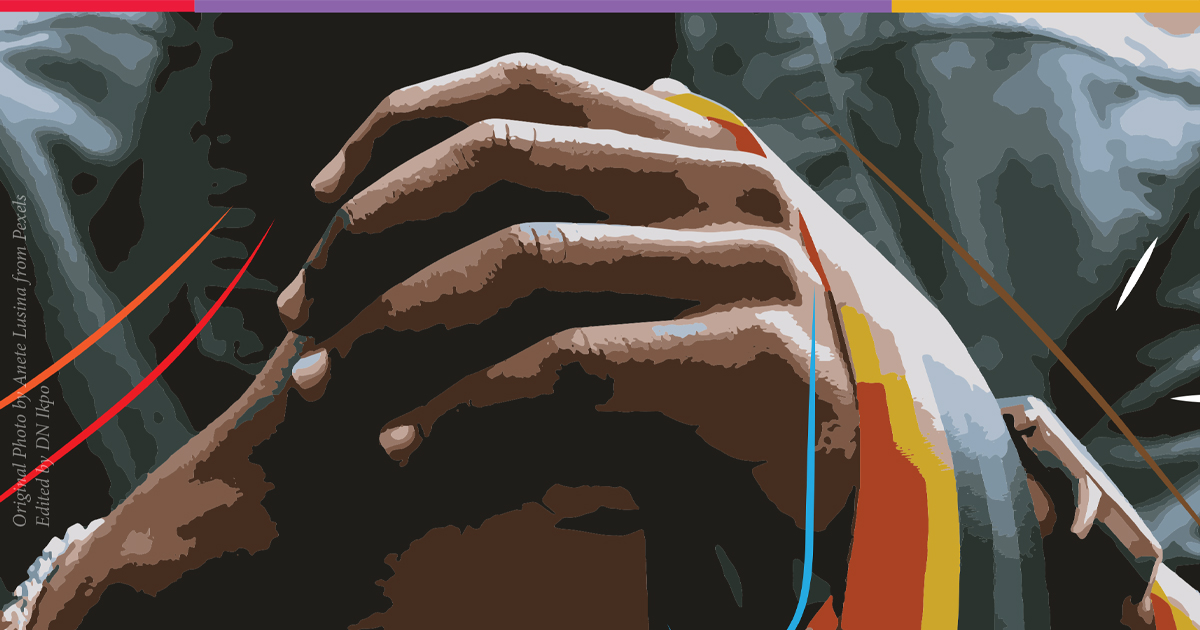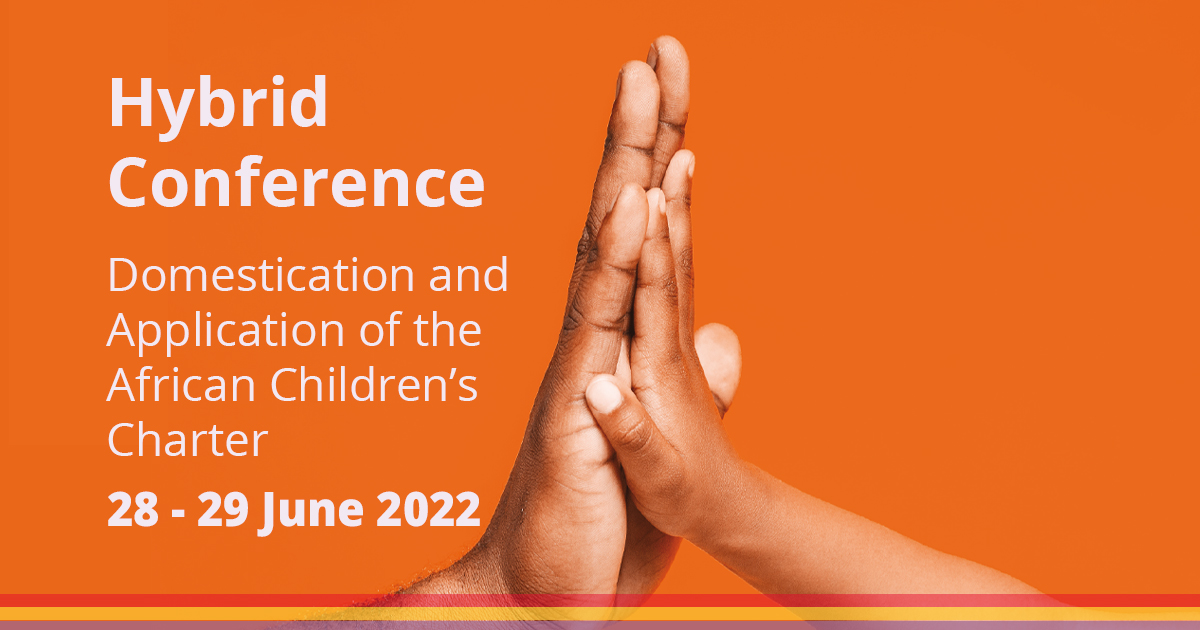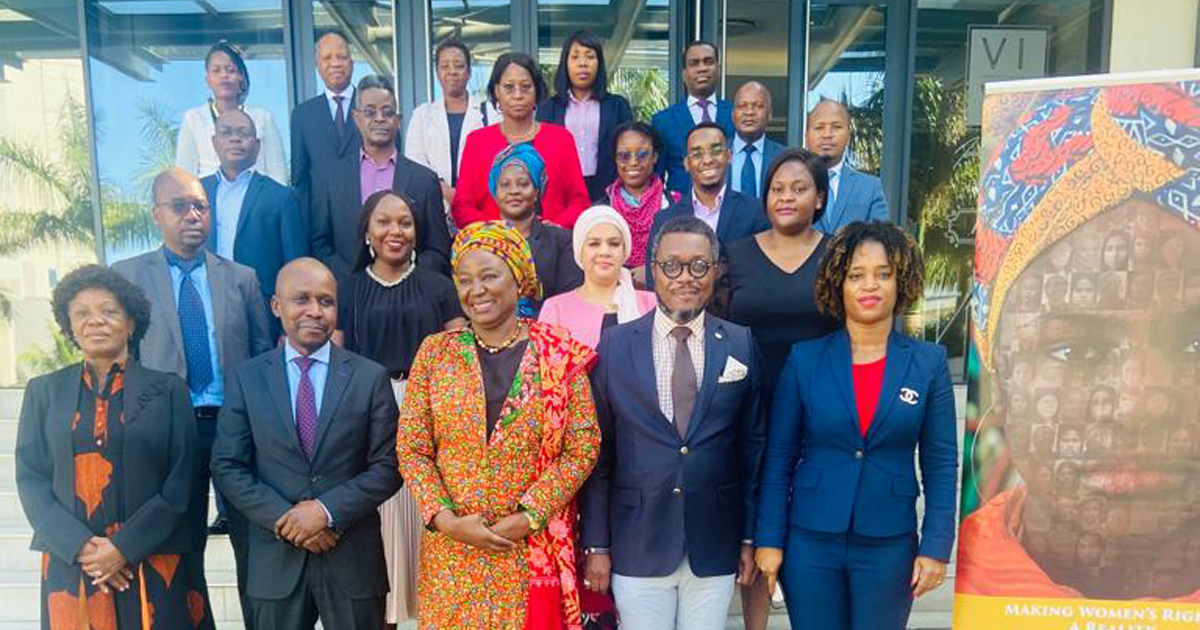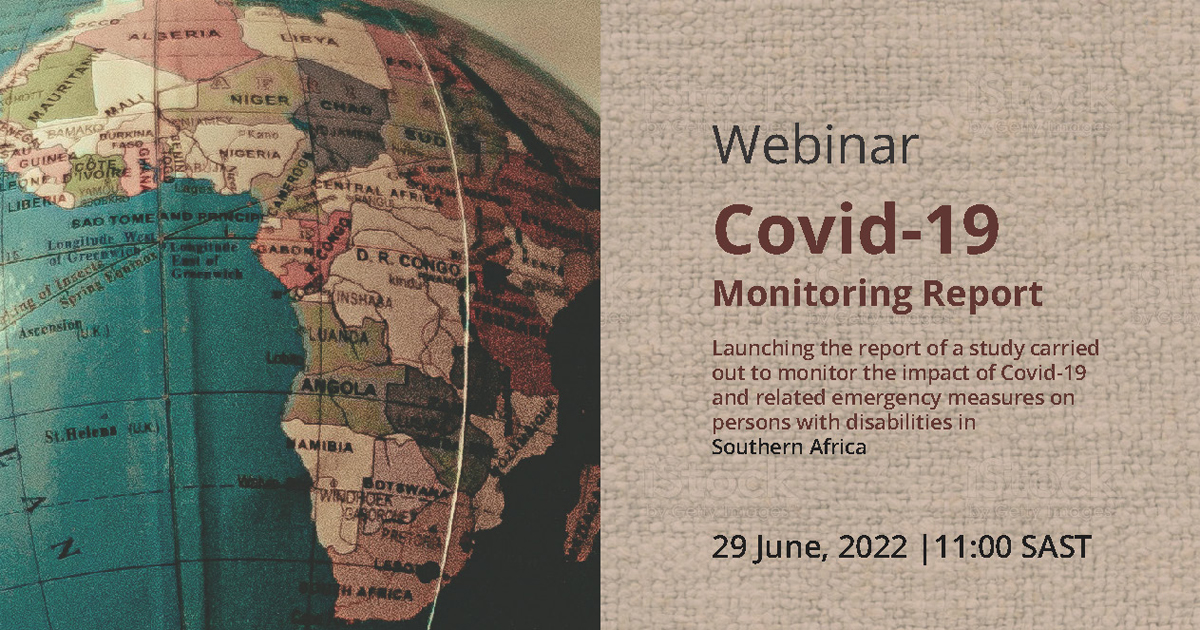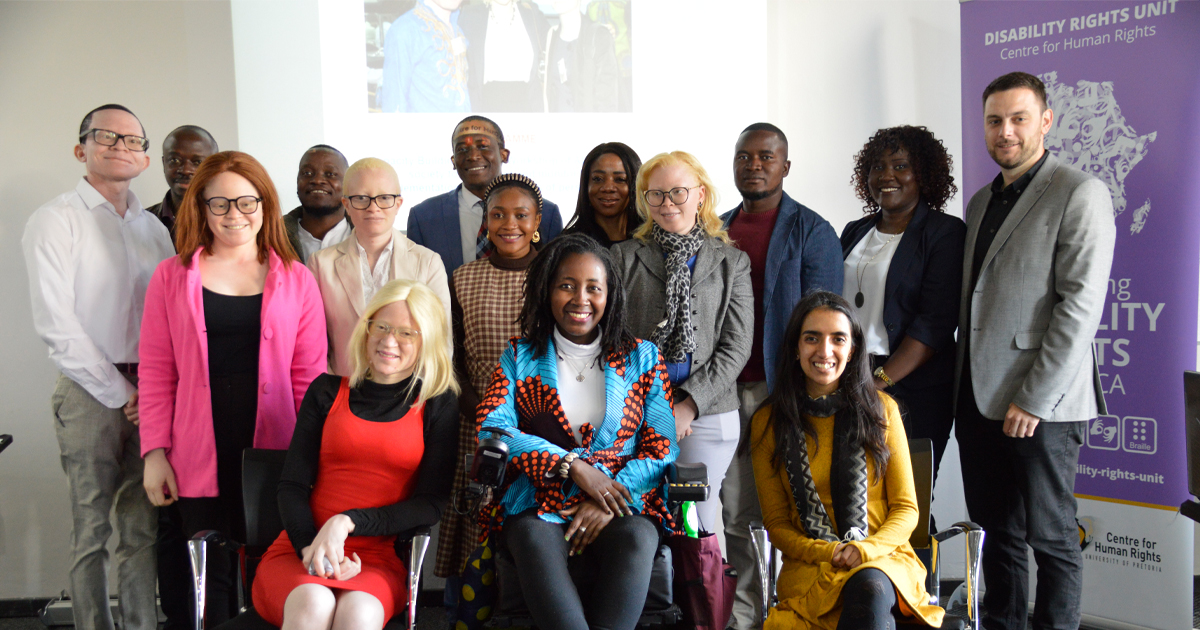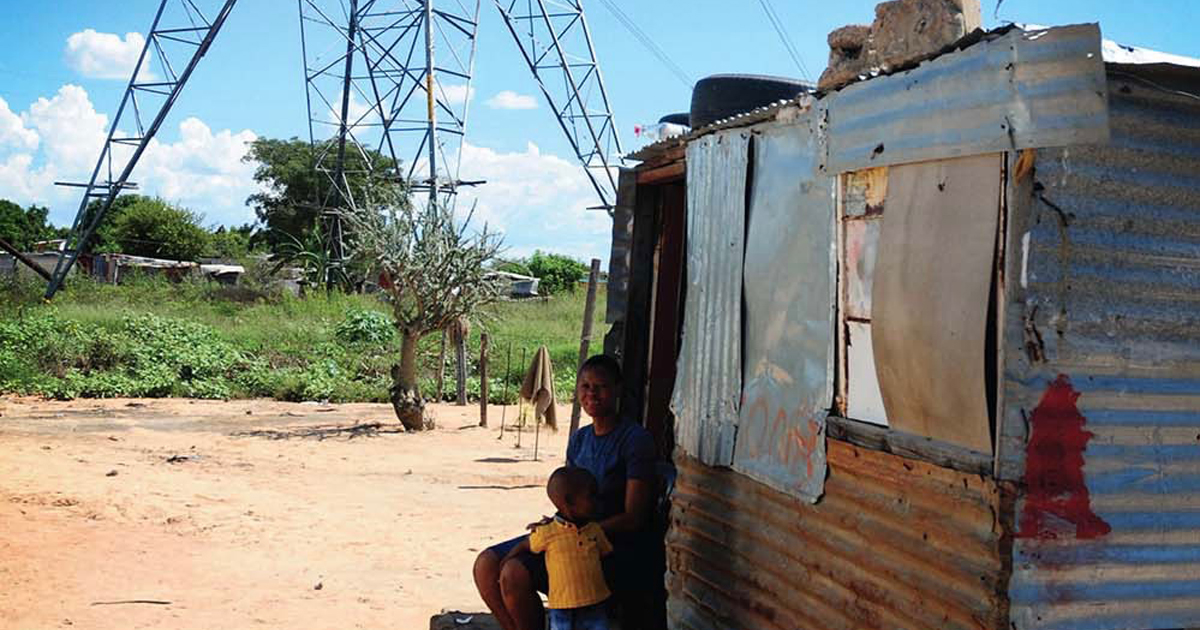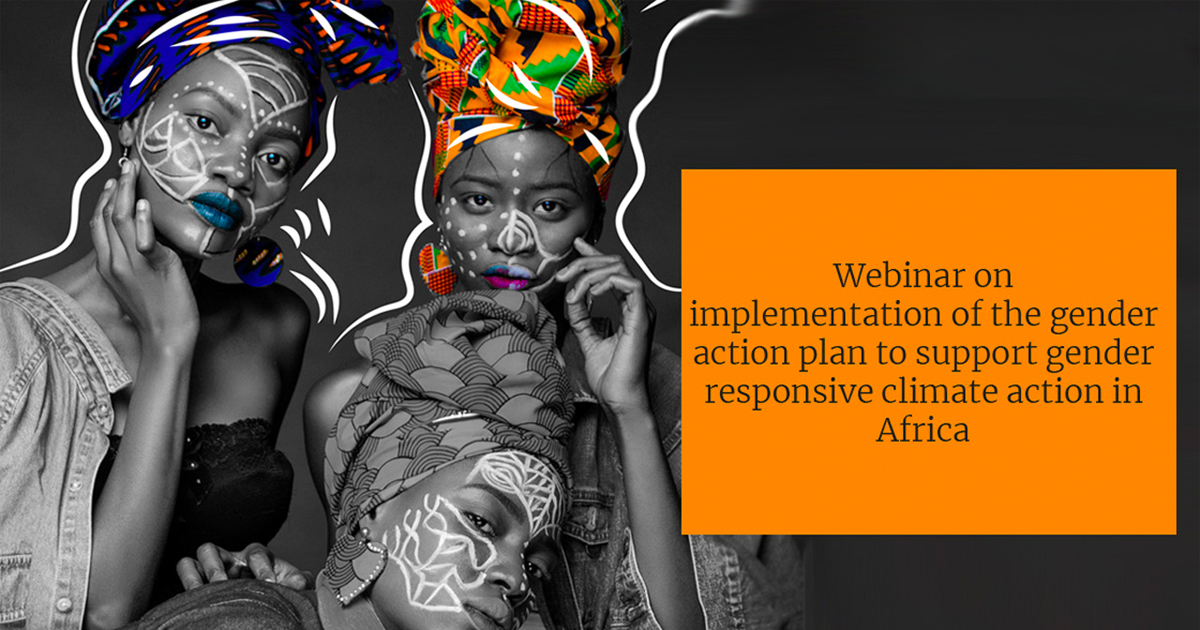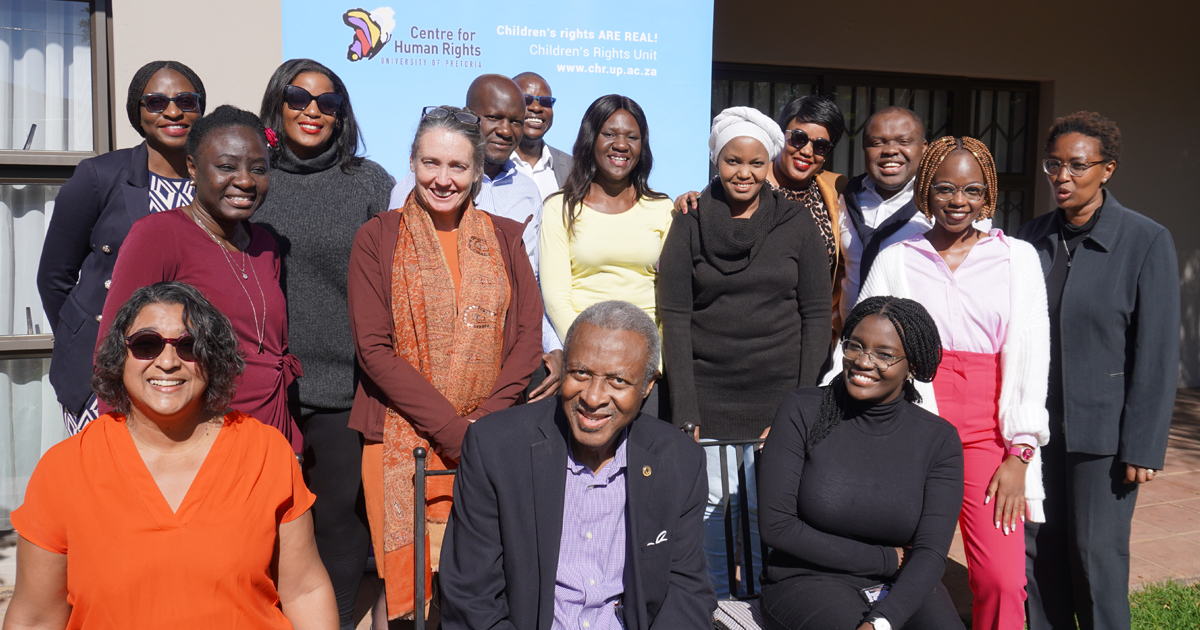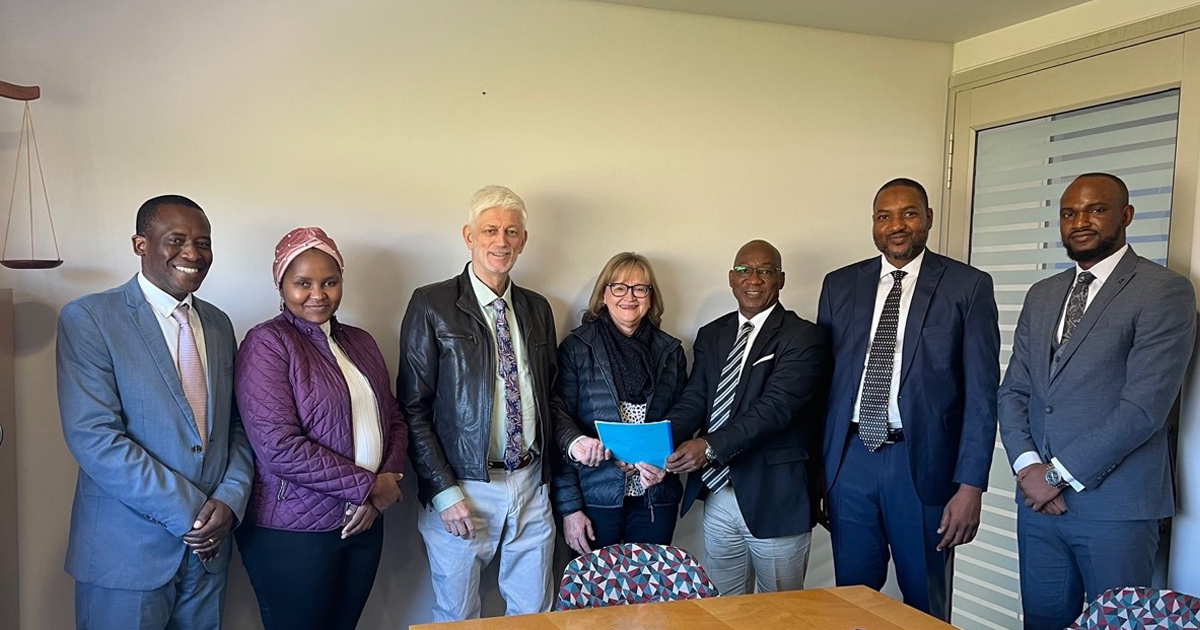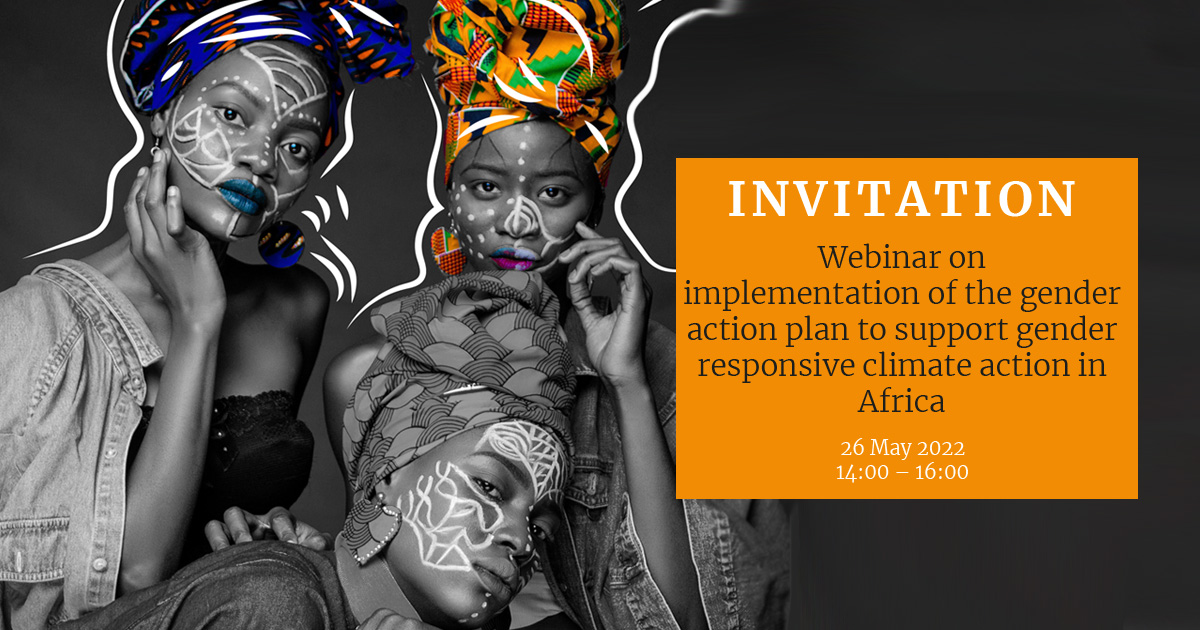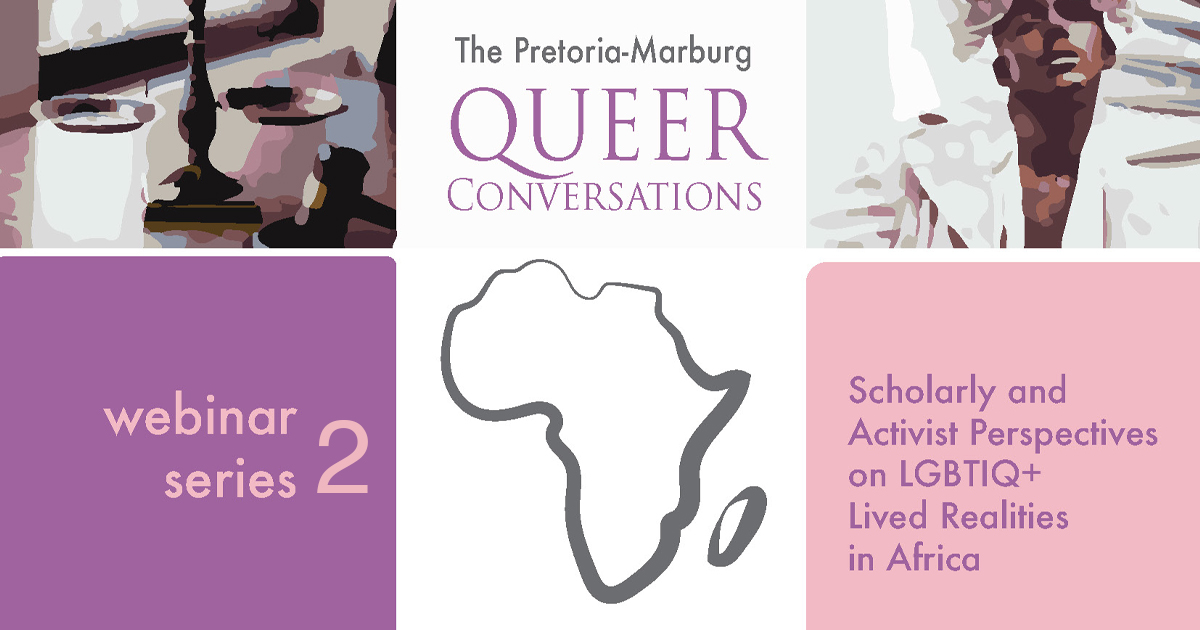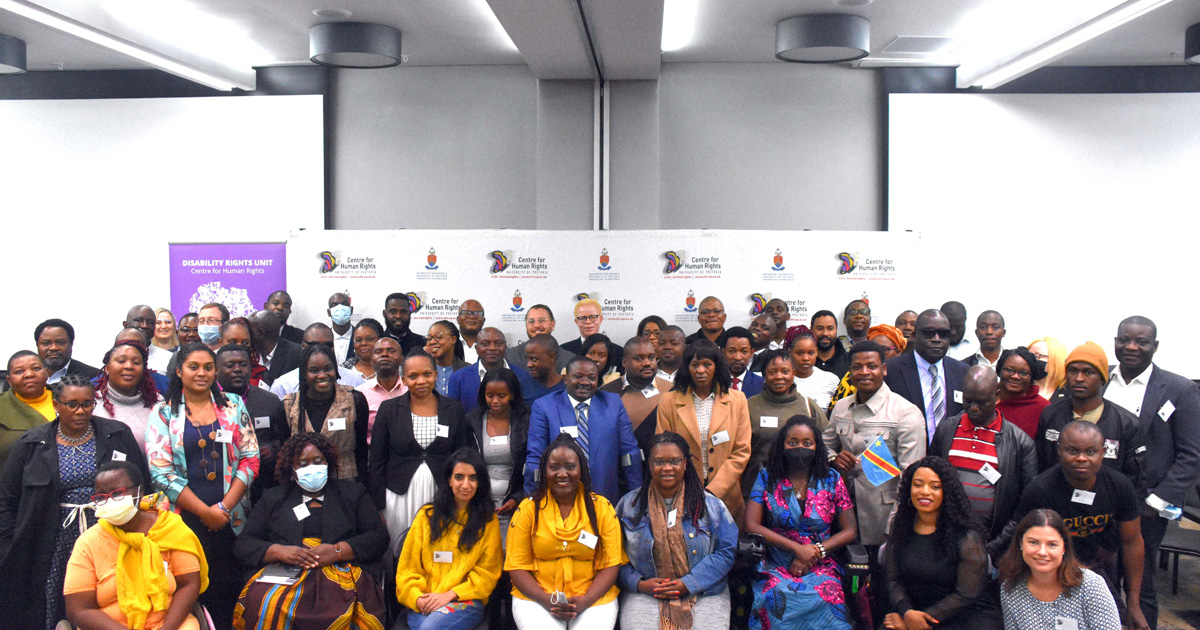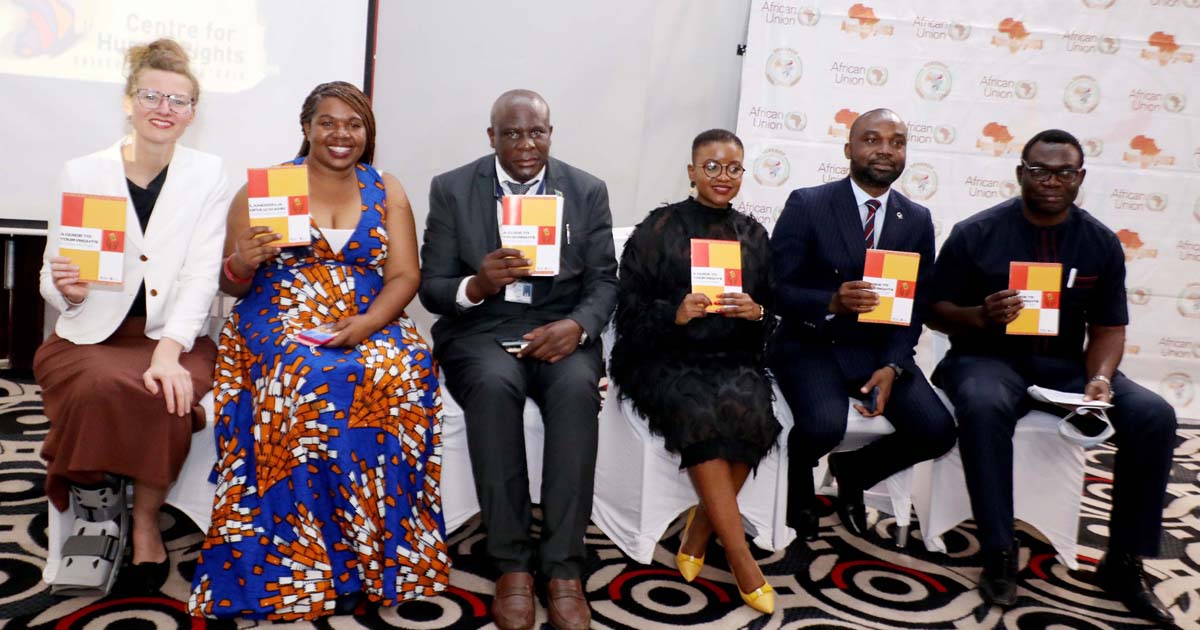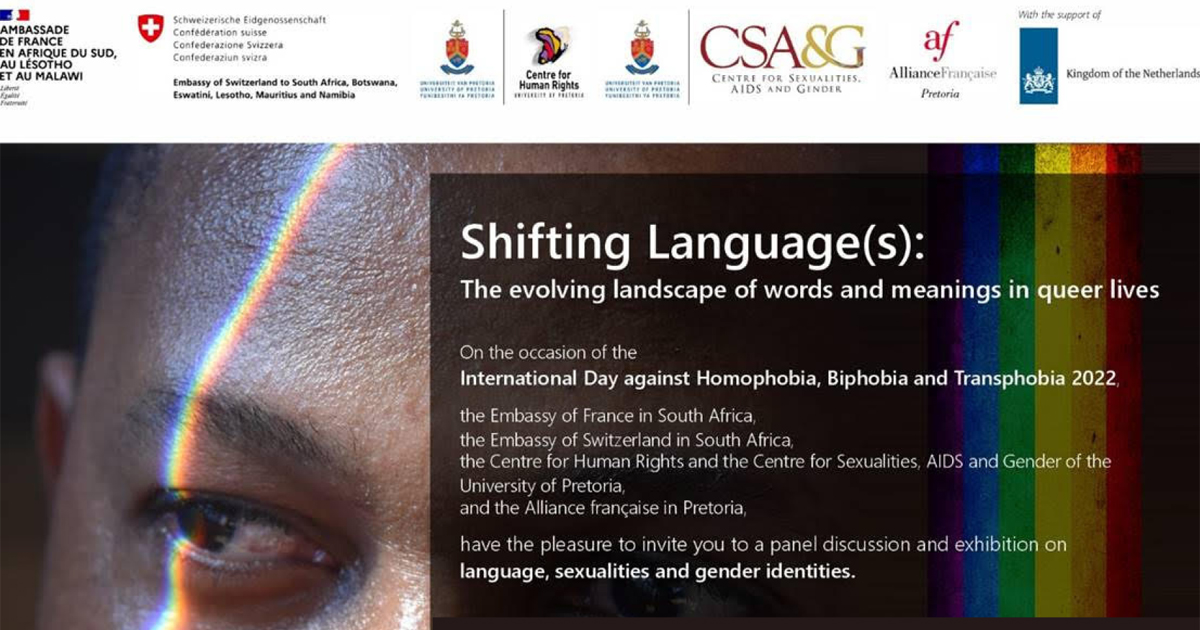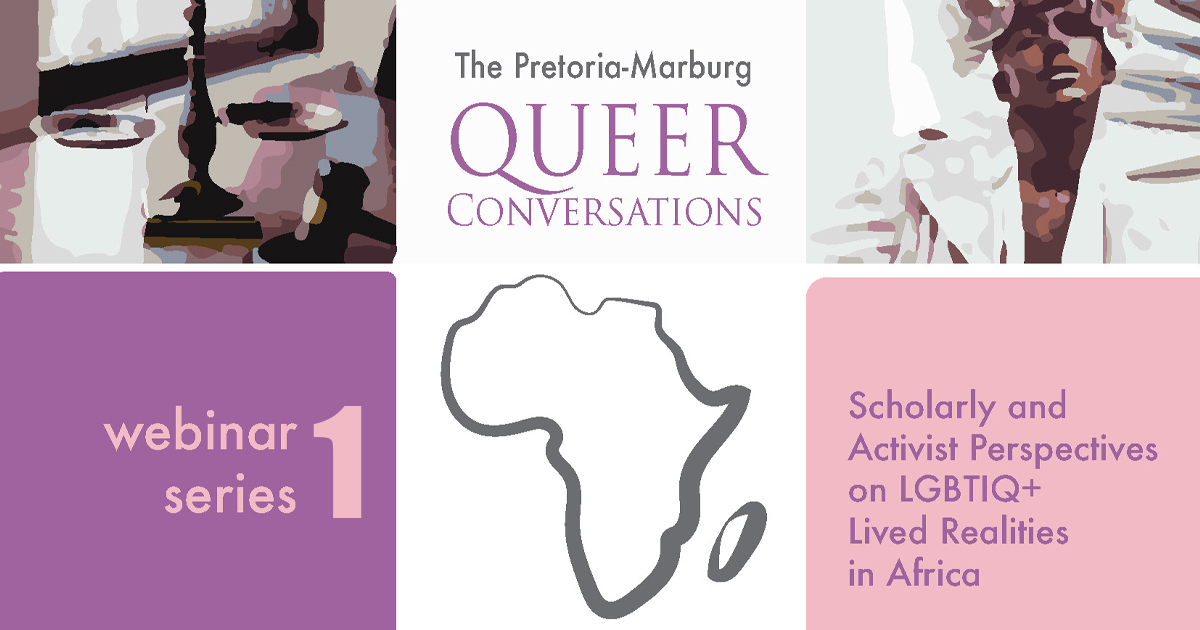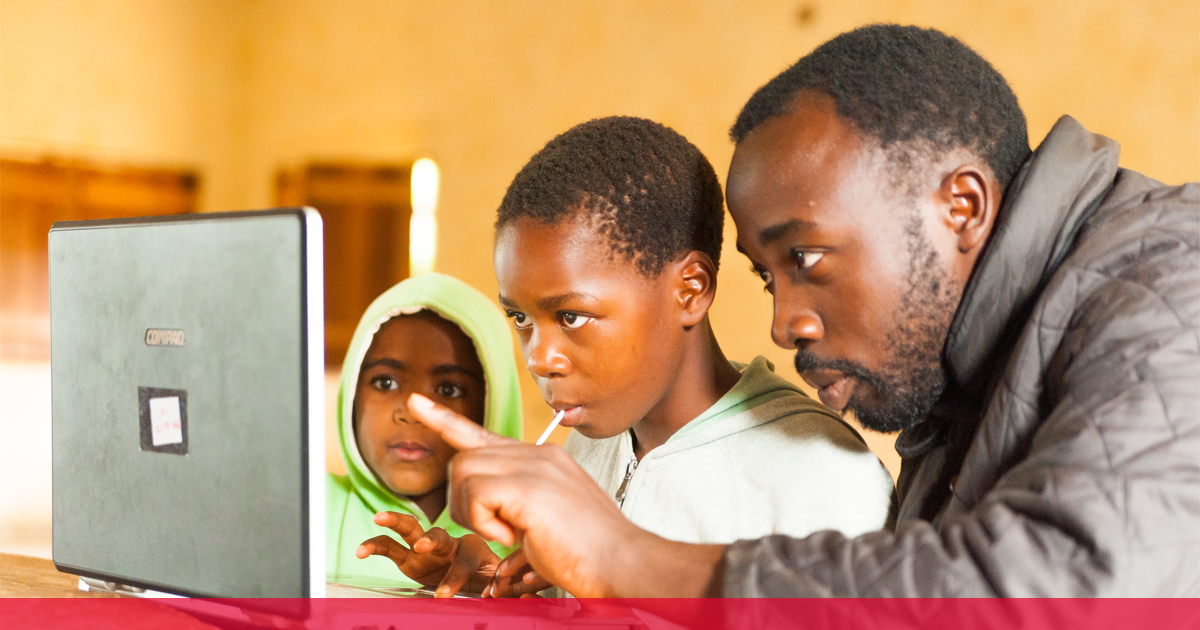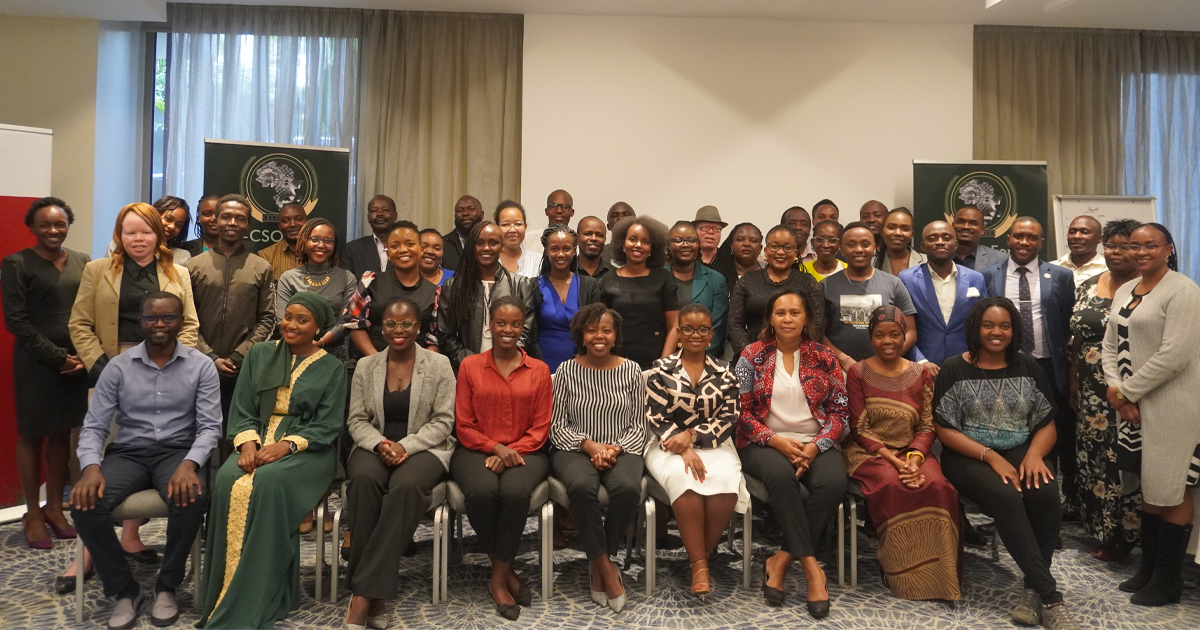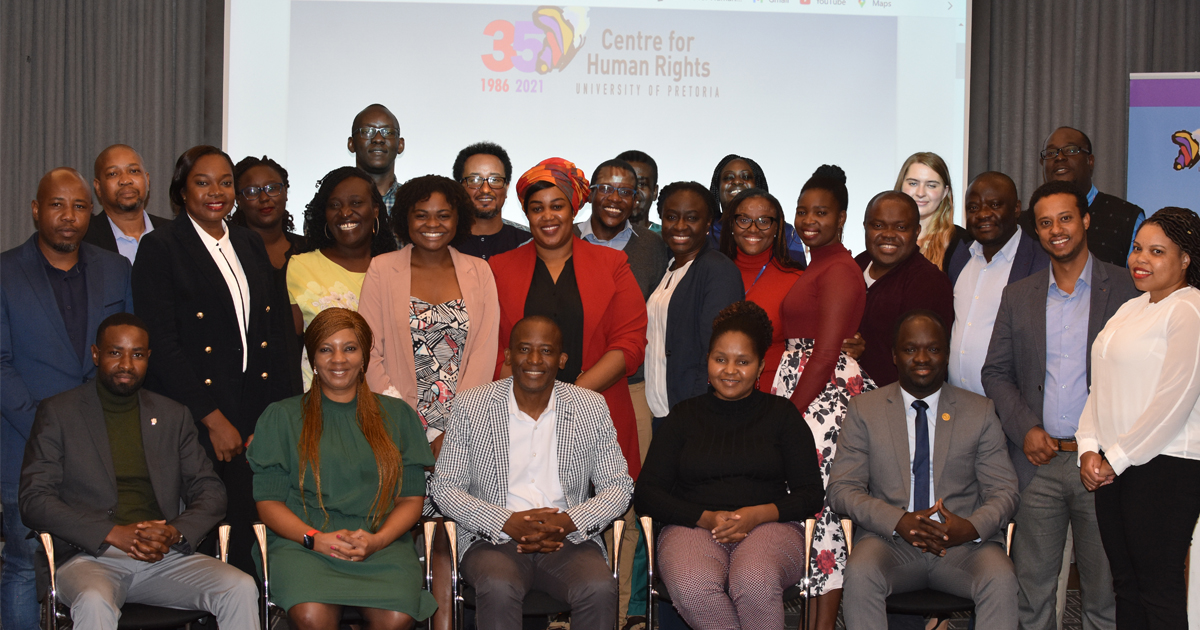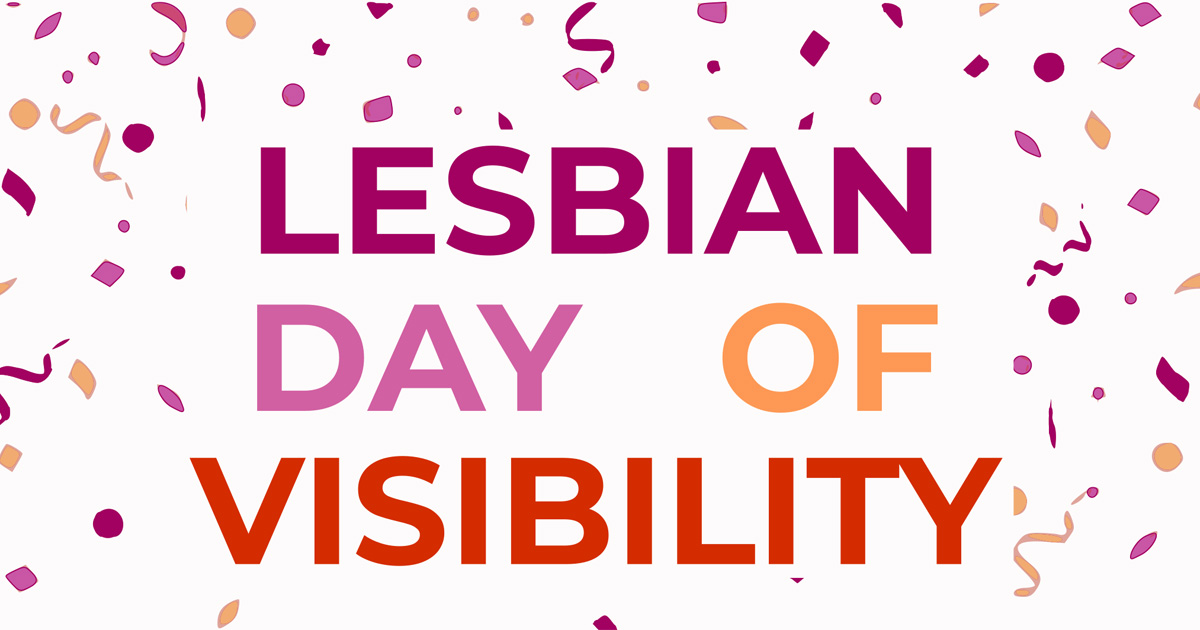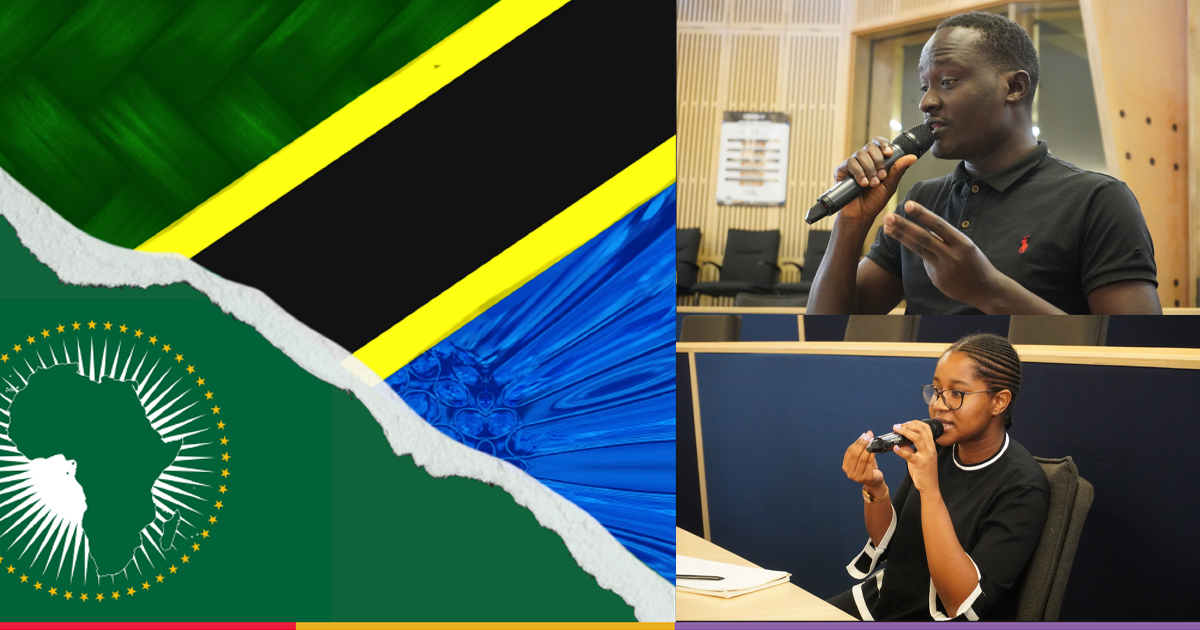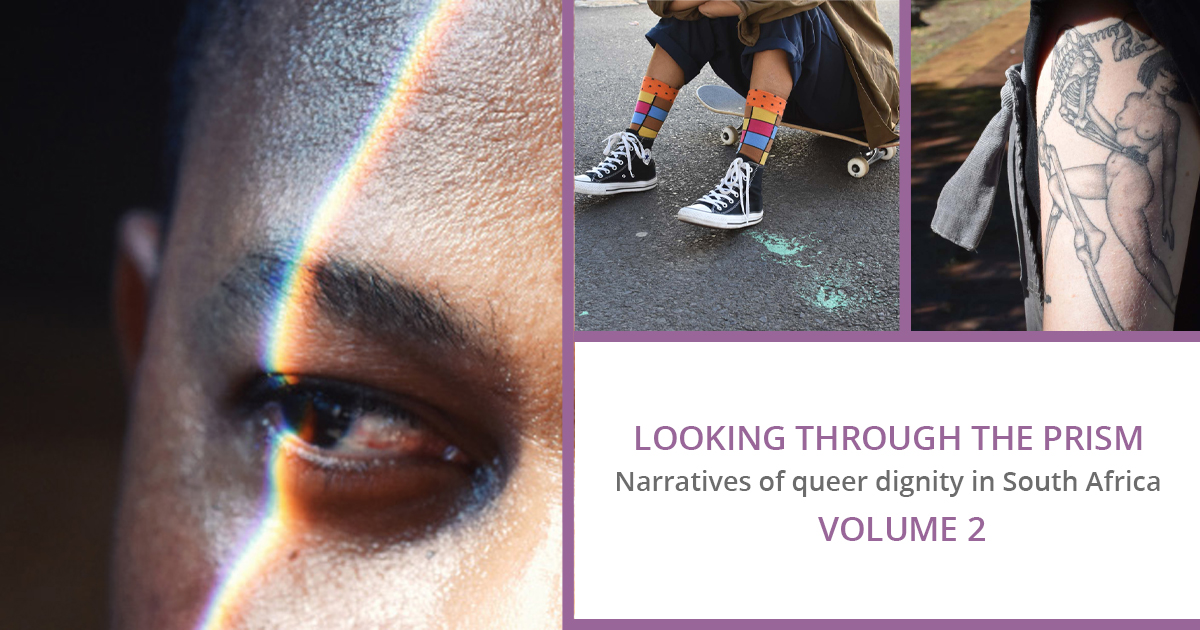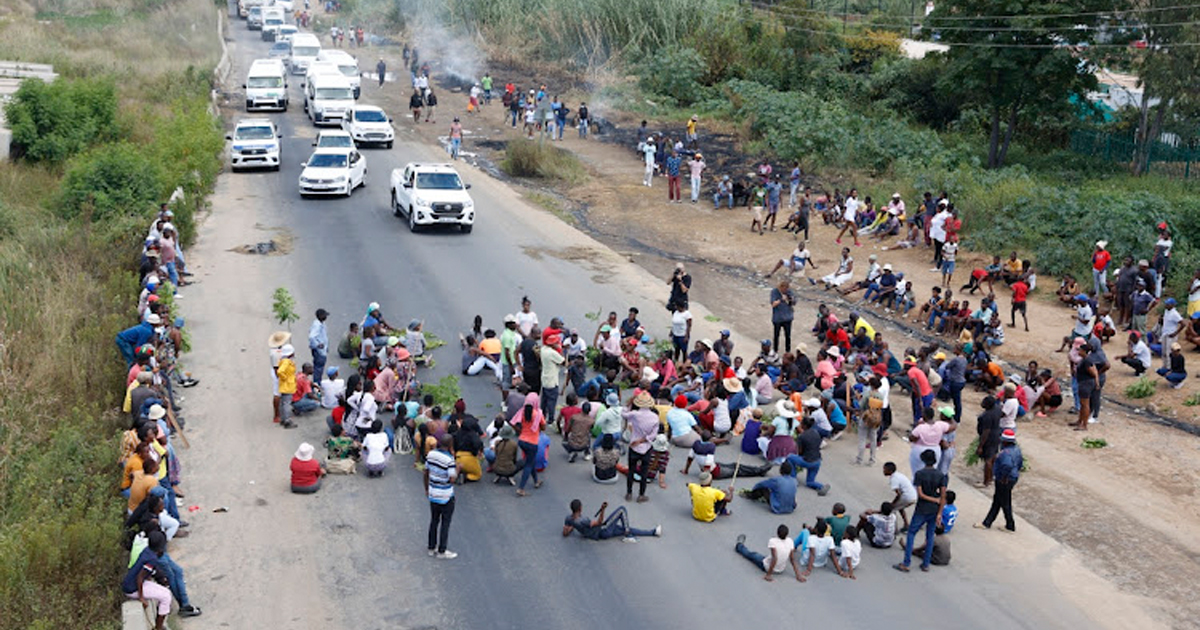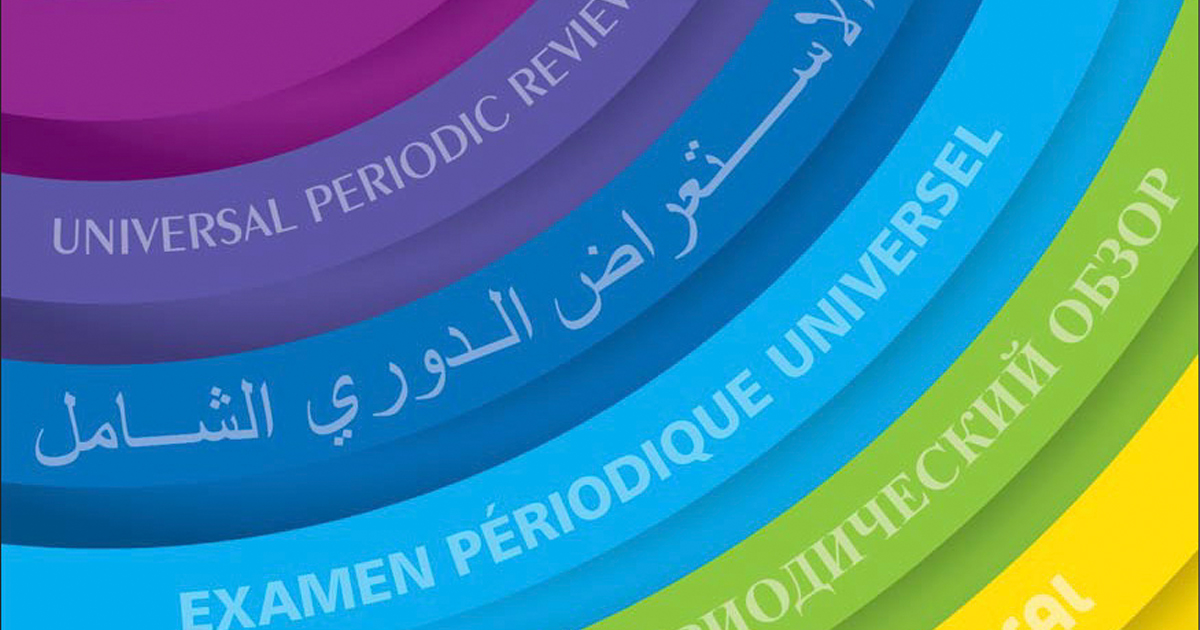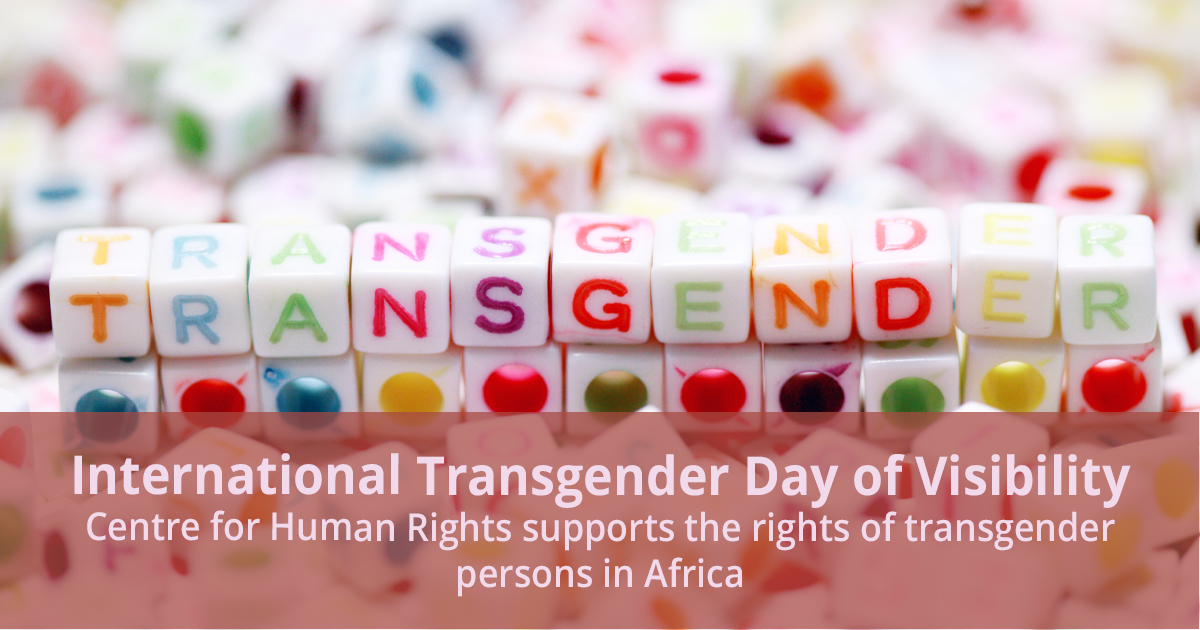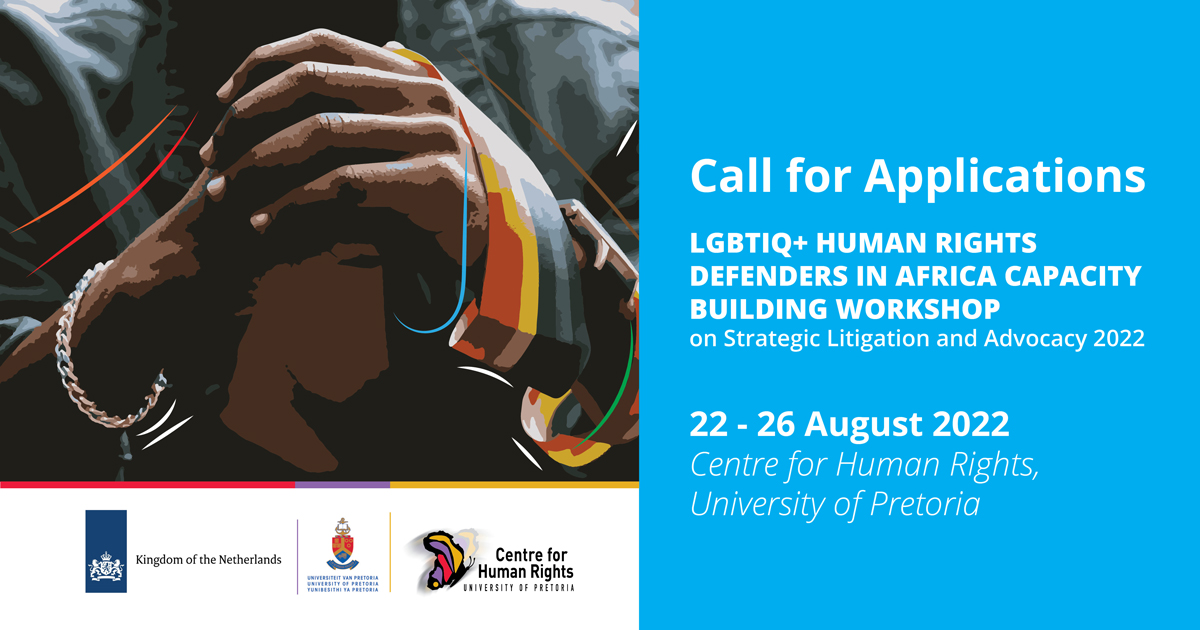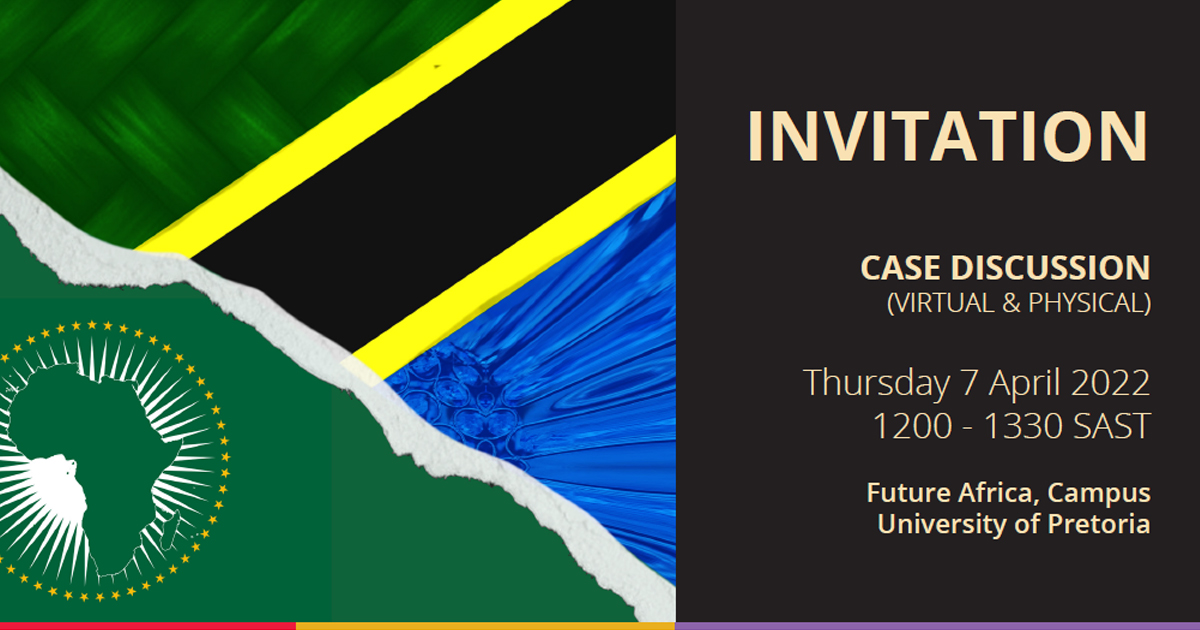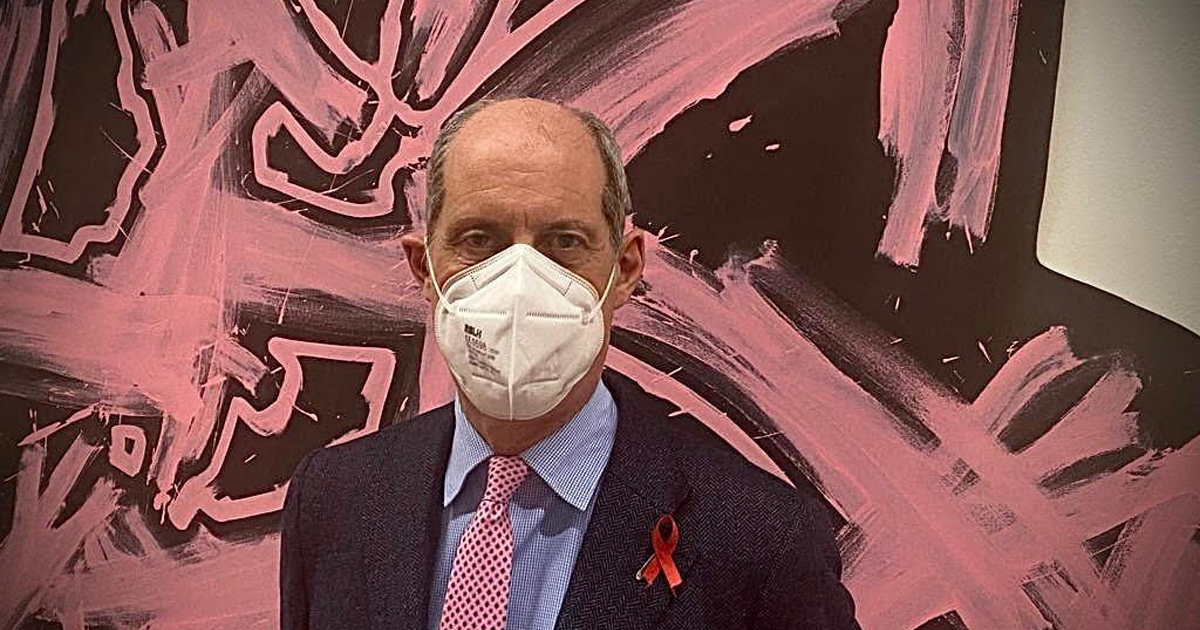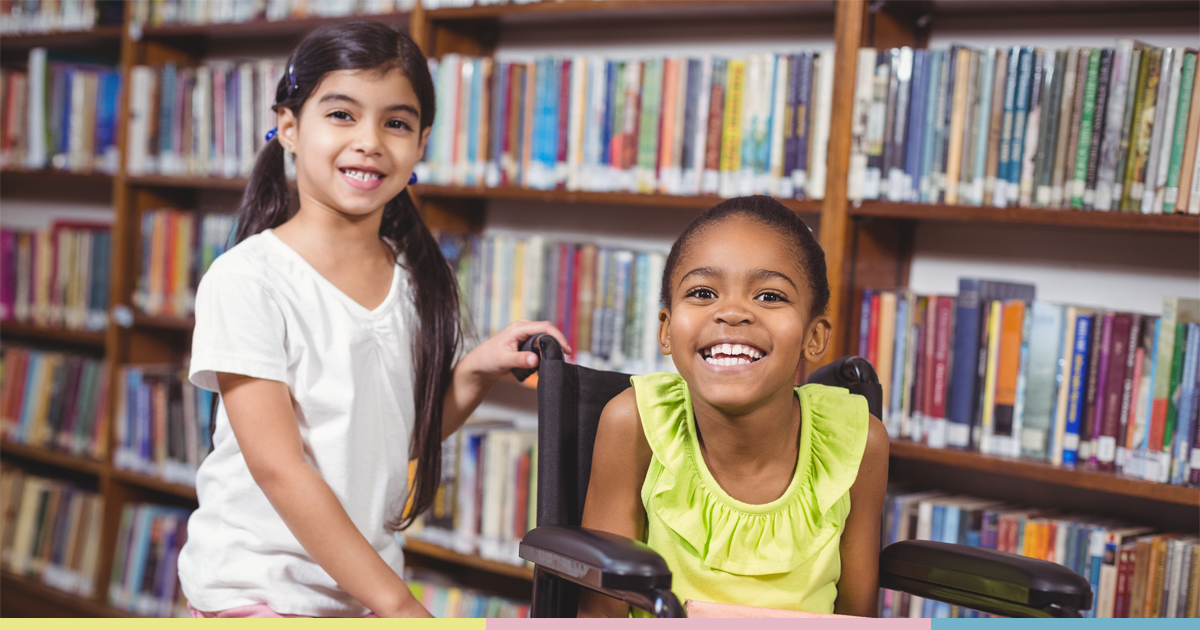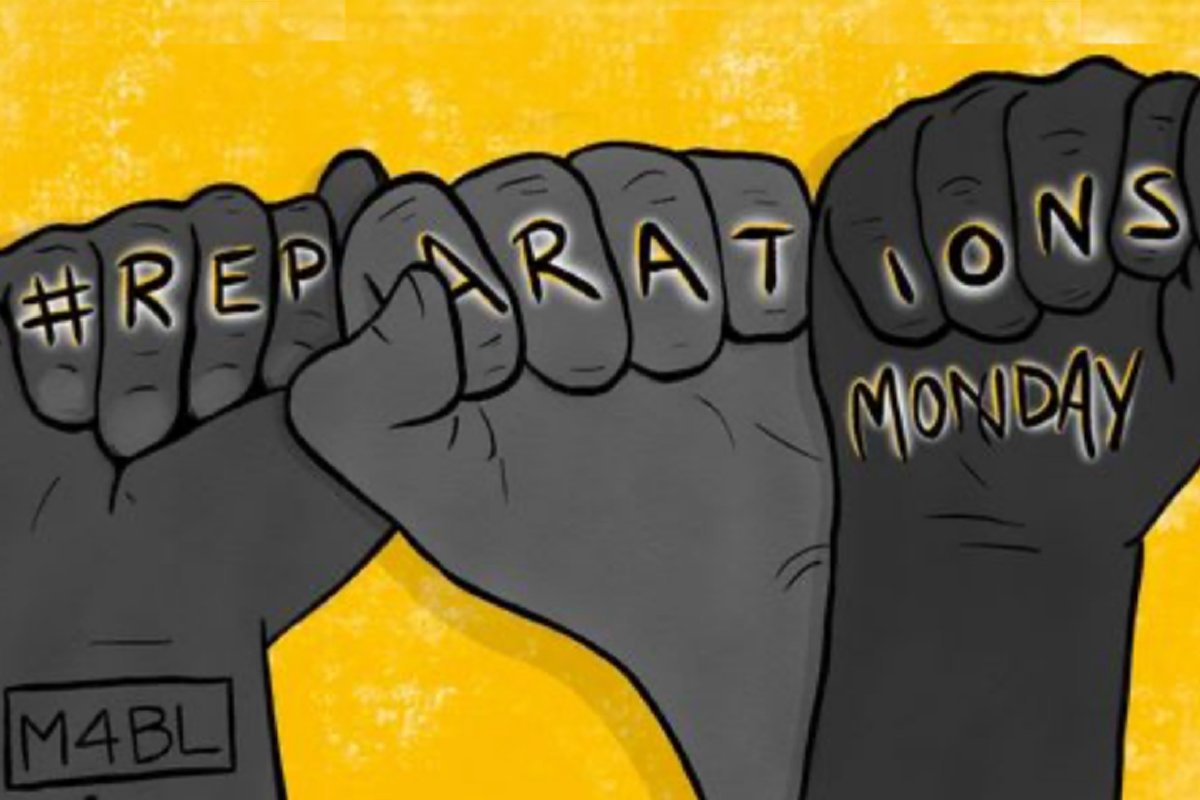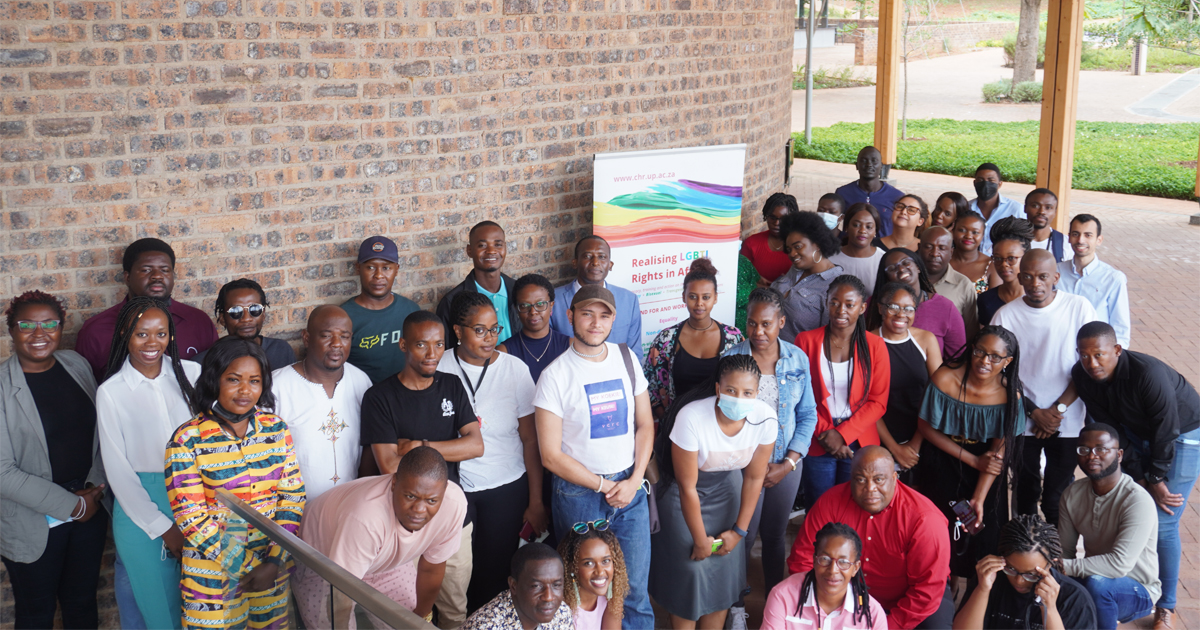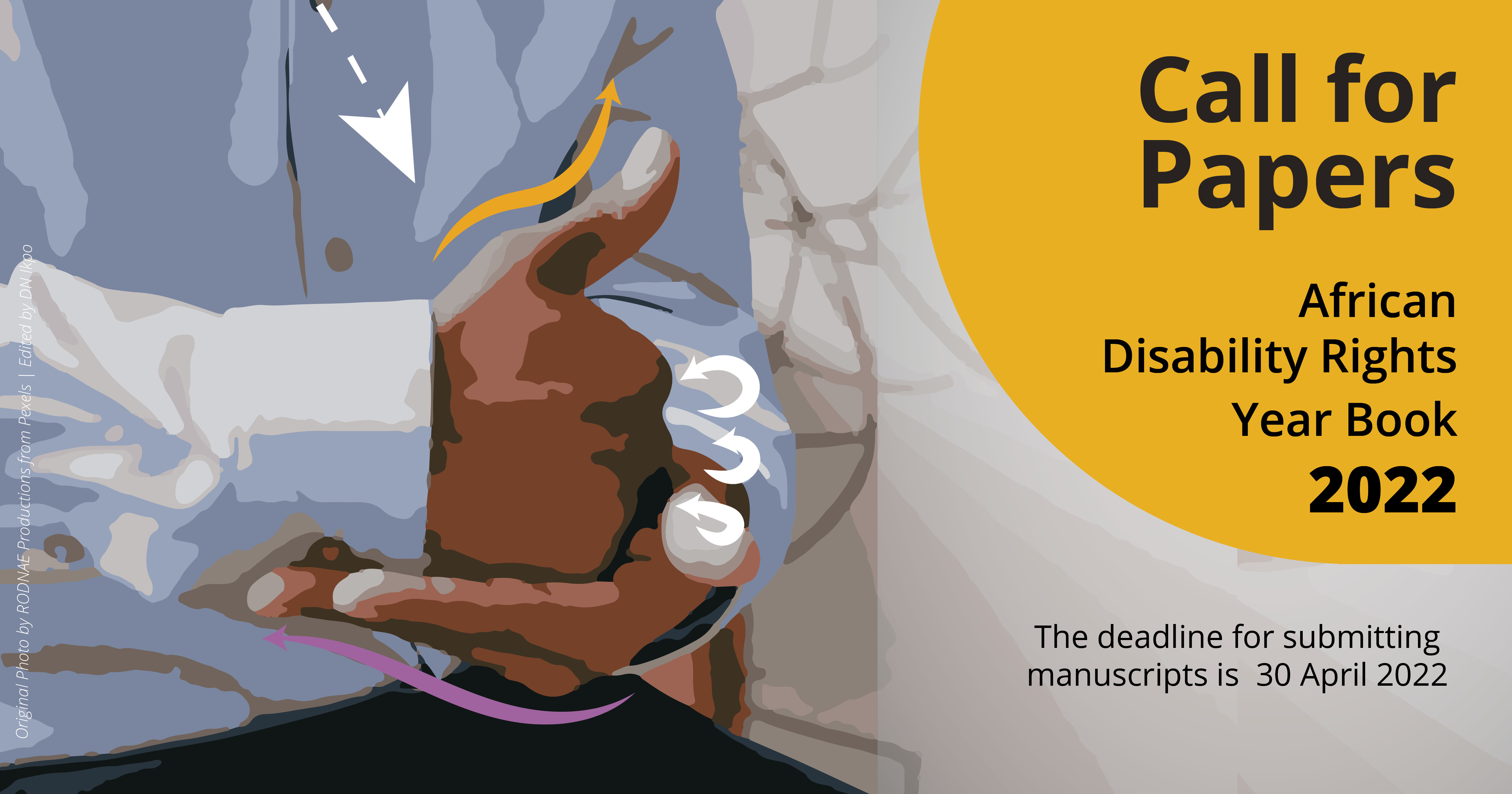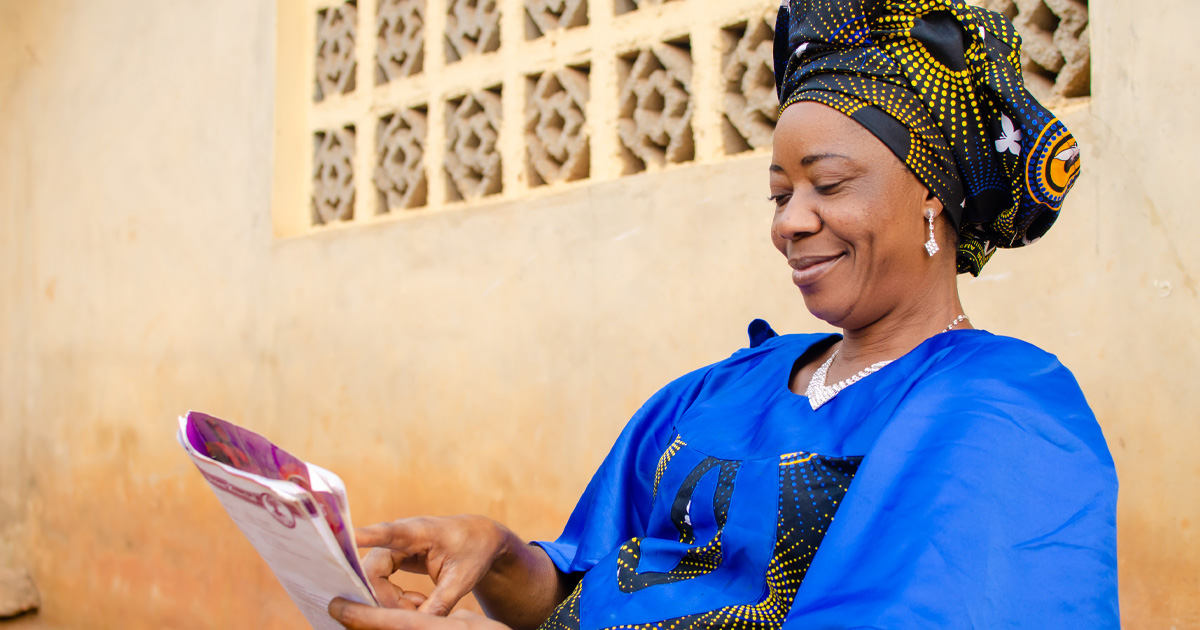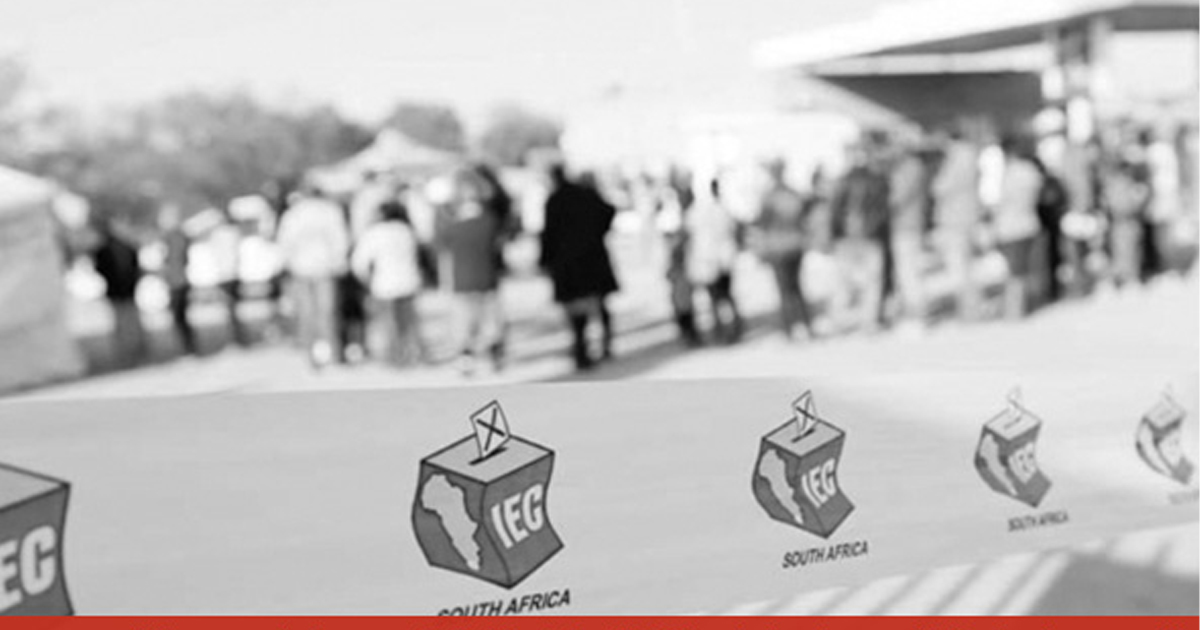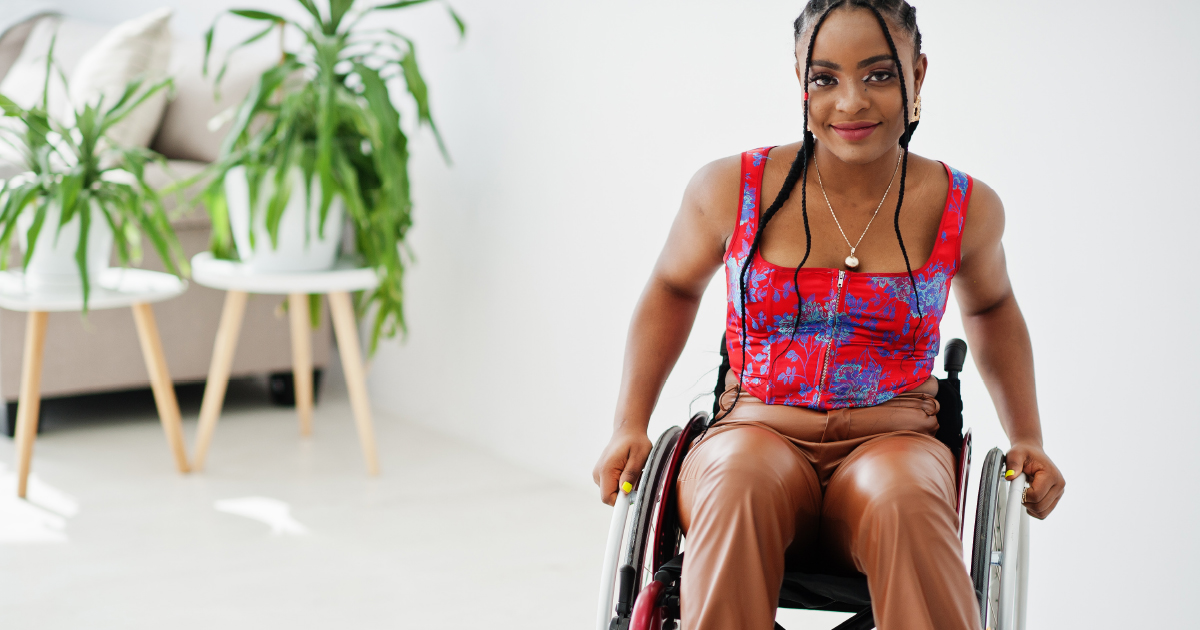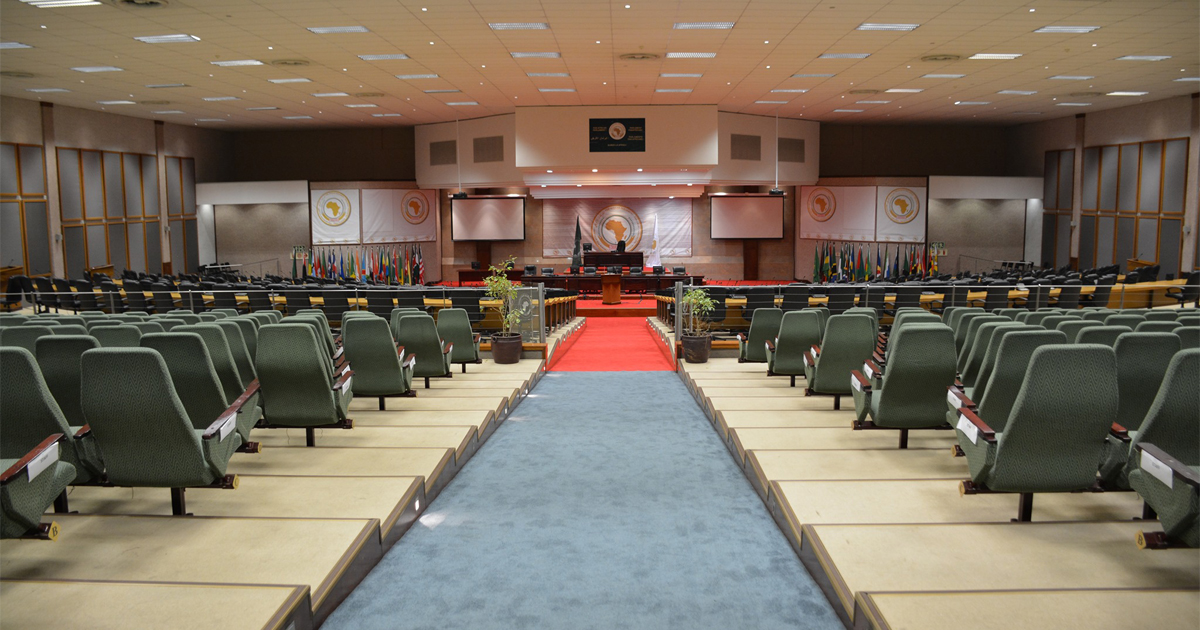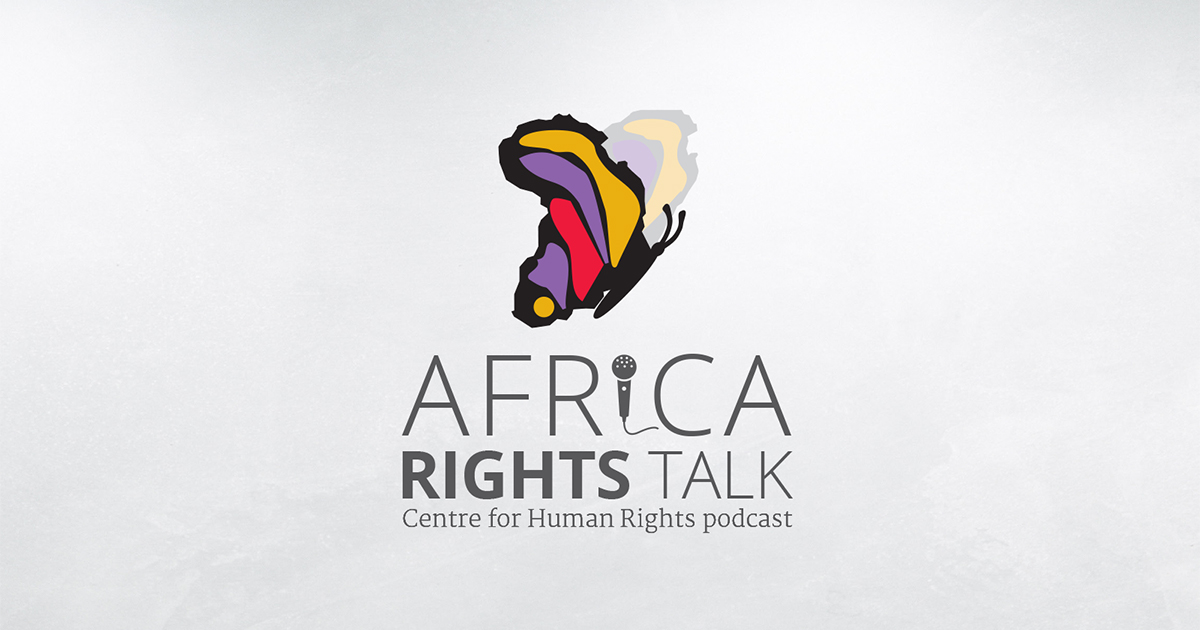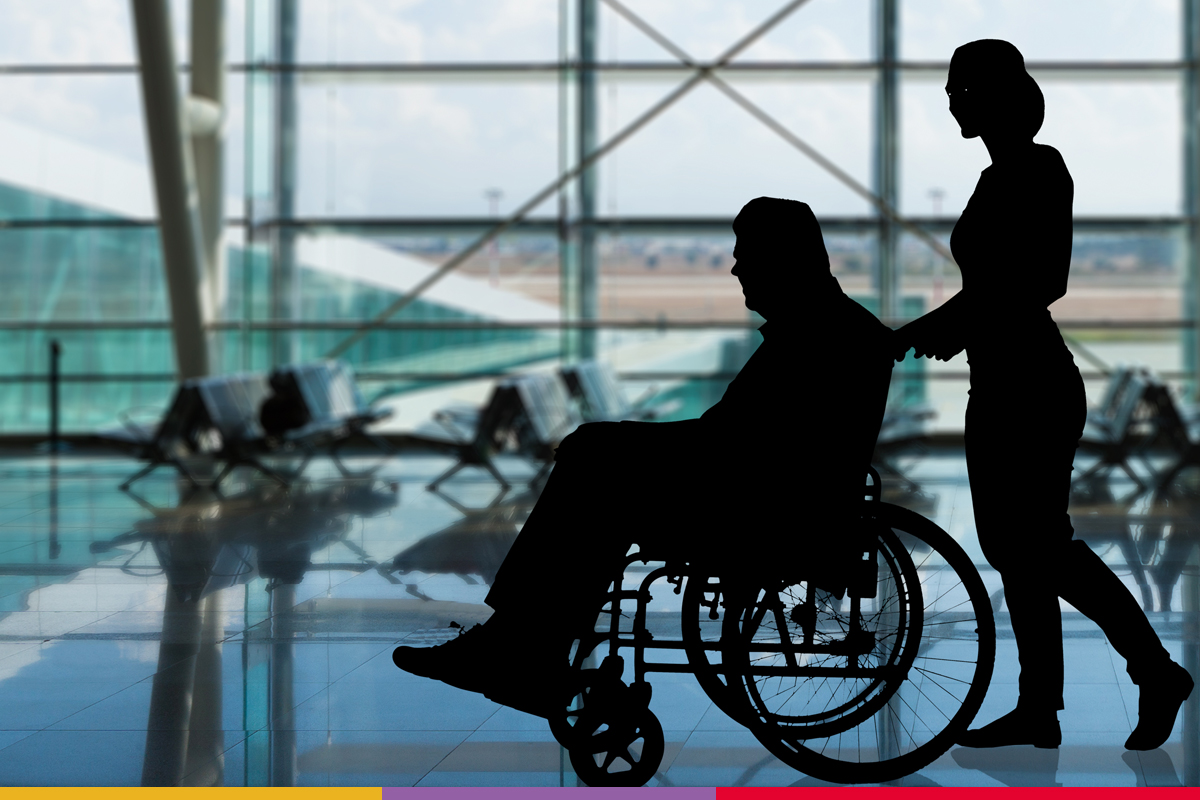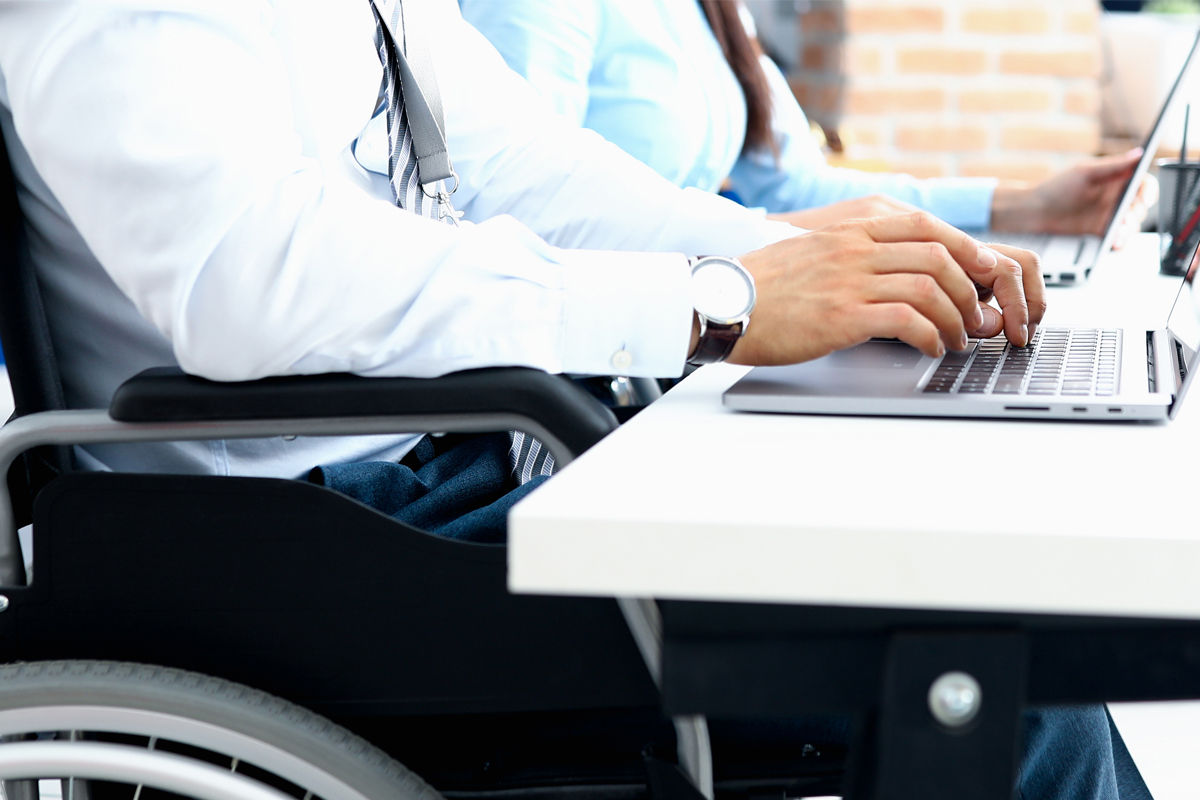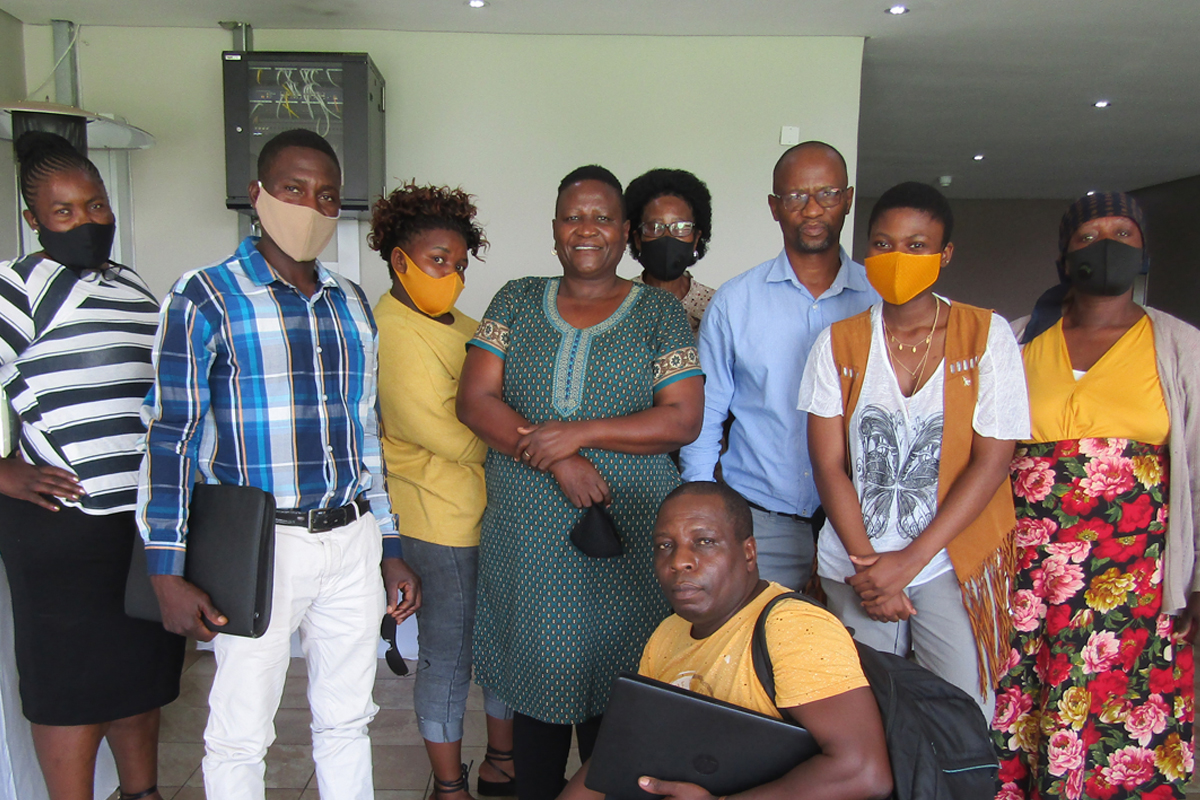- Details
In response to the African Commission’s unfortunate decision to reject observer status applications by three human rights organizations in its final communique of its 73rd ordinary session, the Centre for Human Rights, Faculty of Law, University of Pretoria and its partners - Synergía Initiatives for Human Rights, the Initiative for Strategic Litigation in Africa (ISLA), PanAfrica ILGA, Amnesty International, and Mouvement pour les Libertés Individuelles (MOLI) condemn this decision that threatens the Commission’s ability to promote and protect human rights for all.
- Details
The Expression, Information and Digital Rights (EIDR) unit in collaboration with the Media Institute of Southern Africa Zimbabwe (MISA-Zimbabwe) conducted a capacity-building workshop on promoting rights-respecting approaches to disinformation for Community-based Organisations (CBOs) on 17 November in Harare, Zimbabwe. Representatives from the media fraternity and academic institutions were also in attendance.
- Details
On 29 and 30 November 2022 in Abuja, Nigeria the Centre for Human Rights Women’s Rights Unit held a joint jurisprudential colloquium for Commissioners of the African Commission on Human and Peoples’ Rights and Judges of the Economic Community of West African States Court of Justice (ECOWAS Court). Judge President Edward Amoako Asante of the ECOWAS Court and Commissioner Janet Sallah-Njie, Special Rapporteur on the Rights of Women in Africa of the African Commission on Human and Peoples’ Rights are among the eminent attendees. The purpose of the Judicial Colloquium was to sensitise the judicial and quasi-judicial officers on attaining substantive equality for women in Africa through a gender-sensitive approach to the application and interpretation of the Protocol to the African Charter on Human and Peoples’ Rights on Rights of Women in Africa (Maputo Protocol).
- Details
On 24 and 25 November 2022, the Centre for Human Rights, Faculty of Law, University of Pretoria, in partnership with OutRight Action International, and with the support of the Embassy of the Kingdom of Norway in South Africa, held a Conference on the Decriminalisation of Same-Sex Law and the Eradication Conversion Practices in African countries.
- Details
The Centre for Human Rights (CHR), in partnership with the Zimbabwe Human Rights NGO Forum and the University of Zimbabwe, successfully launched the Zimbabwe Constitutional Literacy Booklet on 16 November in Harare, Zimbabwe.
- Details
The Centre for Human Rights, University of Pretoria (the Centre), is providing technical support to the African Commission on Human and Peoples' Rights (ACHPR) in its continental project on human rights and artificial intelligence (AI), robotics and other new and emerging technologies in Africa.
- Details
The Centre for Human Rights, Faculty of Law, University of Pretoria cordially invites you to the Launch of an Impact Analysis Study of the African Union (AU) Economic Cultural and Social Council (ECOSOCC) in the Governance structure of the African Union.
- Details
On 17 November 2022, the 10th annual disability rights in Africa Conference organised by the Disability Rights Unit at the Centre for Human Rights, University of Pretoria kicked off at Southern Sun hotel OR Tambo, South Africa. The theme of this year’s conference is ‘migration, displacement and disability: a human rights response’. The aim of the two day conference is to critically appraise laws, policies, practices, programmes, polities and ideologies that relate to migration and displacement and suggest remedial measures for protecting and ensuring the rights of migrants and internally displaced persons (IDPs) with disabilities.
- Details
Over two days, 15 and 16 November 2022, the Children Rights Unit at the Center for Human Rights, hosted a training workshop to capacitate selected state officials from varied ministries on strategies to incorporate the impact of Climate Change on children’s Socio-economic Rights in their state reports to the African Committee of Experts on the Rights and Welfare of the Child (African Children’s Committee).
- Details
The Centre for Human Rights(CHR), in collaboration with the International Working Group for Indigenous Affairs (IWGIA) and the working group on indigenous Populations/ Communities of the African Commission on Human and Peoples Rights hosted their course on 7-11 November 2022. The Course was held in a hybrid format with 20 participants attending physically at graduate center of the University of Pretoria and 35 attending online from countries in Africa and abroad. Participants were drawn from all walks of life including but not limited to students, legal practitioners, Indigenous Rights Advocates and members of indigenous communities, members of government institutions, Public Prosecutors, amongst others.
- Details
The Children's Rights Unit at the Centre for Human Rights launched its Study on Child Participation in Development Frameworks in Africa.
Child participation is a fundamental right guaranteed in international law, specifically under articles 12 of the Convention on the Rights of the Child (CRC) and 4(2) of the African Children’s Charter. It is a facilitative right that is significant in the intellectual development of the child and vital for a child’s autonomy and social responsibility later in a child’s life course.
- Details
The Centre for Human Rights, University of Pretoria (the Centre) hosted an Access to Information and Elections in South Africa symposium on 10 and 11 November 2022 at the University of Pretoria. Co-hosting the event were the Independent Electoral Commission of South Africa (IEC), the Information Regulator (IR), the South African Human Rights Commission (SAHRC), the Human Sciences Research Council (HSRC), and Media Monitoring Africa (MMA). The symposium is part of an advocacy project to promote the transparency and integrity of elections, and meaningful participation in elections by an informed electorate in South Africa. To this end, the symposium advocates for the implementation of the Guidelines on Access to Information and Elections in Africa were developed by the African Commission on Human and Peoples' Rights. Further, the symposium seeks to promote the implementation of the recommendations of the 2020 report titled Proactive Disclosure of Information and Elections in South Africa. The SA report assessed South Africa’s compliance with the Guidelines and made targeted recommendations to electoral stakeholders.
- Details
The Centre for Human Rights, University of Pretoria (the Centre) will be hosting an Access to Information and Elections in South Africa symposium on 10 and 11 November 2022 at the University of Pretoria. The symposium is hosted in collaboration with the Independent Electoral Commission of South Africa (IEC), the Information Regulator (IR), the South African Human Rights Commission (SAHRC), the Human Sciences Research Council (HSRC), and Media Monitoring Africa (MMA).
- Details
The Centre for Human Rights (Centre) in partnership with Konrad Adenauer Stiftung (KAS) under the aegis of the Rule of Law Program for Sub Saharan Africa developed simple-easy-reference booklets (for non-lawyers) that summarise the Bill of Rights as espoused in the constitutions of selected “Anglophone African” countries including Zimbabwe. The broad aim is to promote human rights and Constitutional literacy in Africa.
- Details
The Centre for Human Rights, in collaboration with its partners SIPD-Uganda and Intersex Community of Zimbabwe (ICoZ), launched an intersex report on the sidelines of the ongoing 73rd Ordinary Session of the African Commission on Human and Peoples’ Rights in Banjul, The Gambia.
- Details
In the last few years Africa’s sub-regional courts have passed judgments that buttress the importance of internet freedom. On 17 July 2022 the Court of Justice of the Economic Community of West African States (ECOWAS Court) found that the Nigerian government’s 7-month Twitter ban violated article 9 of the African Charter on Human and Peoples’ Rights and article 19 of the International Covenant on Civil and Political Rights (ICCPR).
- Details
Shadow reporting
Member states are obligated to report to the African Commission every two years, in accordance with its guidelines, on measures they have taken to give effect to the provisions of the African Charter; and its Protocols, including the Protocol to the African Charter on the Rights of Women in Africa; the Protocol to the African Charter on the Rights of Older Persons in Africa, the Protocol to the African Charter on the Rights of Persons with Disabilities in Africa; the Protocol to the African Charter on the Rights of Citizens to Social Protection and Social Security; the African Union Convention for the Protection and Assistance of Internally Displaced Persons in Africa; and any other subsequent regional human rights treaties in respect of which the African Commission has the mandate to monitor state reporting.
- Details
The Centre for Human Rights, University of Pretoria (the Centre) is pleased to invite interested persons to express their interest to participate in a two-day election symposium on 10 - 11 November 2022 at the University of Pretoria.
- Details
In collaboration with the Centre for Human Rights, Faculty of Law, University of Pretoria and the Centre for Applied Legal Studies, Wits University Natural Justice will host a two-day conference to empower young activists and students with knowledge and tools to influence climate justice in South Africa.
- Details
The Centre for Human Rights, University of Pretoria, cordially invites you to its 10th Annual Disability Rights Conference on 17 and 18 November 2022 which will take place in a hybrid format (in Pretoria, South Africa; and on zoom). The theme of this year’s conference is “Migration, Displacement and Disability: A human rights’ response”. Kindly note that for those who wish to attend the conference physically/in-person, it is required that you cover your own costs (air tickets, accommodation, transport, etc). The Centre will cover costs of conferencing. For those who wish to attend the conference virtually, you are simply requested to fill out the Google form, and the zoom link will be emailed to you.
The conference acts as a platform for convening dialogue amongst key stakeholders on disability rights, and to spotlight the pertinent and emerging disability rights concerns in the African region.
- Details
The right to access justice is an important cross-cutting right that is a pre-requisite for the enjoyment and vindication of all other human rights and fundamental freedoms. Enshrined in article 13 of the Convention of the Rights of Persons with Disabilities (CRPD) and article 13 of the Protocol to the African Charter on Human and People’s Rights on the Rights of Persons with Disabilities in Africa (African Disability Protocol), the right guarantees effective access to justice through the provision of procedural, age and gender-appropriate accommodations.
- Details
Amnesty International, the Centre for Human Rights, University of Pretoria and UN Special Rapporteur on Freedom of Assembly are hosting an event on Protecting The Right To Protest in Africa on the Side-lines of the ACHPR 73rd Ordinary Session.
- Details
The Centre for Human Rights’ Expression, Information and Digital Rights (EIDR) Unit hosted a two-day-long training and capacity-building workshop on Digital Rights in Southern Africa, from 04 to 05 October 2022. The workshop was targeted at government officials and National Human Rights Institutions (NHRIs) in Southern Africa. It is part of the stakeholder-specific workshops that commenced following the launch of the Digital Rights in Southern Africa report, which informs the training. The participants were from Angola, Lesotho, Malawi, Mozambique, Namibia, South Africa, Tanzania, and Zimbabwe.
- Details
The Global Coalition on Deinstitutionalization (‘GC-DI’) calls on all bodies and agencies of the UN to support the implementation of the UN Guidelines on Deinstitutionalization, including in Emergencies (‘the Guidelines’). We further call on States parties and regional integration organizations to align reform processes with the authoritative guidance being provided to them by the adoption of the Guidelines. We urge all stakeholders to ensure that deinstitutionalization processes conform to the letter and spirit of the Convention, and prioritise the leadership of persons with disabilities.
- Details
On 8 September 2022 the Center for Gender Studies and Feminist Futures (CGS) and the Center for Conflict Studies (CCS) at the University of Marburg hosted the final session of the webinar series in the Pretoria-Marburg Queer Conversations: Scholarly and Activist Perspectives on LGBTIQ+ Lived Realities in Africa in collaboration with the Centre for Sexualities, AIDS, and Gender (CSA&G), and the Centre for Human Rights (CHR) at the University of Pretoria. The Pretoria-Marburg Queer Conversations creates a monthly space for in-depth discussions designed to tap into the intersections of knowledge-production and transfer between diverse scholarly and activist spheres and contributes to methodological, conceptual, and normative aspects of centering LGBTIQ+ rights and lived realities in African contexts.
- Details
The Expression, Information and Digital Rights Unit cordially invites you to the first of five interactive sessions on the Implementation of the Protection of Personal Information Act (POPIA), 2013.
SESSION 3: Protection of Personal Information and Organisational Compliance
- Details
The Centre for Human Rights, Faculty of Law, University of Pretoria, cordially invites you to a webinar organised by the Democracy and Civic Engagement Unit on participation of young people in elections and politics on the continent with a specific focus on Kenya, Zambia and South Africa. The webinar will interrogate the influences driving participation of young Africans informed by trends of most recent election cycles in the selected countries. This webinar aims to understand the trend towards declining youth participation and the influences driving this as well as garner lessons from instances where youth participation in elections has been robust.
- Details
The Centre for Human Rights, Faculty of Law, at the University of Pretoria (Centre for Human Rights), is extending an invitation to you to participate in a webinar launching a study on the impact of COVID-19 on older women in Southern Africa.
- Details
The Sexual Orientation, Gender Identity and Expression, and Sex Characteristics (SOGIESC) Unit of the Centre for Human Rights, Faculty of Law, is recruiting for: (i) a part-time position and (ii) a full-time position of Project Officer each under a twelve-month contract beginning in January 2023 and ending on 31 December 2023, renewable based on performance and continued funding.
- Details
On 9 June 2022 the Centre for Human Rights (CHR) at the University of Pretoria facilitated the fifth event in the Pretoria-Marburg Queer Conversations: Scholarly and Activist Perspectives on LGBTIQ+ Lived Realities in Africa in collaboration with the Centre for Sexualities, AIDS, and Gender (CSA&G) at the University Pretoria, the Center for Gender Studies and Feminist Futures (CGS) and the Center for Conflict Studies (CCS) at the University of Marburg. The Pretoria-Marburg Queer Conversations series creates a monthly space for in-depth discussions designed to tap into the intersections of knowledge-production and transfer between diverse scholarly and activist spheres and contributes to methodological, conceptual, and normative aspects of centering LGBTIQ+ rights and lived realities in African contexts.
The Pretoria-Marburg Queer Conversations continue on 8 September 2022 with the topic ‘Prospects and Challenges for Transnational Activism to Advance LGBTIQ+ Rights in Africa’ organised by the Center for Gender Studies and Feminist Futures (CGS) and the Centre for Conflict Studies (CCS) at the University of Marburg. Register for the following webinar below:
- 8 September 2022, 12:00 SAST to 13:30 SAST / 12:00 CET to 13:30 CET:
- Details
The Centre for Human Rights, Faculty of Law, University of Pretoria, with the support of the Embassy of the Kingdom of the Netherlands in South Africa, hosted a week-long capacity-building workshop on strategic litigation and advocacy for LGBTI+ human rights defenders in Africa. The workshop is an annual event organised by the Centre’s Sexual Orientation, Gender Identity and Expression, and Sex Characteristics (SOGIESC) Unit. The workshop aims to capacitate LGBTI+ human rights defenders in Africa with knowledge and skills to conduct strategic litigation and advocacy supporting litigation efforts. This year’s edition took place in Pretoria from 22 to 26 August 2022.
- Details
Civil Society Organisations (CSOs) play an important and ever-shifting role in African politics and influence the power dynamics on the continent. A vibrant and functioning CSO sector is essential to African societies and their development in various ways, including lobbying for the protection of human rights, amplifying civil voices and acting as external oversight bodies, holding African governments to account. CSOs' influence on policy-making on the continent is essential as they represent the interests of various groups. One of the African Union (AU) organs that facilitates the involvement of African CSOs and, ultimately, the African citizenry is the AU Economic, Social & Cultural Council (ECOSOCC). Established in 2004 by way of Articles 2 and 25 of the AU Constitutive Act, as an advisory body to the AU, this organ provides a platform for representation and involvement of African CSOs in decision-making on the continent through influencing AU policies, programmes and principles. Key areas of ECOSOCC's work in this regard are upholding the principles and policies of the AU by advising on and evaluating these programmes; undertaking studies and making recommendations; and contributing to the promotion of human rights, the rule of law, good governance, and democratic principles.
- Details
The African Union (AU) commemorates its second decade this year. This milestone presents a moment to reflect on the founding aspirations of the body, assess the current progress in achieving these, and provide suggestions of what the continent should do to achieve these aspirations. This piece assesses the AU's role in peace and security on the continent as far as election-related violence (ERV) is concerned and the linkages between various organs of the AU to achieve this, particularly the Pan-African Parliament (PAP) and the AU Peace and Security Council (PSC). Timothy Sisk defines ERV as 'acts of verbal assault, intimidation, coercion and physical harm used to sabotage an electoral process (at any given point) or eliminate electoral competition.' The United Nations recognises ERV as a 'form of political violence which is often designed to influence an electoral outcome and, therefore, political power distribution.'
- Details
The Centre is implementing a research project on the impact of race and colour on the enjoyment of human rights and fundamental freedoms by persons with albinism in South Africa. The project seeks to determine the extent and the manner in which racism and colourism hinder the enjoyment of human rights and fundamental freedoms by persons with albinism in South Africa. Accordingly, the Centre is seeking to recruit an experienced consultant with extensive knowledge on the rights of persons with albinism. The consultant is expected to conduct a desktop research study to ascertain the impact of race and colour on the enjoyment of human rights by persons with albinism in South Africa.
- Details
The Centre for Human Rights, Faculty of Law, University of Pretoria, in partnership with the University of Antwerp, cordially invites you to a webinar dialogue on clarifying the nature, content and importance of the right to development in Africa. The Dialogue will attempt to interrogate critical issues around Human Rights Based Approach to Development; Debt Financing, Taxation and development; IFFS and Development; Public Services and the SDG agenda; PPPs and development; Climate Change and Sustainable Development and the Draft Treaty on Right to Development among others. These will help guide formulation of strategic interventions to inform the right to development discourse in Africa and international mechanisms.
- Details
On 15 August 2022, the Centre for Human Rights’ Expression, Information and Digital Rights unit hosted a digital rights training and capacity-building workshop for civil society organisations from Botswana, DRC, Eswatini, Lesotho, Malawi, Mozambique, Madagascar, Namibia, Zambia and Zimbabwe. Among the participants were representatives of NGOs, journalists, lawyers, and academics. The training was based on the Digital Rights Landscape in Southern Africa report launched on 3 August 2022. The objective of the training was to advance and enhance public interest and awareness of digital rights among civil society organisations.
- Details
The Disability Rights Unit, Centre for Human Rights, University of Pretoria, conducted a research study to map out the barriers faced by persons with disabilities in accessing the criminal justice systems in Botswana, South Africa and Zambia. Botswana, South Africa and Zambia have ratified the United Nations Convention on the Rights of Persons with Disabilities (CRPD) in 2021, 2007 and 2010, respectively. The (CRPD) enshrines the rights of persons with disabilities, including the right to access justice on an equal basis with others under article 13.
- Details
The Centre for Human Rights, University of Pretoria, and the NorwegianCentre for Human Rights, University of Oslo, cordially invite you to a thematic and country-level discussion of the influence of the United Nations treaty system on the promotion and protection of human rights at the national level.
- Details
On 4 August 2022, The Democracy and Civic Engagement Unit of the Centre for Human Rights(the Centre), University of Pretoria(UP), in collaboration with the Africa Peer Review Mechanism (APRM) hosted a cocktail reception in honour of Dr. Nardos Bekele-Thomas, the new Chief Executive Officer of AUDA- NEPAD, and His Excellency Chief Charumbira Fortune Zefania, the New President of the Pan-African Parliament (PAP) and Members of the Bureau. The newly elected Members of the Bureau are: Hon. Prof. Massouda Mohamed Laghdaf; Hon. Dr Ashebiri Gayo; Hon. Lúcia Maria Mendes Gonçalves dos Passos; and Hon. Francois Ango Ndoutoume.
- Details
Every year, on August 9, South Africa country marks Women’s Day. The day is used to pay tribute to the more than 20 000 women who marched to the Union Buildings on 9 August 1956 in protest against the extension of Pass Laws to women, a system meant to subjugate women even further and reduce women to passive beings, at the mercy of men. In addition to celebrating the strength and resilience of South Africa women, the day brings attention to the issues that African women face then and now. These issues include gender-based violence (GBV), discrimination and harassment in different areas of life, unequal pay, lack of access to education and sexual and reproductive health services and in recent times the disproportionate impact of climate change.
- Details
The African Coalition for Corporate Accountability (ACCA) congratulates the Centre for Applied Legal Studies (CALS), Alternative Information and Development Centre (AIDC) and Lawyers for Human Rights (LHR) on successfully convening the 4th Binding Treaty on Business and Human Rights Indaba in Johannesburg from the 27 - 28 July 2022, under the theme: ‘Towards a legally binding instrument’: Lessons learnt from the pandemic.’
- Details
On 3 August 2022, the Expression, Information and Digital Rights unit, launched the Digital Rights in Southern Africa Landscape report. The report is based on the African Charter on Human and Peoples’ Rights, and other international and regional human rights instruments that are important in the enforcement of human rights in the digital age. It seeks to enhance public interest and awareness of digital rights to exert direct influence on Southern African states to implement normative human rights standards in the digital age.
- Details
The Centre for Human Rights, University of Pretoria, cordially invites you to join the launch of The Digital Rights Landscape in Southern Africa report based on the African Charter on Human and Peoples’ Rights, and other international and regional human rights instruments that are relevant in articulating human rights in the digital age. The report aims to improve the level of public interest and awareness on digital rights to exert direct influence on Southern African states to implement normative human rights in the digital age.
- Details
The Expression, Information and Digital Rights Unit cordially invites you to the first of five interactive sessions on the Implementation of the Protection of Personal Information Act (POPIA), 2013.
SESSION I Topic: Protection of Personal Information and Consent under the POPIA
- Details
The fourth of six-event series in the Pretoria-Marburg Queer Conversations: Scholarly and Activist Perspectives on LGBTIQ+ Lived Realities in Africa was held on 7 July 2022. The Centre for Sexualities, AIDS, and Gender (CSA&G) at the University Pretoria facilitated the webinar session in collaboration with the Center for Gender Studies and Feminist Futures (CGS) and the Centre for Conflict Studies (CCS) at the University of Marburg and the Centre for Human Rights (CHR) at the University of Pretoria. The Pretoria- Marburg Queer Conversations creates a monthly space for in-depth discussions designed to tap into the intersections of knowledge-production and transfer between diverse scholarly and activist spheres and contributes to methodological, conceptual, and normative aspects of centering LGBTIQ+ rights and lived realities in African contexts.
- Details
On 9 June 2022, the Center for Gender Studies and Feminist Futures (CGS) and the Centre for Conflict Studies (CCS) at the University of Marburg coordinated the third webinar in the Pretoria-Marburg Queer Conversations: Scholarly and Activist Perspectives on LGBTIQ+ Lived Realities in Africa in collaboration with the Centre for Sexualities, AIDS, and Gender (CSA&G) at the University Pretoria and the Centre for Human Rights (CHR) at the University of Pretoria. The Pretoria- Marburg Queer Conversations creates a monthly space for in-depth discussions designed to tap into the intersections of knowledge-production and transfer between diverse scholarly and activist spheres and contributes to methodological, conceptual, and normative aspects of centering LGBTIQ+ rights and lived realities in African contexts.
- Details
The Free State Centre for Human Rights, University of the Free State in collaboration with the Centre for Human Rights, University of Pretoria, the Thabo Mbeki School of International Affairs, University of South Africa, the Human Rights Centre, University of Dayton and the National University of Lesotho, present the Fifth International Conference on the Right to Development under the theme ‘Realising the Right to Development: Between coups d’état and the syndrome of life presidency in Africa’.
- Details
The Disability Rights Unit Clinic, Centre for Human Rights, Faculty of Law, University of Pretoria, hosted a Zoom webinar to call for the ratification of the Protocol to the African Charter on Human and People’s Rights on the Rights of Persons with Disabilities in Africa (African Disability Protocol).
- Details
On 1 July 2022, the Centre for Human Rights, University of Pretoria, in conjunction with Validity Foundation, held an Africa regional online consultation on the CRPD draft guidelines on deinstitutionalisation, including in emergencies.
- Details
The Centre for Human Rights, University of Pretoria (CHR) is looking for a consultant to undertake a survey on the state of access to information during elections following the 2019 elections in South Africa. This falls under the access to information and elections project of the Expression, Information and Digital Rights Unit of the CHR.
- Details
Join us as we discuss why African States should ratify the Protocol to the African Charter on Human and Peoples' Rights on the Rights of Persons with disability in Africa.
- Details
The Centre for Human Rights, University of Pretoria is pleased to announce the continued expansion of the project on assessing State compliance with the Guidelines on Access to Information and Elections in Africa (the Guidelines). The Guidelines is a soft law instrument developed by the African Commission on Human and Peoples’ Rights (African Commission) and adopted during its 61st Ordinary Session in November 2017. It derives from article 9 of the African Charter on Human and Peoples' Rights which guarantees the right of access to information. The Guidelines require the Member States of the African Charter to give effect to the right of access to information through legislative and other measures.
- Details
The Centre for Human Rights cordially invites stakeholders including States parties, right-holders under the Convention, principally persons with disabilities through their representative organizations, other civil society organizations, independent monitoring mechanisms, national human rights institutions, and Human Rights Treaty Bodies and Special Procedures mandate holders to participate in the Africa Regional Online Consultation that is scheduled to take place on 01 July 2022, at 10:00 am SAST.
- Details
The Centre for Human Rights, Faculty of Law, University of Pretoria, condemns the disbarring of lawyer Muzi Simelane by Eswatini Chief Justice Bheki Maphalala. The Chief Justice disbarred Mr Simelane by way of notice in April 2018 on the basis of alleged contempt. Since he was banned from appearing in any court in Eswatini, Mr Simelane has not practised law for the past four years. The Chief Justice issued the notice from his chambers without any court hearing, application by the Law Society of Swaziland or determination by a tribunal that the lawyer had committed an act of misconduct. Chief Justice Maphalala purported to act in accordance with sections 139(5) and 142 of the Constitution of Eswatini when he issued the notice mero motu. On 10 June 2022, Mr Simelane challenged his disbarment by the Chief Justice in the Supreme Court of Eswatini after several failed attempts to secure judicial redress.
- Details
On 23 June 2022, the Centre for Human Rights held a high-level meeting to encourage African Union (AU) member states to ratify three instruments. First, is the Protocol to the African Charter on Human and People’s Rights on the Rights of Older Persons in Africa (Older Persons Protocol), which was adopted by the AU in 2016. Second, the Protocol to the African Charter on Human and People’s Rights on the Rights of Persons with Disabilities in Africa (African Disability Protocol), adopted in 2018. Third, the Convention for the Protection and Assistance of Internally Displaced Persons in Africa (Kampala Convention) was adopted by the AU in 2009. The Older Persons Protocol and the African Disability Protocol are both not yet in force as they are yet to receive the 15 ratifications necessary for them to come into effect.
- Details
On 23 June 2022, the Centre for Human Rights, University of Pretoria (the ‘Centre’) hosted a roundtable discussion for alumni of its Capacity Building Workshop on Strategic Litigation and Advocacy for LGBTIQ+ Human Rights Defenders in Africa. The workshop is the Centre’s annual event designed to assist LGBTIQ+ activists in Africa to effectively promote and protect LGBTIQ+ rights through domestic, regional, and international level strategic litigation and advocacy using African-specific approaches. The annual workshop is targeted at experienced activists in Africa who want to build on their capacity, develop their skills, and network with activists from other parts of Africa. The workshop seeks to strengthen the capacity of civil society organisations in Africa so that they can better pursue legal challenges and advocate on behalf of LGBTIQ+ individuals at risk of or who have suffered serious violations of human rights under domestic African laws. The workshop also aims to have participants think through and develop autochthonous, African-specific ways of advocacy and strategic litigation, and learn from each other about the challenges of filing cases at domestic courts.
- Details
We are pleased to invite you to participate in a hybrid conference on children’s rights organised by the Centre for Human Rights, University of Pretoria. The conference is scheduled, to take place from 28 - 29 June 2022, in Pretoria, South Africa.
- Details
Of 55 member states of the African Union, only six have the Portuguese language as an official language. This presents challenges and opportunities for the African Commission on Human and Peoples’ Rights in its mandate to promote the respect for and monitor the implementation of human rights on the continent. The Centre for Human Rights (the Centre) in collaboration with the African Commission on Human and Peoples’ Rights (African Commission) are hosting a hybrid workshop with five PALOPs on using the state reporting process to monitor the implementation of the rights contained in the African Charter on Human and Peoples’ Rights (African Charter) and the Protocol to the African Charter on Human and Peoples’ Rights on the Rights of Women in Africa (Maputo Protocol).
- Details
The Centre for Human Rights (the Centre) is looking for experienced local researchers to conduct a review of discriminatory laws related to violence against women (VAW) in the following countries: Angola, Botswana, Gabonese Republic, Egypt, Tunisia, Algeria, Morocco, Sierra Leone, Mali and Cape Verde.
- Details
The Centre for Human Rights, University of Pretoria, cordially invites you to the launch of a report focusing on a study carried out to monitor the impact of COVID-19 and related emergency measures on persons with disabilities in Southern Africa.
- Details
On 6 June 2022, the Disability Rights Unit at the Centre for Human Rights, University of Pretoria hosted a capacity-building training workshop for African civil society to implement and monitor the implementation of human rights of persons with albinism in Africa. The aim of the workshop was to equip persons with albinism with tools to enable them to be better placed to engage with National, regional and international mechanisms including and not limited to reporting, engagement with the UN systems such as independent experts and special rapporteurs and periodic reporting as advocacy tools. The countries represented at the workshop were Malawi, Mozambique, Zambia and Tanzania.
- Details
The Centre for Human Rights, University of Pretoria invites you to a webinar discussion on Climate Justice Litigation in Africa. The webinar discussion is part of the efforts of the Centre in improving climate justice in Africa. The discussion aims to raise awareness around the legal framework on climate justice and its application in Africa, and how litigation may be utilised as part of broader advocacy campaigns for climate justice. The discussion will feature experts and activists to discuss the existing climate change legal framework and the role of litigation in getting governments and other gas emitters to act.
- Details
The Centre for Human Rights (CHR) and the Centre for Sexualities, AIDS, and Gender (CSA&G) at the University Pretoria together with the Center for Gender Studies and Feminist Futures (CGS) and the Center for Conflict Studies (CCS) at the Philipps-University Marburg cordially invite you the third edition of the Pretoria-Marburg Queer Conversations on the Colonial Legacies of Anti-LGBTIQ+ Rights in African States.
- Details
The International Development Law Unit, Centre for Human Rights together in collaboration with Oxfam cordially invite you to a hybrid webinar to launch the reports for the New Development Bank Transparency and Accountability Series.
- Details
The Women’s Rights Unit Clinic, Centre for Human Rights, Faculty of Law, University of Pretoria, hosted a Zoom webinar on the implementation of the Gender Action Plan (2017) to support gender-responsive climate action in Africa.
- Details
The Centre for Human Rights, University of Pretoria, hosts an annual conference on disability rights in an African context during the month of November. The inaugural disability rights conference was held in 2013. The annual conference serves as a platform for convening dialogue amongst key stakeholders on disability rights, and to spotlight pertinent and emerging disability rights concerns in the African region.
- Details
On the 26 and 27 May 2022, the Children’s Rights Unit at the Centre for Human Rights, University of Pretoria hosted a meeting to validate its draft regional study report on child participation in the implementation of the Global and Regional Development with a focus on the Sustainable Development Goals (SDGs), the African Union (AU) Agenda 2063, and the AU Agenda 2040 for Children.
- Details
The Centre for Human Rights, Faculty of Law, University of Pretoria (the Centre) at a meeting on 24 May 2022, signed a Memorandum of Understanding (MOU) with the Office for Public Defender and Citizens’ Rights Commission in Kogi State, Nigeria (PDCRC). The PDCRC is a hybrid institution that provides legal aid for indigent individuals in Kogi State and also serves as a Human Rights Commission that tries to advance human rights in Kogi State.
- Details
The Women’s Rights Unit of the Centre for Human Rights, Faculty of Law, University of Pretoria, cordially invites you to a webinar on implementation of the gender action plan to support gender responsive climate action in Africa.
- Details
Following the success of the first edition of the series, the 2022 Pretoria-Marburg Queer Conversations continues with a discussion on ‘Threats to Human Rights for LGBTIQ+ Communities: Hate Crimes and Conversion Therapy’.
- Details
The Disability Rights Unit, Centre for Human Rights, University of Pretoria held a two-day regional convening on Promoting access to justice for persons with intellectual and psychosocial disabilities in Southern Africa from 16 to 17 May 2022 at Capital Hotel Menlyn Maine in Pretoria, South Africa.
- Details
The Centre for Human Rights (CHR) in partnership with the Konrad Adenauer Stiftung (KAS) under the aegis of the Rule of Law Program for Sub Saharan Africa developed an easy reference booklet that summarises the Bill of Rights as espoused in the constitution of Zambia.
- Details
Shifting language(s): the evolving landscape of words and meanings in queer lives
On the occasion of IDAHOBIT 2022, the Centre for Human Rights, Faculty of Law, University of Pretoria, and the Centre for Sexualities, AIDS and Gender, University of Pretoria, in partnership with the Embassy of France in South Africa and the Alliance Française in Pretoria are hosting a panel discussion on the theme “Shifting language(s): the evolving landscape of words and meanings in queer lives”.
- Details
On 21 April 2022, the Centre for Sexualities, AIDS, and Gender (CSA&G) at the University Pretoria, facilitated the first webinar in the Pretoria-Marburg Queer Conversations: Scholarly and Activist Perspectives on LGBTIQ+ Lived Realities in Africa in collaboration with the Centre for Human Rights (CHR) and the Center for Conflict Studies (CCS) as well as the Center for Gender Studies and Feminist Futures (CGS), Philipps-University of Marburg. The Pretoria- Marburg Queer Conversations creates a monthly space for in-depth discussions designed to tap into the intersections of knowledge-production and transfer between diverse scholarly and activist spheres and contributes to methodological, conceptual, and normative aspects of centering LGBTIQ+ rights and lived realities in African contexts.
- Details
The Centre for Human Rights,Faculty of Law, University of Pretoria, in collaboration with the Global School on Socio-Economic Rights Adjudication partners: University of Oslo, University of Stellenbosch, Centre for health and human rights at Harvard University,Universidad de Los Andes, and Abo Akademi University hosted their annual Advanced Human Rights Course (AHRC) on the “Judicial Enforcement of Socio-Economic Rights in Africa” from 2 - 6 May 2022.
- Details
The Centre for Human Rights, University of Pretoria, and Mzalendo Trust in partnership with Parliamentary Network Africa (PNAfrica) hosted a two-day civil society engagement on the workings on the Pan-African Parliament (PAP) for the East African Community. This forum was held on Monday 25 and Tuesday 26 April 2022, in Nairobi, Kenya. The forum focused on developing networks for increased engagement between civil society in the East African region and the Pan-African Parliament.
- Details
On 28 and 29 April 2022 the Children’s Rights Unit, at the Centre for Human Rights, Faculty of Law, University of Pretoria (the Centre), in collaboration with the Raoul Wallenberg Institute (Kenya office), hosted a stakeholder meeting and training workshop on Children’s Privacy Rights in Africa. During the event, the Center also launched its study on children’s right to privacy in the digital sphere in Africa. The event was attended by key stakeholders from various countries across the continent and representatives from the African and UN Children’s Committees.
- Details
Lesbian Day of Visibility is celebrated internationally on 26 April each year, as part of Lesbian Visibility Week. Lesbian Visibility Day seeks to combat the erasure of lesbians by celebrating their existence, achievements and contributions. The Centre for Human Rights is proud to celebrate Lesbian Visibility Day and to note the important role lesbians have played in the feminist, LGBTIQ+ and anti-apartheid movement in South Africa as well as various movements for justice across the continent and globe.
- Details
First of a series
As part of its efforts in increasing awareness and understanding among relevant stakeholders about the jurisprudence of African human rights bodies, the Centre for Human Rights, Faculty of Law, University of Pretoria, on 7 April 2022 launched a quarterly webinar series on decisions of African human rights bodies.
- Details
The Centre for Human Rights, Faculty of Law, University of Pretoria, has released volume 2 of the photobook series titled Looking through the prism: Narratives of queer dignity in South Africa. This series features photographs and narratives of the lives of LGBTIQ+ persons living in South Africa. Volume 2 of the series focuses on lesbian, bisexual and queer (LBQ) cisgender and transgender women.
- Details
The Centre for Human Rights, Faculty of Law, University of Pretoria, condemns the xenophobic attacks against non-citizens in South Africa and in particular the brutal murder of Elvis Nyathi, a Zimbabwean national residing in the Johannesburg township of Diepsloot. Elvis’ brutal murder happened after several inflammatory statements targeting non-citizens, by representatives of political parties and vigilante groups. The state cannot allow vigilante groups to take the law into their own hands and in the name of curbing crime, engage in an extra-judicial killing of a person solely based on their nationality. If this behaviour is not curtailed through application of the rule of law and protection of the human rights of all people in South Africa by the government, more people will be killed and more livelihoods and property will be destroyed.
- Details
As South Africa get set for the 4th cycle of its review by the UPR in November 2022, the Social Policy Initiative (SPI) and the Centre for Human Rights (Centre) have requested the UPR Working group to encourage South Africa to adopt a new composite index in accordance with the recommendations of the United Nations Committee on Economic, Social and Cultural Rights.
- Details
International Transgender Day of Visibility is celebrated globally on the 31st of March every year. International Transgender Day of Visibility celebrates the existence and achievements of transgender persons and seeks to raise awareness of the discrimination experienced by the trans community. Transgender persons have been at the forefront of LGBTIQ+ communities’ struggles and activism and have contributed to the collective human endeavour in fields as diverse as science, law, philosophy and the arts. Unfortunately, transgender persons in Africa and across the world experience a plethora of human rights violations that have not been effectively addressed, such as transphobic killings, inaccessibility to healthcare, lack of legal recognition and exclusion from public areas of life, such as sports and media. Increasingly, there are attempts to portray trans inclusion as anti-feminist, a move which must be rejected as bad faith and ill-informed. The Centre for Human Rights stands by the principle that human rights are universal and inalienable, indivisible, interdependent and interrelated.
- Details
The Centre for Human Rights, Faculty of Law, University of Pretoria, with the support of the Embassy of the Kingdom of the Netherlands, cordially invites you to apply for its Capacity Building Workshop on Strategic Litigation and Advocacy for human rights defenders working on the promotion and protection of the rights of lesbian, gay, bisexual, transgender, intersex, and other non-binary and gender-nonconforming persons in Africa.
- Details
The Centre for Human Rights, Faculty of Law, University of Pretoria, invites you to a webinar discussion on two casesThe Centre for Human Rights, Faculty of Law, University of Pretoria, invites you to a webinar discussion on two cases recently decided by the African Court on Human and Peoples’ Rights. This event is the first of a series of discussions of decisions by African human rights bodies.
- Details
On Monday, 7 March 2022, Italian diplomat Fabrizio Petri, the country’s first Special Envoy for the Human Rights of LGBTQI+ persons, visited the Centre for Human Rights, Faculty of Law, University of Pretoria. Mr Petri is one of only four such Special Envoys globally. In this position, created in 2021 by the country’s Minister of Foreign Affairs and International Cooperation, he works towards promoting and protecting the rights of LGBTQ+ persons around the world, with special focus on the decriminalisation of same-sex sexual relationships.
- Details
The Centre for Human Rights, Faculty of Law, University of Pretoria, welcomes the recently improved pace of ratification of the 2018 Protocol to the African Charter on Human and Peoples’ Rights on the Rights of Persons with Disabilities in Africa (African Disability Protocol). In the past 12 months, Mali, Kenya and Rwanda have ratified the African Disability Protocol. We applaud these three states for demonstrating commitment and political will to promote and protect the rights of persons with disabilities. However, three ratifications in four years represent a very slow ratification rate. Fifteen ratifications are required for its entry into force. At the current rate of ratification, it would take decades for the Africa Disability Protocol to take effect. An acceleration in ratifications is therefore urgently needed.
- Details
Wellspring’s International Human Rights (IHR) Program seeks a consultant with experience as a practitioner in the transitional justice field to support the Senior Program Officer to further develop a line of grant making to advance implementation of reparation programs for victims and survivors of mass or war-related atrocities and crimes.
- Details
The Advanced Human Rights Courses (AHRC) and the Sexual Orientation, Gender Identity and Expression, and Sex Characteristics (SOGIESC) Units at the Centre for Human Rights (the ‘Centre’), University of Pretoria (UP) recently hosted the 2022 edition of its annual short course on Sexual Minority Rights in Africa. The course was presented through both virtual and physical sessions from 21 to 25 February 2022. The course was attended by 70 participants with more than 15 presenters from both across and outside Africa. Participants included the LLM/Mphil students of the Human Rights and Democratisation in Africa (HRDA) and the Sexual and Reproductive Rights in Africa (SRRA) Masters programmes in the Faculty of Law, UP. Also in attendance were researchers, academics, judicial officers, government workers, and members of civil society. The hybrid format provided an opportunity for the Centre to accommodate a larger group of participants in an interactive, virtual classroom in conjunction with those who physically attended the course.
- Details
The African Disability Rights Yearbook (ADRY) is calling for papers for consideration for publication in Section A of the ADRY in 2022. The ADRY publishes once a year with a focus on disability rights issues and developments of contemporary concern to persons with disabilities on the African continent. The ADRY is published by the Pretoria University Law Press (PULP) and is published as a peer-reviewed open-access journal.
- Details
The Centre for Human Rights, University of Pretoria cordially invite you to a discussion on the impact of United Nations human rights treaties and mechanisms at the domestic level, organized jointly by the Norwegian Centre for Human Rights (University of Oslo) and the Centre for Human Rights (University of Pretoria) as part of a project funded by Diku’s UTFORSK programme.
- Details
The Centre for Human Rights (Centre) in partnership with Konrad Adenauer Stiftung (KAS) under the aegis of the Rule of Law Program for Sub Saharan Africa developed simple-easy-reference booklets (for non-lawyers) that summarise the Bill of Rights as espoused in the constitutions of selected “Anglophone African” countries which are: Kenya, Malawi and Zambia.The broad aim is to promote human rights and constitutional literacy in Africa.
- Details
ACCA is looking for a dedicated, creative, and energetic person who will work as ACCA Project Administrator. The ACCA Project Administrator will work under the supervision of ACCA’s Manager and will support the work of the ACCA secretariat by providing assistance on project development and implementation, supporting ACCA partners, undertaking advocacy and conducting research.
- Details
South Africa’s local government elections, to elect the municipal tier of government, are constitutionally mandated through section 159 of the Constitution of South Africa to take place every five years. These elections were scheduled to take place towards the end of 2021 and have been the subject of great deliberation in the nation. Conducting elections during a pandemic has been the subject of much debate on the continent and worldwide, with certain countries choosing to continue with elections amid the pandemic and others choosing to postpone their elections amid concerns of the risks involved. Nations on the continent that have held elections during the pandemic include Zambia, Malawi, Ghana, Rwanda, Uganda and Côte d’Ivoire. Given the extent of the risks of holding elections during the pandemic and mixed calls on whether to postpone or continue with elections in the nation, the Independent Electoral Commission (IEC) of South Africa ordered an inquiry commission to determine the nation’s capacity to hold free, fair elections during the initially scheduled period in October.
- Details
The Centre for Human Rights, University of Pretoria, hosts an annual conference on disability rights in an African context during the month of November. The inaugural disability rights conference was held in 2013. The conference acts as a platform for convening dialogue amongst key stakeholders on disability rights, and to spotlight the pertinent and emerging disability rights concerns in the African region.
- Details
By: Bonolo Makgale and Tariro Sekeramayi
Introduction
Dr. John Henrik Clarke once remarked, “History is not everything, but it is a starting point. History is a clock that people use to tell their political and cultural time of day. It is a compass they use to find themselves on the map of human geography. It tells them where they are, but more importantly, what they must be.”
- Details
Binaries and Boxes
In conversation with Dr Mzikazi Nduna
- Details
The Centre for Human Rights, Faculty of Law, University of Pretoria, is concerned about ongoing discrimination on the basis of disability by airline carriers in Nigeria.
- Details
The Centre for Human Rights, Faculty of Law, University of Pretoria, calls for applications for a full-time doctoral scholarship in the field of disability rights. The successful candidate will be based within the Centre, and will be expected to contribute to the work of the Centre’s Disability Rights Unit (for 25 hours per week), while attending to her/his LLD/DPhil work.
- Details
The Womens’ Rights Unit at the Centre for Human Rights, University of Pretoria, in collaboration with the Botswana Labour Migrants Association (BOLAMA), organised a workshop to consider the non-ratification of the Protocol to the African Charter on Human and Peoples’ Rights on the Rights of Women in Africa (Maputo Protocol) by the government of Botswana. The aim of the workshop was to sustain advocacy efforts towards the ratification of the Maputo Protocol. The meeting was held online on 1 December 2020 and Ms Patience Mungwari, Ms Lydia Chibwe and Ms Anthonia Lola Dickson represented the Centre.
- Centre for Human Rights and Southern Africa Miners Association co-host advocacy meeting to popularise the Older Persons Protocol
- Invitation: Webinar to assess the status of implementation of the Maputo Protocol
- Invitation: Youth Dialogue - Young people’s role in shaping Africa’s development through engagement with the Pan-African Parliament Youth Caucus
- Press Statement: Centre for Human Rights calls for release of Egyptian human rights defenders

